Saving Western civilization one student at a time.

Spring 2023



Saving Western civilization one student at a time.

Spring 2023


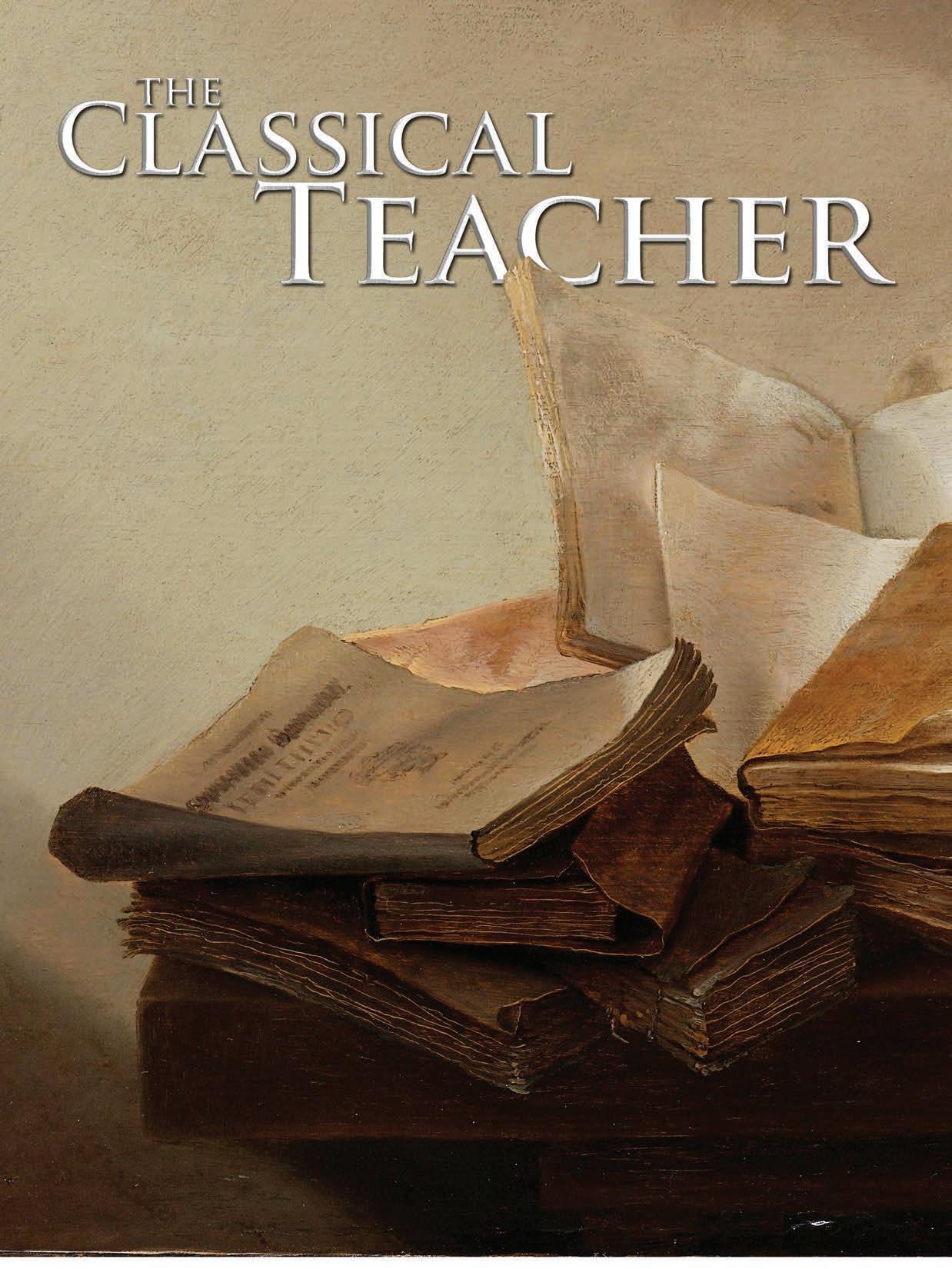 by Wendell Berry
by Wendell Berry
Greek Ruins
by Tracy Lee SimmonsThe Age of Re-Enchantment



 by Joseph Pearce
by Joseph Pearce
How to Think About Literature
by Martin CothranAnumber of years ago, a pastor friend of mine told me that he only read nonfiction and did not read fiction at all. I told him I was considering doing something similar. "What's that?" he asked.
"I am thinking of breathing with only one lung."
It took him a few seconds, but he got my point. He was employing an assumption about literature that I have often encountered: While nonfiction deals with truth, fiction deals with imagination. Why read about imaginary things when you can spend your time reading about truth? I was trying to tell him that sterile facts are not all we need in order to live a meaningful life.
In Charles Dickens' novel Hard Times, the constant refrain of the schoolmaster Thomas Gradgrind to his children is, "Never fancy!" Gradgrind is the paradigm case of the narrow rationalist, who sees only the quantitative and the material aspect of things, and is blind to the qualitative and the poetic aspect of things.
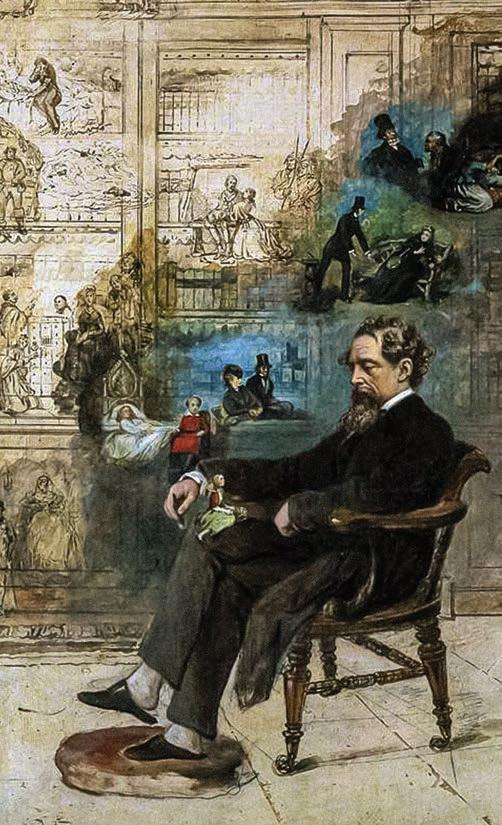
My pastor friend, channeling his inner Gradgrind, would not have said it this way, but he was assuming that nonfiction is true whereas literary fiction is in some sense false. Shouldn't our concern be with the factual rather than with the made up or merely fanciful?
Is it true to say that literature is false? Why would anyone think this? It is true that the events in the story are not factual. When I read Jane Austen or Charles Dickens, I am reading about people who did not exist doing things they never did. But are these stories therefore untrue?
And is it a fact that only facts are true? In fact, can we say that a mere fact is true at all? Doesn't the word "truth" imply something much more than mere facticity? A philosopher will be happy to point out that facts are neither true nor false. Only statements can be true or false. Facts are the elements of truth, but in order to express truth, they must be put in some relation to each other in some meaningful context.
If we only know that something in the world is, we only know part of what we need to know. We need also to know its significance, otherwise why bother knowing it?
The facts are only important if they mean something. This is true even in science. A set of data means nothing without some kind of meaningful interpretation that makes sense of the data. The data tell a story, but it takes an intelligent mind to see what the story is—an intelligent mind that has an imagination, not just an intellect.
Several members of my family are software engineers. Time and again, they have told me that the problem in their field is not an insufficient amount of data, but making sense of the morass of data that they already have. This is the skill, they point out, that is in short supply in the tech industry: people who can see meaning in the data. A piece of information doesn't speak for itself. It must be seen in some larger context.
C. S. ewis once said that the intellect is the "organ of truth; but imagination is the organ of meaning." If we only viewed the world through the lens of factual truth, we wouldn't see it in all its depth and complexity. It would be like seeing the world around us with only one eye: We would see it, but only two dimensionally. We need both eyes—truth and imagination—to see the world in all its fullness.
2 Letter from the Editor by Martin Cothran
58
68
66
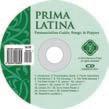
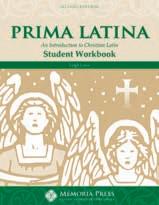
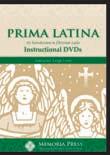
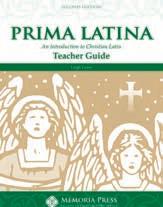 by Leigh Lowe | Grades 1-4
by Leigh Lowe | Grades 1-4


$107.01 complete set (student, teacher, CD, videos, flashcards) $40.14 basic set (student, teacher, CD)
Student $17.35 | Teacher $17.35 | CD $10.00
Videos $55.00 | Flashcards $16.75
Prima Latina is a gentle introduction to Latin speci cally designed for students and teachers with no Latin background. It teaches the basic parts of speech while introducing Latin, grounding students in the fundamental concepts of English grammar. Each lesson includes ve Latin vocabulary words and English derivatives, a Latin saying, a Latin prayer, and grammar exercises. If you are looking for additional support in teaching your student, the author, Leigh Lowe, has recorded detailed Instructional Videos for every lesson that are sure to delight your young students! Prima Latina transitions seamlessly into Latina Christiana.
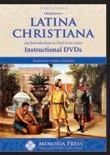 by Cheryl Lowe | Grades 3-6
by Cheryl Lowe | Grades 3-6

Begin your Latin study here or continue on from Prima Latina . Each lesson consists of a grammar form, ten vocabulary words, English derivatives to help build vocabulary, and a Latin saying that teaches students about their Christian and classical heritage.
e Teacher Manual includes a complete copy of the student book with overlaid answers, and provides detailed weekly lesson plans, comprehensive teaching instructions, tests, and weekly quizzes and keys.
$105.01 complete set (student, teacher, CD, videos, flashcards)
$47.07 basic set (student, teacher, CD)
Student $18.40 | Teacher $21.95 | CD $10.00
Videos $55.00 | Flashcards $16.75
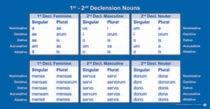
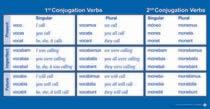
Grades 1-4
Student Workbook $11.50 | Teacher Key $6.00
Help students make connections between the Latin grammar they are learning in Prima Latina and English grammar with these single-page worksheets. We highly recommend this companion book, which can also be used as a standalone review of English grammar to solidify concepts already learned if your student is not doing Prima


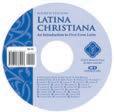
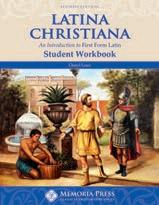
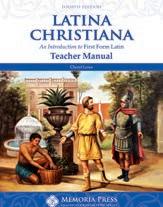
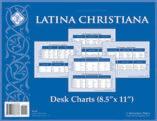
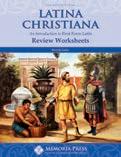
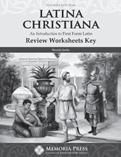
Grades 3-6
Review Worksheets $11.50
Review Worksheets Key $6.00
We highly recommend Latina Christiana Review Worksheets as a companion to Latina Christiana Two pages of cumulative review for every lesson of Latina Christiana will ensure your students get weekly reinforcement of old and new concepts.
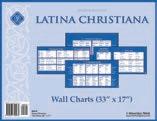
Grades 3-6

Games & Puzzles $13.60 | Games & Puzzles Answer Key $6.00
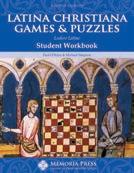
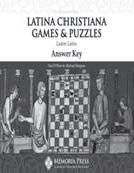
In this activity book we've stu ed enrichment activities of every kind to help your students practice the vocabulary, grammar, and derivatives in Latina Christiana . Students will nd hours of enjoyment playing Latin hangman, solving Latin crossword puzzles, and competing against each other in Latin picture games, while you can secretly delight in the fact that such "fun" work is actually worthwhile!
Wall Charts (left) (33" x 17") (4 charts total) $22.00
Desk Charts (right) (8.5" x 11") (4 charts total) $14.65
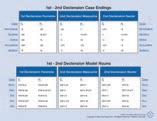
All of the grammar forms from Latina Christiana are organized here in a clean, easy-to-read format that is a perfect visual aid for a classroom wall or student desk.
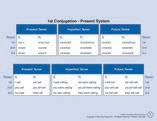
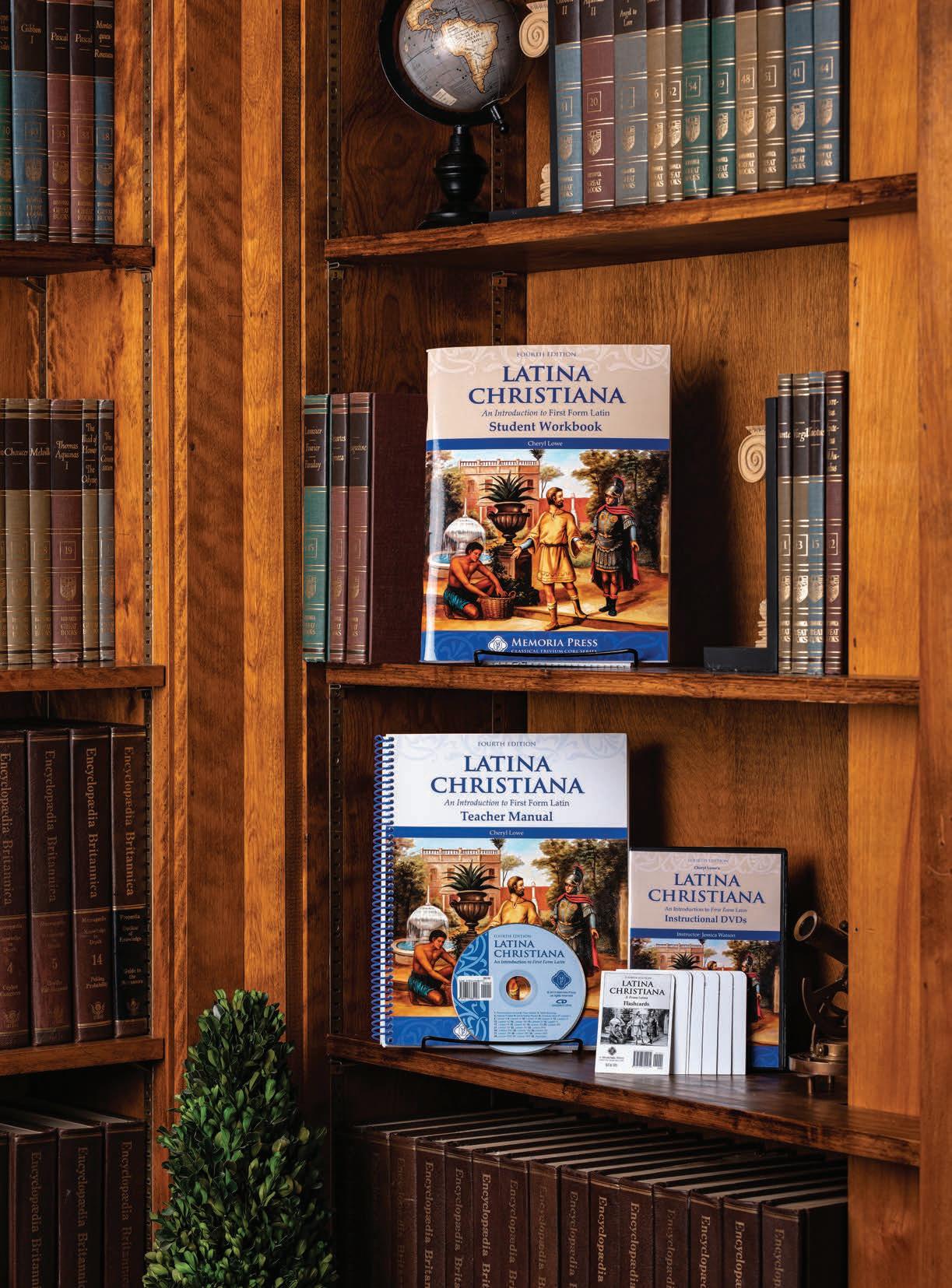
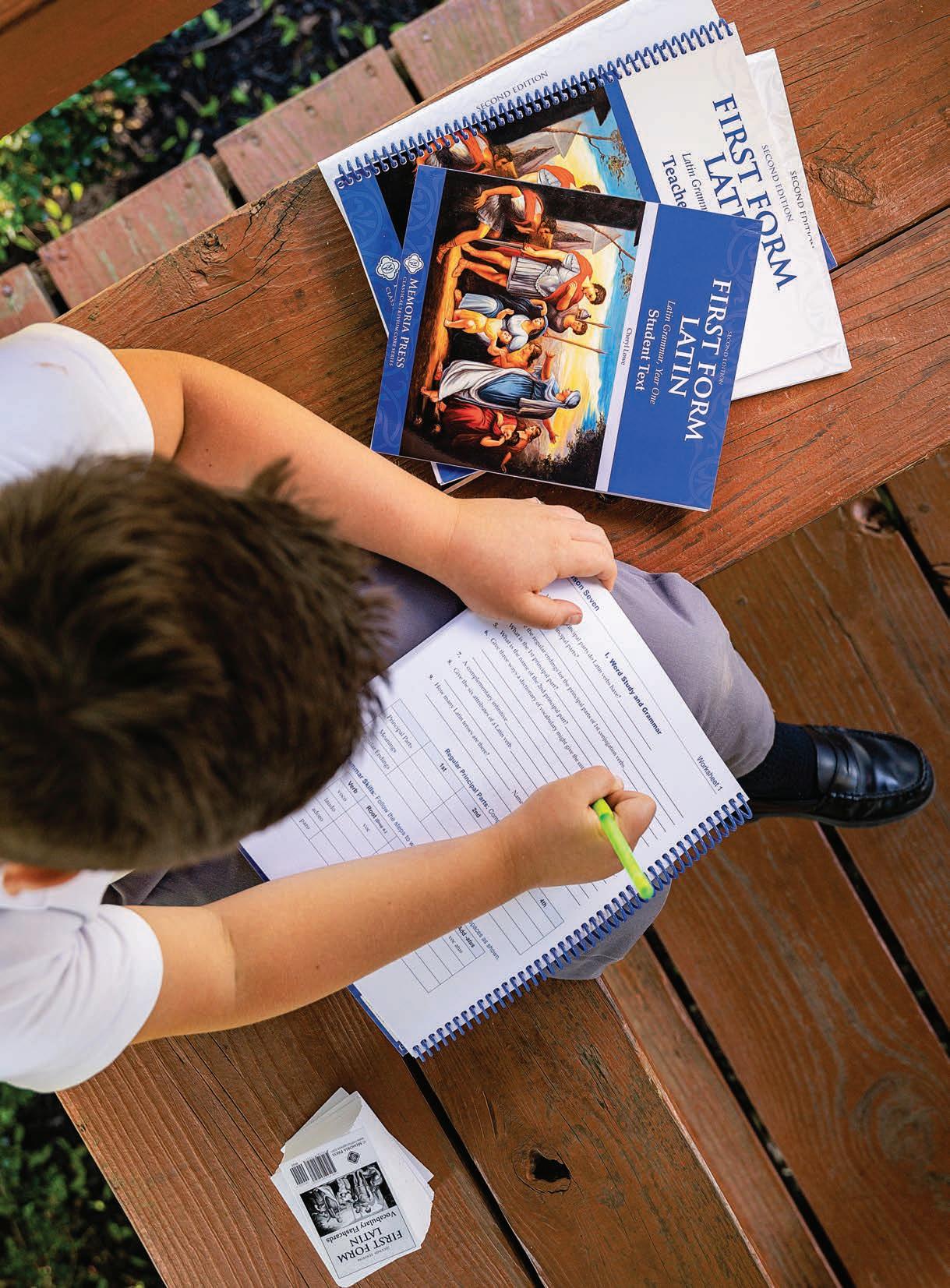

e Latin Forms Series is based on decades of teaching experience and use in private schools and homeschools around the world. First Form is the ideal text for all beginners, grades 5 and up, or is a great follow-up to Latina Christiana. e uniqueness of the Forms Series lies in two features:
1) A systematic, grammar- rst approach to learning Latin that is suitable for the grammar stage student—and all beginners, regardless of age, are in the grammar stage of learning.
2) Extensive workbook exercises that ensure skill mastery and rapid recognition of in ected forms.
Our text and guides help every student (and teacher!) make sense of this di cult subject. A complete set includes:
• 34 two-page lessons in the Student Text are paired with 4-6 pages of Student Workbook exercises, weekly Quizzes, and unit Tests to make sure your students are mastering and retaining what they learn.
• e Pronunciation CD and Flashcards provide constant practice of grammar forms and vocabulary.
• e scripted Teacher Manual and complete Teacher Key give even the most novice Latin teacher the tools to teach with con dence.
• Instructional Videos in DVD or streaming format are also available, to bring the experience and expertise of a Highlands Latin School master teacher into your home.
(First Form shown)
$136.16 complete set ea.
(all 5 books, CD, videos, flashcards)
$75.01 basic setea.
(all 5 books + CD)

Text $15.75 ea. | Workbook $17.35 ea.
Teacher Manual $13.60 ea. | Teacher Key $17.35 ea.
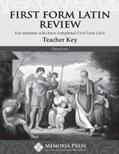
Quizzes & Tests $6.00 ea. | CD $10.00 ea. | Flashcards $16.75 ea.
Instructional Videos: DVDs or Streaming $55.00 ea.
First Form Latin: Latin Grammar, Year One by Cheryl Lowe Grades 5+ (Grades 4+ if completed Latina Christiana)

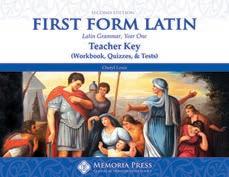

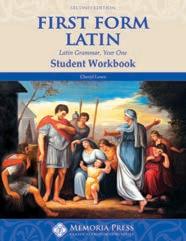
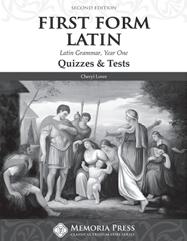
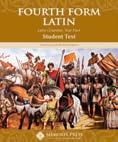
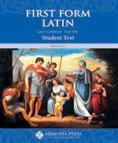
Second Form Latin: Latin Grammar, Year Two by Cheryl Lowe | Grades 6+
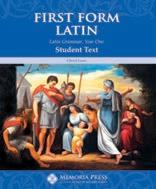
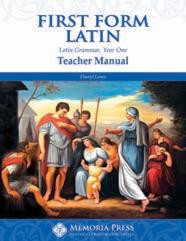
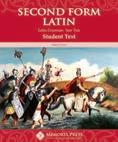
ird Form Latin: Latin Grammar, Year ree by Cheryl Lowe | Grades 7+

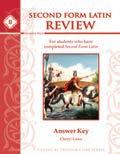 by Cheryl Lowe Grades 5+ Student $14.65 ea. Key $11.50 ea.
by Cheryl Lowe Grades 5+ Student $14.65 ea. Key $11.50 ea.

Fourth Form Latin: Latin Grammar, Year Four by Cheryl Lowe & Michael Simpson Grades 8+
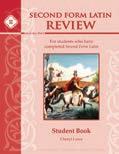

Students are prone to forget what they have learned from year to year—an especially detrimental loss for the Latin student. To prevent this, Memoria Press has developed these summer courses that feature vocabulary review, form drills, and other exercises, all designed to foster mastery and retention.
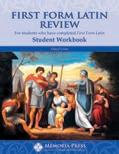
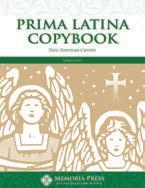
New American Cursive font
Grades 1-4
$16.30
is Latin copybook in the New American Cursive font, featuring vocabulary practice and a page to copy each prayer in Prima Latina, is a great way to help your children practice their Latin while developing penmanship skills.
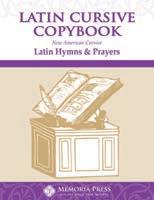
Hymns & Prayers
Grades 4-6
$16.30
Practice your cursive with Latin sayings and hymns and prayers from Latina Christiana, First Form Latin, and Lingua Angelica


Grades 4+ | $28.25 set (flashcards and handbook)
Flashcards for every grammar form taught and recited in our Latin Forms Series and a handbook with a lesson-by-lesson schedule for coordinating with the recitations in First Form through Fourth Form




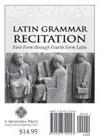
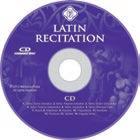
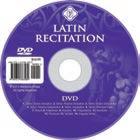
Grades 3+
CD & DVD
$17.35
e entire Latin grammar, presented by Cheryl Lowe.
CD is audio only; DVD includes visual grammar charts.
Memoria Press Guides to the National Latin Exam by Cheryl Lowe, Susan Strickland, and Jon Christianson

Grades 5+
Introduction $11.50
Beginning Latin Exam (formerly Level I) $17.35
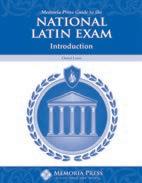
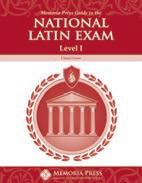
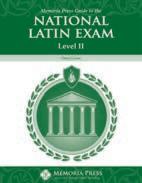
Intermediate Latin Exam (formerly Level II) $21.95
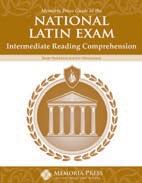
Intermediate Reading Comprehension Exam (formerly Level III) $21.95



ese guides include the vocabulary, grammar, syntax, Roman history, culture, mythology, and geography commonly found on the National Latin Exam. When paired with previous exams, these guides are perfect preparation for the NLE.
Find samples and full product descriptions at MemoriaPress.com!
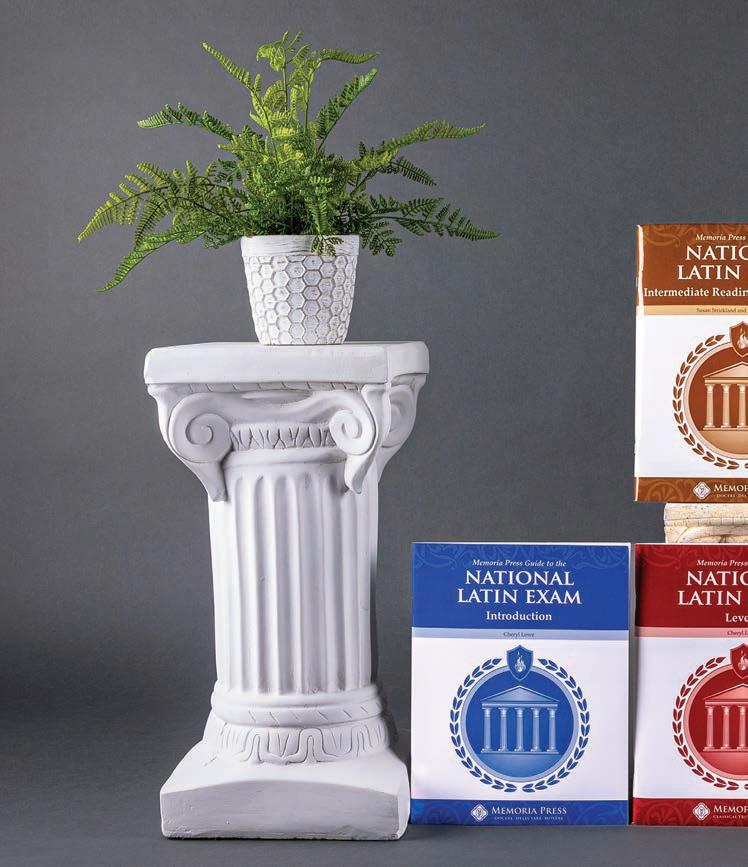




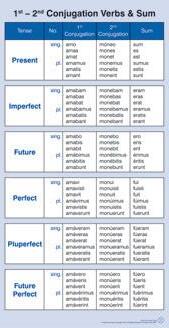




Latin & Greek Roots for Beginners by Paul O'Brien
Grades 6-8
$23.05
An introduction to English vocabulary through a study of Latin and Greek roots.

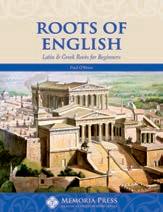

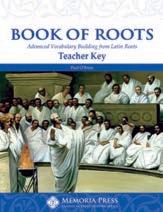
Advanced Vocabulary Building from Latin Roots by Paul O'Brien
Grades 8+
Student $26.20
Key $6.00
Your student will learn the de nition and etymology of over 1,500 English derivatives, along with pre xes, su xes, and supplemental Latin vocabulary lists.
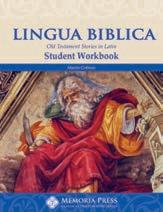
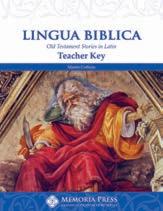
Old Testament Stories in Latin by Martin Cothran
Grades 9+
Student $21.95
Teacher $21.95
Wall Charts (33" x 17")
First Form (4 charts) $22.00
Second Form (3 charts) $22.00


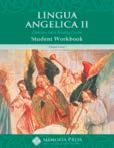
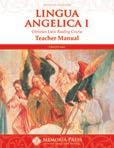
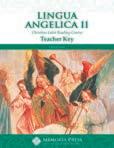
Latin Songs & Prayers (Translation Course)
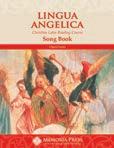
by Cheryl Lowe
$45.68 setea. (student & teacher, song book, & CD)
Student $13.60 ea. | Teacher $19.45 ea.
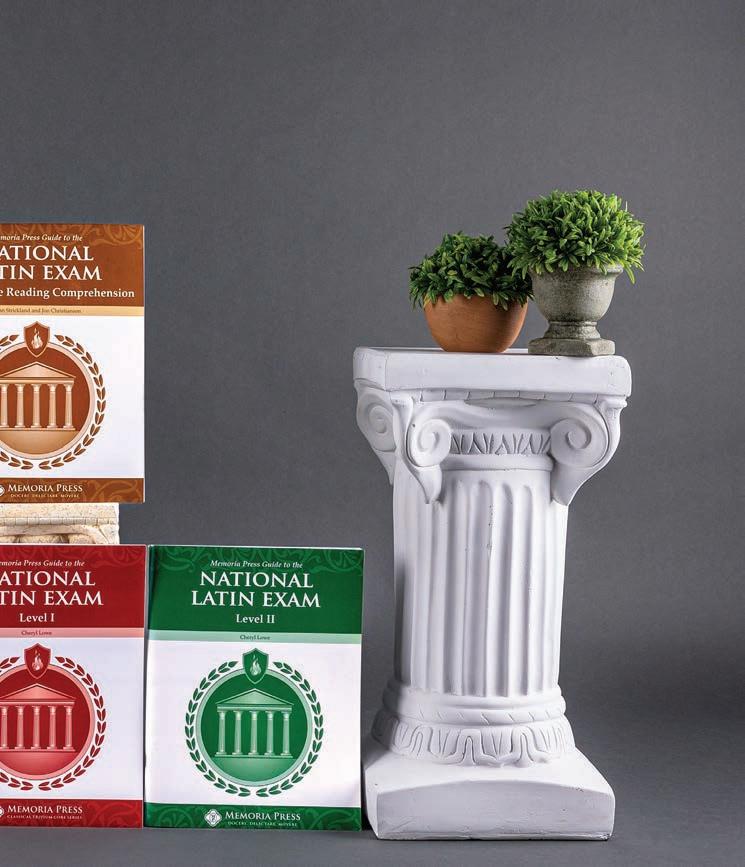
Song Book* $11.50 | Music CD* $12.55
*Used for both LA I and II
Desk Charts (8.5" x 11")
First & Second Form (6 charts) $14.65 ird & Fourth Form (20 charts) $18.40


Translation exercises from the Latin Vulgate. Each lesson includes exercises at three levels of di culty.
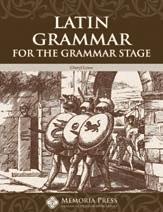
by Cheryl
LoweAll Ages | $17.35
Vocabulary work, interlinear translation exercises, and grammar word study exercises for 28 hymns sung by a six-voice Gregorian chant choir.
A compendium of Latin grammar forms and a basic introduction to Latin syntax. Includes all conjugations and declensions, making it an easily accessible reference.
Originally published in 1945, the Henle Latin Series teaches Latin the traditional way. Our Teacher Manuals split the work of Henle Latin First Year over two years, scheduling what to do every step of the way. e Manuals include scripted lessons for the teacher, additional explanations and practice for the student, and a full answer key. e Quizzes & Tests help you measure your mastery along the way. Note: Though Henle is considered a Catholic text, its superiority as a teaching resource and the outstanding benefits of its Christian perspective also make it appropriate for Protestants.
Advanced Christian Latin
by Robert HenleGrades 9+
$72.80 set (text, key, student, quizzes & tests, flashcards)
Text $21.99 | Key $7.99
Student Guide $18.40
Quizzes & Tests $11.50
Flashcards $16.75
After the completion of Henle Latin First Year or Memoria Press’ Latin Forms Series, the next step for Latin students is Henle Latin Second Year , which rounds out the Latin grammar and introduces students to the text of Caesar’s De Bello Gallico . Memoria Press now offers a Student Guide with comprehensive guidance for each lesson as well as Quizzes & Tests to assess progress and mastery. These resources contain everything needed to succeed in the course and conquer the first step into the world of authentic Latin texts.
Advanced Christian Latin by Robert Henle
Grades 11+
$28.48 set (text, key)
Text $21.99 | Key $7.99
Henle Latin Fourth Year leads students through Cicero's Defense of Archias and the rst six books of the culmination of Latin poetry, Virgil's Aeneid
Advanced Christian Latin by Robert Henle | Grades 8+



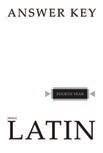
$59.24 Text Set (Henle I text, key, grammar, and flashcards)
$80.60 Units I-V Guides and Instructional Videos Set
(I-V teacher manual, quizzes & tests, instructional videos)
$80.60 Units VI-XIV Guides and Instructional Videos Set
(VI-XIV teacher manual, quizzes & tests, instructional videos)
Henle I Text $21.99 | Henle I Key $7.99 | Henle Grammar $16.99
Henle Latin I Vocabulary Flashcards $18.85
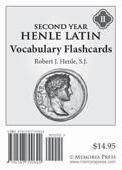
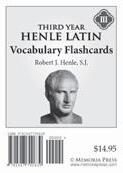

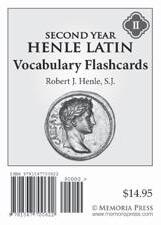
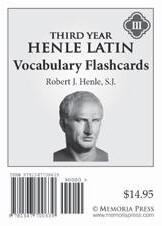
Henle Latin First Year Teacher Manual: Units I-V or VI-XIV $23.05 ea.

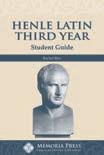
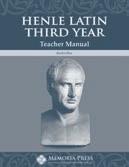



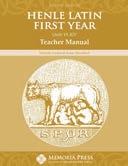


Henle Latin First Year Quizzes & Tests: Units I-V or VI-XIV $11.50 ea.
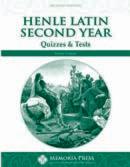
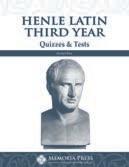
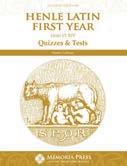
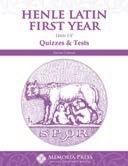
NEW: Henle Latin First Year Streaming Instructional Videos: Units I-V or VI-XIV $55.00 ea.
Advanced Christian Latin by Robert Henle
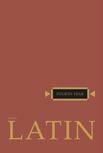
Grades 10+
$94.70 set (text, key, student, teacher, quizzes & tests, flashcards)
Text $21.99 | Key $7.99
Student Guide $18.40

Teacher Manual $23.05
Quizzes & Tests $11.50
Flashcards $16.75
Henle Latin ird Year teaches students to reach beyond grammar and grasp the rudiments of rhetoric with the help of Cicero, perhaps Rome's most illustrious orator. Memoria Press' Student Guide, Teacher Manual, and Quizzes & Tests are sources of invaluable support in learning and mastering rhetorical Latin, even without the guidance of an experienced teacher. ese texts organize the course into a sensible schedule, provide a wealth of insight to assist students in their exercises, and provide levelappropriate assessments to determine mastery of Latin.
Grades 8+
Henle Latin First Year
Flashcards $18.85
Henle Latin Second Year
Flashcards $16.75
Henle Latin ird Year
Flashcards $16.75
Mueller's text and accompanying Teacher's Guide will lead students through Caesar's account of his wars in Gaul. A perfect text for Latin students who are ready to translate, this program includes vocabulary, footnotes, historical background, and other resources, preparing interested students for the Caesar portion of the AP Latin Exam. Memoria Press' Lesson Plans schedule the work and teach, step by step, how to approach Latin translation.
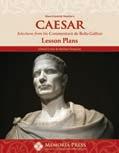
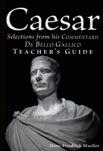
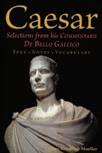 by Hans-Friedrich Mueller
by Hans-Friedrich Mueller
Grades 10+
$81.46 set (text, teacher, lesson plans)
Text $45.00 | Teacher $24.00
Lesson Plans $16.75




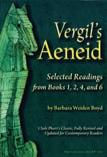
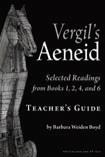 by Barbara Weiden Boyd
by Barbara Weiden Boyd
Student $45.00
Teacher $24.00
is course covers all lines of Vergil on the AP Latin Exam. Each page contains the Latin text, key vocabulary, and English summaries.

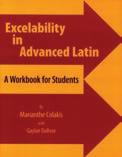
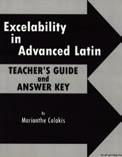 by Marianthe Colakis
by Marianthe Colakis
Student $30.00
Teacher $30.00
is course contains over 75 passages drawn from a variety of Latin authors, translation exercises, multiple choice tests, practice sight-reading Latin, and a comprehensive review of Latin grammar.
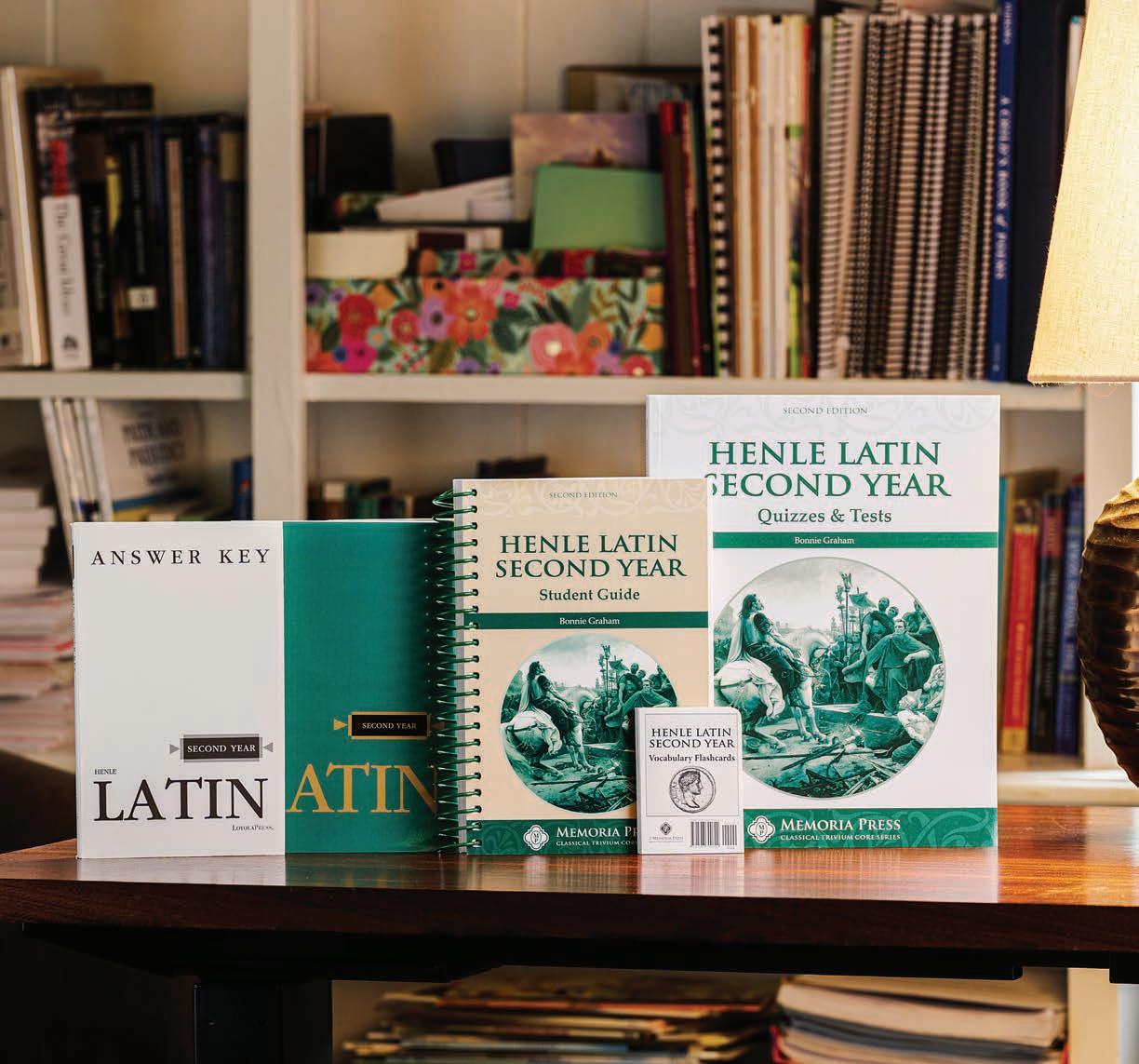
$19.00
All vocabulary appearing ve or more times on the Vergil and Caesar sections of the AP Latin Exam.

Once a common possession of the welleducated, classical knowledge now bobs like flotsam amid the wreckage wrought by a century of educational scuttling. And with the passing of reek and atin we have lost part of the soul of our civilization.
Our Founding Fathers saw in education the key to national prosperity, both as an insurance policy against political tyranny and as an investment for worldly success—although even then dissenters disputed the premium placed upon classics. Benjamin Rush, a physician and a signer of the Declaration of Independence, dallied in 1789 with the idea of a Federal University built on a new model. Expelled from the new university would be those "tyrants" of the old curriculum, reek and atin, along with their cornucopia of poetry, drama, history, and philosophy, which had nourished minds and spirits for centuries. ush's proposal sounds a modern note, confirming a cherished view we hold of ourselves as makers of a novus ordo seclorum (a new order of the ages).
et most educated men of the colonial and federal era were not beguiled by this rash form of cultural independence. Thomas Jefferson wrote to his grandson, just setting out for college, " our atin and reek should be kept up assiduously." John Adams, keeping close tabs on the education of his sons, wrote to young John uincy in 1780: "My wish at present is that your principal attention should be directed to the atin and reek tongues." And Jefferson and Adams were not mere savants; they typified their class and generation. reek and atin furnished their minds, formed their taste, and perfected their style. Allusions to Greeks and Romans run as a constant motif in colonial correspondence and public documents.
Classical education continued to define the standard curriculum for the elite through most of the nineteenth century as well—although in proper American fashion, plenty of others joined them in aspiring to pry open its vast treasure trove. James arfield took his early education at a modest school in Ohio where he drank heady draughts of Homer, Herodotus, ivy, Tacitus, and irgil; it was said that, years later, the ambidextrous arfield, on hearing a sentence in English, could translate it onto paper, one hand into reek, the other into atin. Theodore Roosevelt, the quintessentially American man of action, is said to have maintained his Greek and
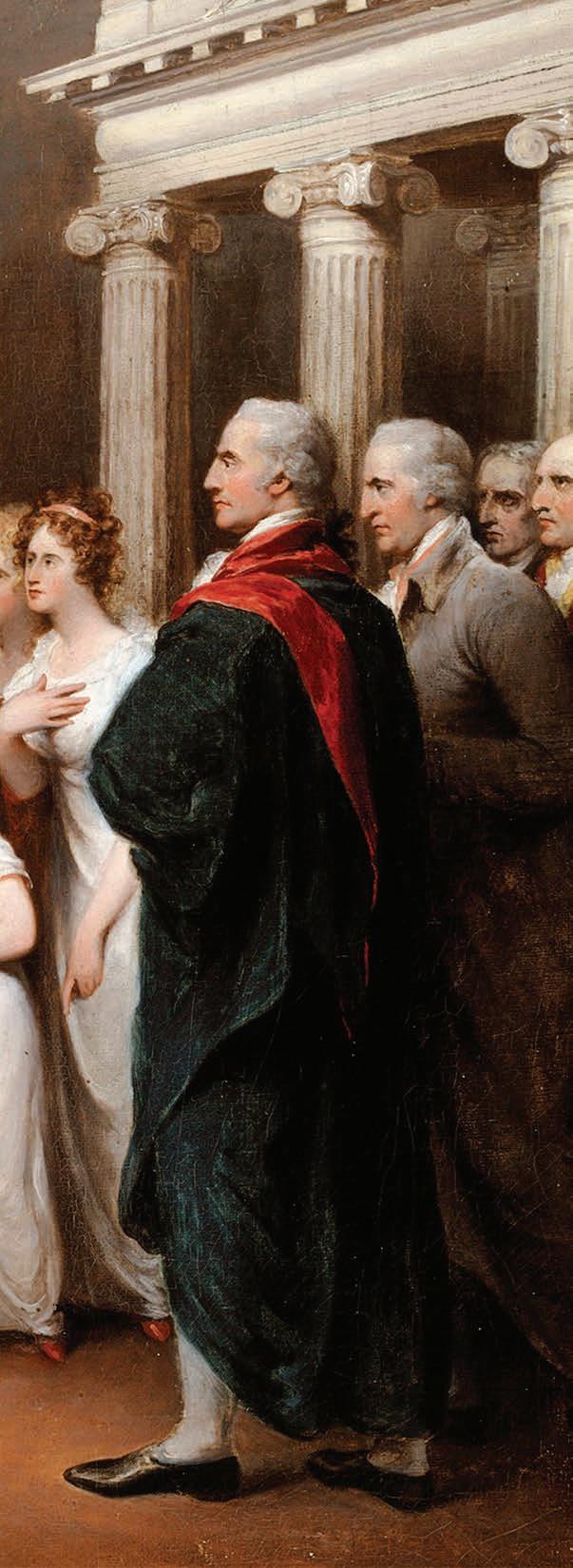
atin reading amid trust-busting and big-game hunting till the end of his life.
Why were generations of students made to suffer the inky travails of learning two difficult languages they would never speak? With concerns about education figuring prominently in the public mind today, we might well ask. After all, if another Constitutional Convention were convened next year, it's not at all clear that the current generation could bring to the chamber the same blend of practicality and learned wisdom—or want of cliché and jargon— that armed the delegates at Philadelphia in 1787.
Classical education has always signified more than reek and atin. The two languages secured the basis for a humanistic training, being the necessary preconditions to access Greek and Roman writings. But they were means, not ends; the text was the thing. Implicit in classics was the irgilian dictum of Felix qui potuit rerum cognoscere causas: Fortunate the man who can understand the causes of things. A classical education conferred full citizenship of the West, forcing its students to plumb the depths of their origins and tap into the vigor of their civilization, to understand it from within by the direct witness of men and women who had presided over its beginnings.
Classics as a discipline, in fact, reigned as the queen of the "humanities" before they became soft, soulless, and politicized—when, in other words, they were still the exacting study of man and his achievements. Classical study opened the student's eyes to another world both like and unlike his own, affording him multiple images of historical exempla, philosophical axioms, and phrases that shone like gemstones and lent poignancy to the world he knew.
It is no accident, then, that so many who gathered at Philadelphia to declare independence and a decade later to draft a constitution were men who had apprenticed themselves to Thucydides, Plato, Aristotle, Polybius, and Cicero, and who could debate at length on the various constitutional forms of the classical world before they chose one for the new American nation. We owe our very existence as a people in great part to classical learning.
But are classics useful today? Probably not, at least not useful by the lights of anyone prompted to ask the question. ike all humanistic learning, classics are not so much useful as they are supra usum, beyond use. The classical pursuit contributed not so much to bodily survival as to intellectual and spiritual sustenance—like scaling mountains or surmounting the Goldberg Variations "To seek utility everywhere is most unsuitable to lofty and free natures," Aristotle observed. Or, as Emerson put it, the unchecked lust for utility "would abolish the rose and exalt in triumph the cabbage."
The best education isn't confined to the Three s; it instills the ineffable. In the words of Phillips Academy's Alfred Stearns, true education aims to develop a human being who is "something bigger and finer than a mere piece of mechanism designed to fit into place in a practical world but devoid of aspiration and idealism, bereft of vision and imagination, forever denied the privilege of tasting the things of the spirit which alone is life."
But what about the ubicon of reek and atin? Why, in a time teeming with good translations, should anyone expend time and energy pounding paradigms, memorizing vocabulary, and mastering obscure points of syntax? The short answer is intimacy. Classical knowledge does not consist only of discrete facts amenable to quick swallowing. Such knowledge is also freighted with thought and expression, exuberant and penetrating utterances not always easily rendered in another tongue. Imagine paraphrasing a poem by Keats or Shelley in contemporary lingo: We know instinctively that the result would be lacking. For literature isn't just ideas; it's sound and sense together. Epic and lyric poems are more than plot lines and naturalistic images; they're products of the human imagination which must be heard and felt in a certain manner.
Furthermore, long after proficiency with the languages had lapsed, the pains taken early on kept those who had learned them aware that words grant keys to the precincts of the mind. eading or writing atin is an exercise in brevity; not even the taut suppleness of Greek matches for economy the lapidary quality of the Roman tongue. ong exposure to its syntax may well account for some of the finest prose of yesterday, for even those who never had atin inhabited a culture where its drive for the mot juste was felt and emulated.
The decline of classical studies leaves a vacuum within American culture which is more discomfitingly apparent every year. And the real loser is the educated public at large: the people who vote, who read books, newspapers, and magazines, who watch clever talking heads spouting opinions on cable news networks with exquisite inarticulation and then imitate them—the people, in short, who can't retain disciplined habits of expression because they never learned them. Perhaps the most telling legacy of the passing of reek and atin isn't the college freshman incapable of declining atin nouns; it's the schoolteacher unable to distinguish can from may.
Once a classical education could be rejected; now it can't even be described. et classics still march under the tattered standard of hard learning. They are the fifth column of the last legion. "Classics, in spite of our friend ush," Adams wrote to Jefferson, "I must think indispensable." "It sticks," Kipling's Mr. King says to Stalky. "A little of it sticks among the barbarians."
StoryTime Treasures
More StoryTime Treasures
StoryTime & More StoryTime Treasures
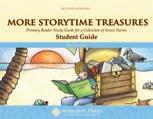
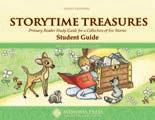

StoryTime Treasures
$49.28 set (guides & novels)
Student Guide $17.35
Teacher Guide $19.45
Little Bear $4.95

Caps for Sale $8.99

Frog and Toad Are Friends $4.99

Make Way for Ducklings $9.99

More StoryTime Treasures
$71.03 set (guides & novels)
Student Guide $17.35
Teacher Guide $19.45

Billy and Blaze $8.99
Blaze and the Forest Fire $9.99



e Story About Ping $5.99
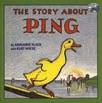
Keep the Lights Burning, Abbie $7.99
Stone Soup $7.99

e Little House $7.99
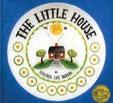
Miss Rumphius $8.99
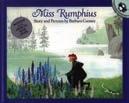
$96.30 guide set (student & teacher guides)
$146.99 guides + novelsset (guides & novels)
Student Guide $13.50 ea.
Teacher Guide $7.90 ea.
Animal Folk Tales of America $12.95


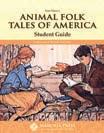
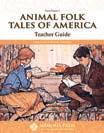
Prairie School $4.99

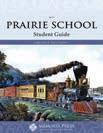
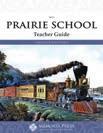
e Courage of Sarah Noble $5.99


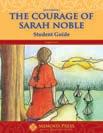
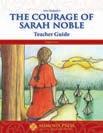
Little House in the Big Woods $9.99
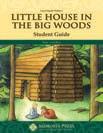
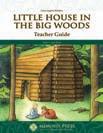
Beatrix Potter novels $7.99 ea.



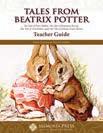
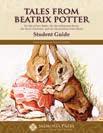
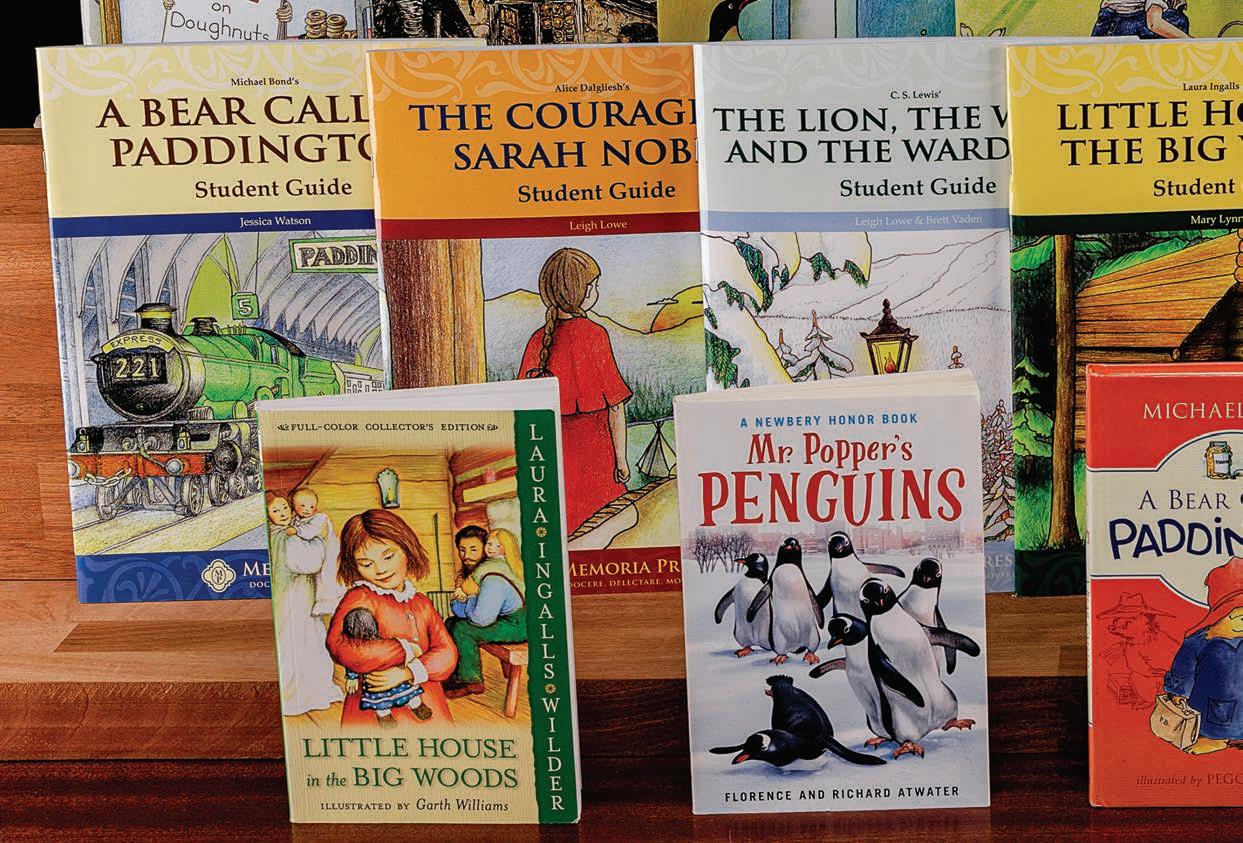
Recommended Supplement:
Literature Dictionary $6.00


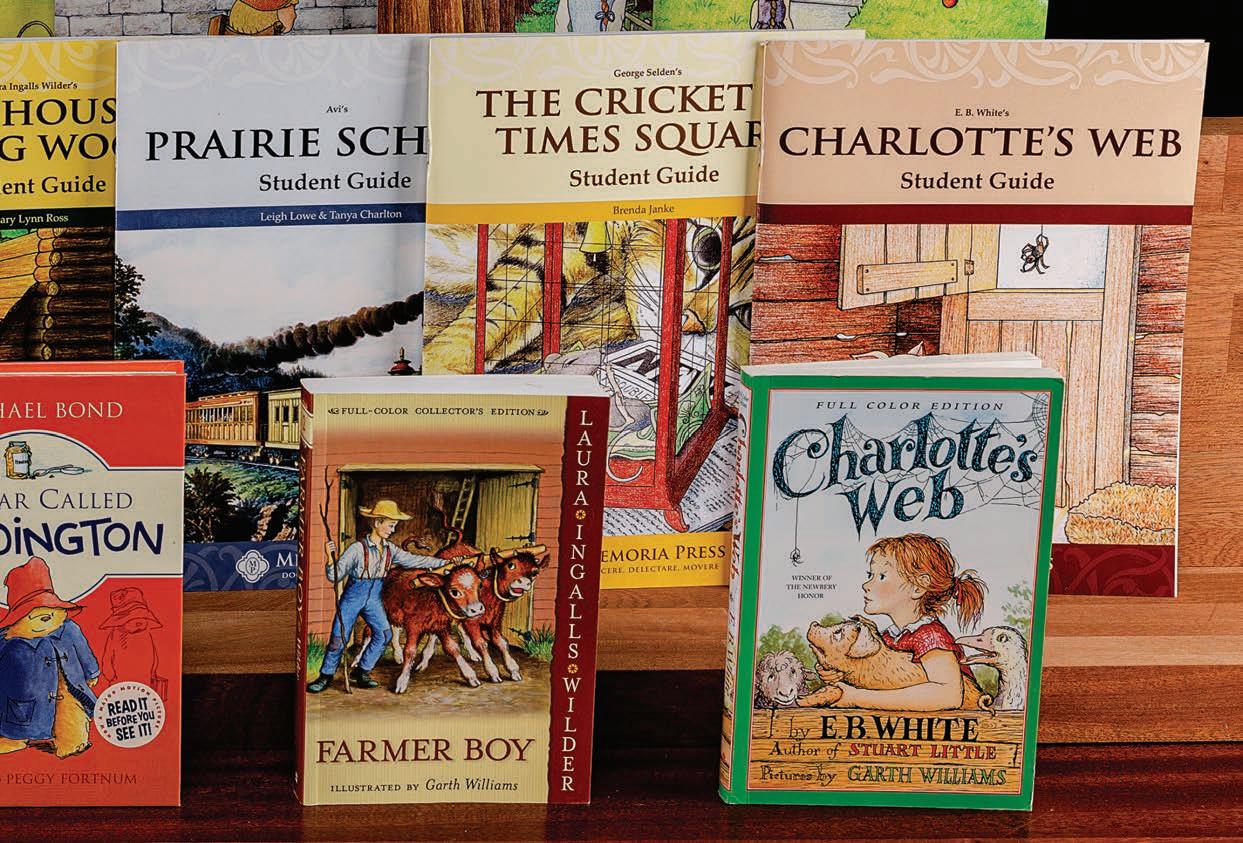
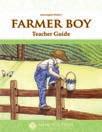
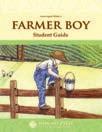

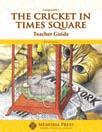
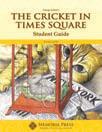

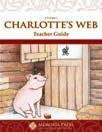
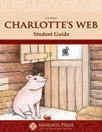


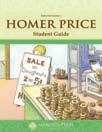

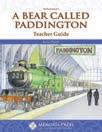
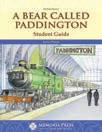


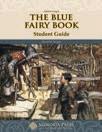

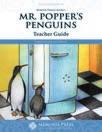
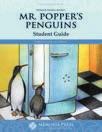

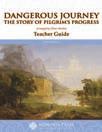
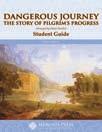
$76.98 guide set (student & teacher guides) $103.55 guides + novelsset
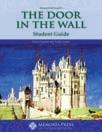
Lion, the Witch and the Wardrobe
$102.64 guide set (student & teacher guides)
guides + novelsset (student and teacher guides & novels)

of the Road
e Door in the Wall
e Adventures of Robin Hood Student Guide $13.50

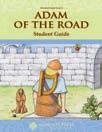
Teacher Guide $13.50 e Adventures of Robin Hood $8.99

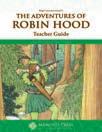

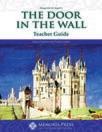



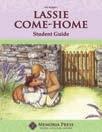
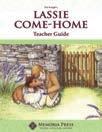

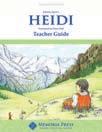


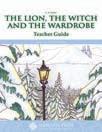

King Arthur and His Knights of the Round Table
Student Guide $13.50 Teacher Guide $13.50
King Arthur and His Knights of the Round Table $8.99

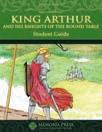
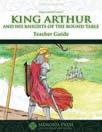

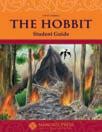
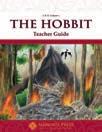

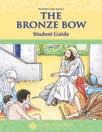
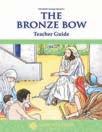

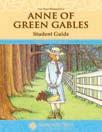
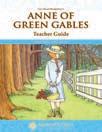

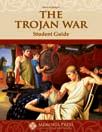
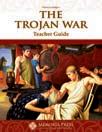

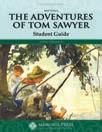
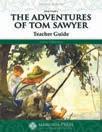

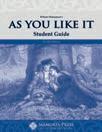
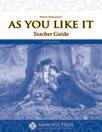

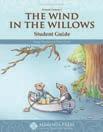


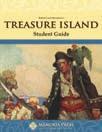
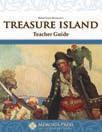
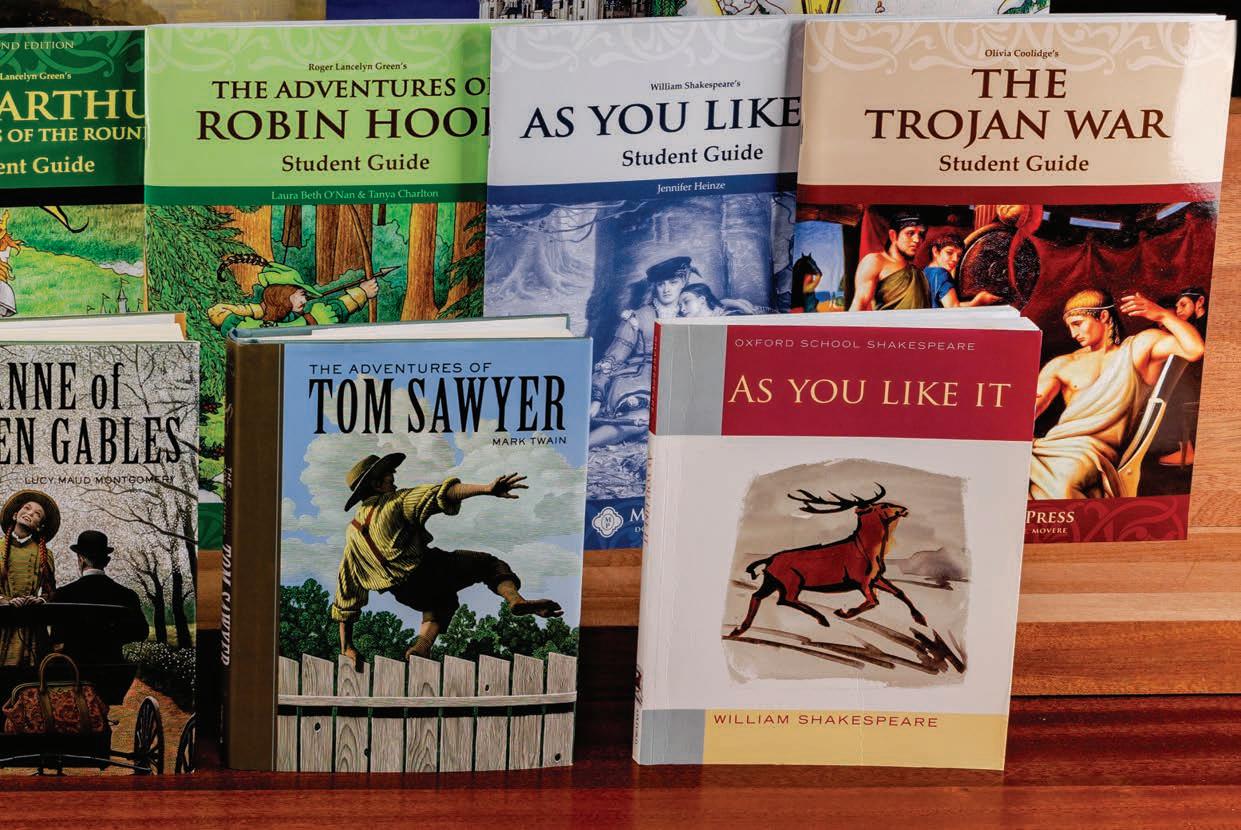

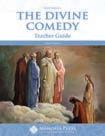
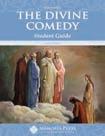

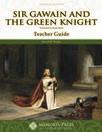


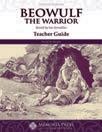


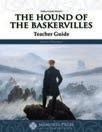


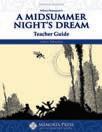
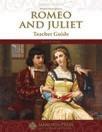


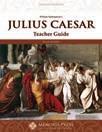


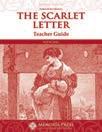


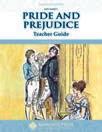


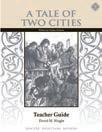


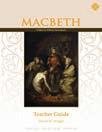


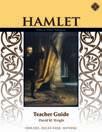


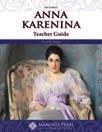




e Mo ats Grades 3-4
Student Guide $13.50 Teacher Guide $13.50
e Mo ats $9.99
My Side of the Mountain Grades 4-5
Student Guide $13.50 Teacher Guide $13.50
My Side of the Mountain $8.99
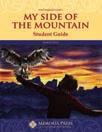
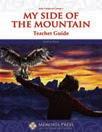
e Twenty-One Balloons Grades 5-7
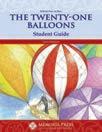

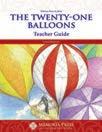
Student Guide $13.50
Teacher Guide $13.50
e Twenty-One Balloons $7.99
e Magician's Nephew Grades 5-7
Student Guide $13.50
Teacher Guide $13.50
e Magician's Nephew $9.99
Little Women Grades 8-9
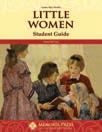

Student Guide $13.50
Teacher Guide $13.50
Little Women $14.95
Henry IV, Part 1 Grades 9+
Student Guide $13.50
Teacher Guide $13.50
Henry IV, Part 1 $9.99

Henry V Grades 9+
Student Guide $13.50
Teacher Guide $13.50 Henry V $9.99
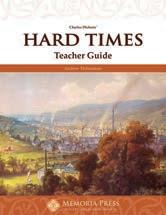

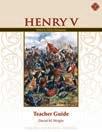
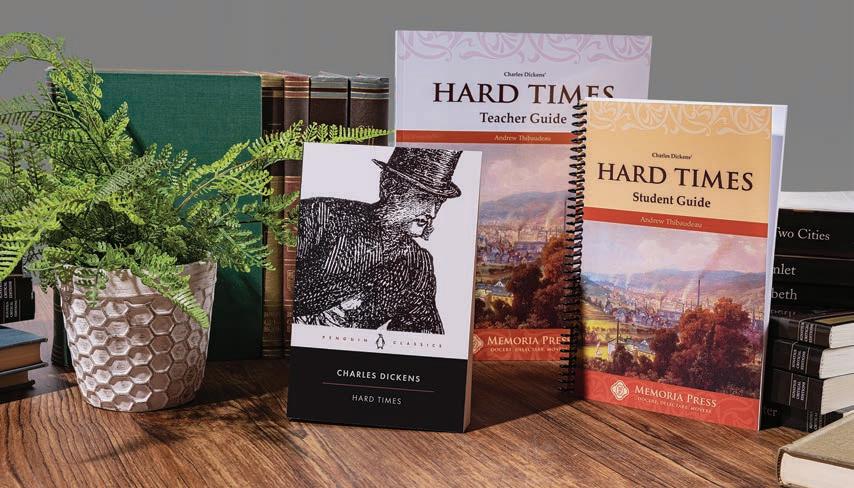
King Lear Grades 9+
Student Guide $13.50
Teacher Guide $13.50
King Lear $7.95


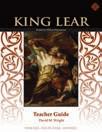
e Merchant of Venice Grades 9+
Student Guide $13.50
Teacher Guide $13.50
e Merchant of Venice $7.95


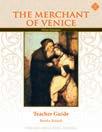
Wuthering Heights Grades 9+
Student Guide $13.50
Teacher Guide $13.50 Wuthering Heights $8.99


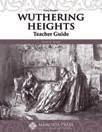



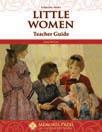
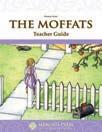
e Great Gatsby Grades 9+

Student Guide $13.50 Teacher Guide $13.50
e Great Gatsby $17.00


Jane Eyre Grades 9+


Student Guide $13.50 Teacher Guide $13.50 Jane Eyre $11.95
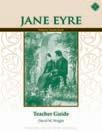
Robinson Crusoe Grades 9+
Student Guide $13.50 Teacher Guide $13.50 Robinson Crusoe $10.00

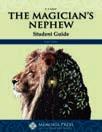
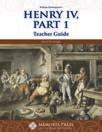



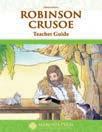
To Kill a Mockingbird Grades 9+

Student Guide $13.50
Teacher Guide $13.50
To Kill a Mockingbird $16.99


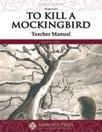
Canterbury Tales Grades 9+
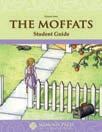
Student Guide $13.50 Teacher Guide $13.50
Canterbury Tales $13.60

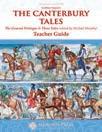

Hard Times Grades 9+
Student Guide $13.50
Teacher Guide $13.50
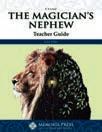
Hard Times $9.00
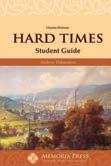
Children's literature could save the world. I believe that. Stories and books are the primary means of passing culture on to children and have been for countless generations. If we claim to want authority over our children's education we should refuse to relinquish the privilege of educating them to technology in our homes, cars, and schools.
Think about the typical experience of reading a story with a child. Importantly, it is human and interpersonal. Distractions are removed, a cozy spot is selected, and content is deliberately chosen. There's delight in sharing—not just a story, but a space, a hug, a snack. Reading together means being passengers together on a journey that offers adventures, challenges, laughter. Together, the same characters are encountered, the same scenes are revealed, and the same resolutions land on our hearts.
Now contrast this with the experience a child commonly has with technology. It is usually isolating— the child sits in front of a screen, alone or in another room. Perhaps there are headphones to further remove the child from his environment. Physically, technology does not just discourage interaction, it refuses it. The medium dictates everything—the pace, the senses, the story. Even if the parent fully approves of the content (difficult, even with effort), commentary cannot be added that supports or rejects what is happening sentence by sentence or scene by scene. There is no chance to analyze characters or decisions. alues and beliefs are certainly being transmitted, but which ones? Whose?
Saving the world through our children must include engaging with books contemplatively and in community. So, may I suggest starting a children's book club—our lives just might depend on it.
Most of us have been involved in adult book clubs, but the most enjoyable and profitable book groups I have been a part of have focused on my children and their age-appropriate books. The important thing about a book club for children is that it is not school. But, that does not mean that the books cannot be enjoyed and engaged with in meaningful, memorable ways.
I have hosted book clubs with my children for the last decade. There is really nothing special about the way I do it, but I happily and humbly offer suggestions and caveats if you are interested in starting your own.
First, find like-minded families. By this, I mean find people who will want to read a book and focus the gathering on it. Choosing reading companions is a

little like choosing a spouse. ne must be discerning. I have been invited to wonderful book groups with charming, intelligent people whom I thoroughly enjoy, but if literary interests do not align, the point is lost. This does not mean everyone must agree about everything—the best part of the conversation often comes from dissension. Good reading-fellows simply share values about the goal of the gathering, which is exaltation of a worthwhile book. This seems so basic. But I cannot tell you how many "book club ruses" I have belonged to. Keeping a children's book club on track requires commitment and at least one parent who can rein in sidebar conversations.
The next crucial point: Set expectations. Decide at the beginning what kind of books you will read, at what frequency, and under whose facilitation. We all know leisure time is limited; a purposeful book club must be conscientious about its goals. The parent facilitator position can rotate, but consider to what extent you expect the leader to prepare (reading the entire book, leading discussions, preparing questions, planning activities). Then, commit!
May I also suggest: Be genuinely thoughtful and detailed about your selections. Broad topics can prove problematic because the berths are too wide.Perhaps make the first three selections so it is clear where your stream lies. I have found that once a group is well established, collaborative or rotating book selection responsibility can work. But trust and comfort must be established first.
Next: Decide on your format. I have always called my children's book clubs "parties" which happen to be themed around a book. I invite guests about a month in advance so there is ample time to read. My children and I hosted a ew ork ew ork party with pizza and cheesecake for The Cricket in Times Square, we had a proper British Tea with scones and marmalade when we read Paddington, and I hosted a fun princes and princesses party to talk about fairy tales. We usually talk about the book for about an hour first, perhaps enjoy a related craft or activity, then the kids enjoy themed foods and play while the parents visit. We host our book club parties about once a month during summers, but we often add one during Christmas break too. If self motivation wanes, my kids know they
are accountable to their friends and that a fun party is ahead of them when they read well.
So, how will you get the conversation started? Be prepared and be intentional about discussion.
• I like to encourage book marking while reading (for unfamiliar words, literary devices, questions, or ideas that need teasing out, etc.). This involves the readers and relieves the facilitator of all the responsibility. I suggest this when the invitation is sent, about a month before the party.
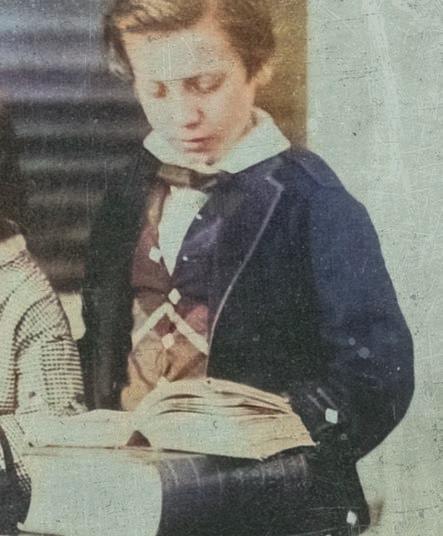
• To build a habit of appreciation around books, you might also ask every student to come up with an example of something Beautiful (a turn of phrase, an illustration, a behavior or decision), or Good, or True (not just factually, but metaphysically).
• Go back to basics. Who is the author? The illustrator? What is the copyright date? Are you familiar with this author's other work? This puts the book in context and invites the readers to seek out related books by period, author, or style.
• Resist the urge to only ask easy, shallow questions like, "Did you like the book?" Teach students to pay attention to details and draw meaning from the author's choices. This approach prioritizes contemplation as opposed to completion when reading. Ask students to find a sentence that is funny, a situation that bothered them, or a moment when they felt suspense or delight. Help students notice literary devices like repetition or alliteration or rhyme. Find symbols. Discuss similes and metaphors—why would the author compare these two things? Why do you think a character is so named? Why do you think a title was given?
• Consider broader ideas once the details have been covered. This encourages a "Great Conversation" perspective. What is the main theme? What does this book teach us? Does it make you think of other books, either for similarity or contrast? Does the book itself allude to other authors or books? What ideas does it leave you contemplating? Would you recommend it to a friend? Why or why not?
• Use available resources to draw out discussion, like Memoria Press literature guides. Rather than using them comprehensively as you would for school, pick out a few interesting reading notes, comprehension questions, or discussion questions as launching points. Many publishers include discussion questions at the end of the book as well.
Finally, have faith! When we as parents prioritize reading and put in the time and attention necessary to make it positive, enjoyable, and formative, I believe we actually have a shot at competing with everything else that is trying to steal our children's attention. We should not underestimate the power of children and their books. We're counting on both to save the world.
Grades K-2 | $10.45
Your child will be delighted by the whimsy and inspired by the beauty of the beloved poems in our Poetry for the Primary Stage anthology. ese selections are perfect for family read-aloud time or memorization practice.
Grades 3-7
$48.61 set
(student, teacher, anthology)
Student $16.75
Teacher $18.85
Anthology $18.40
Our illustrated anthology is the perfect companion for this study guide, which includes vocabulary work and comprehension questions, and beginning concepts of poetry analysis. Poems increase in difficulty as students move through the book in each year of the grammar stage.

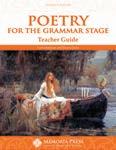
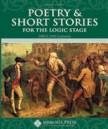
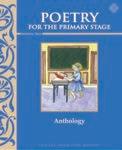
Grades 7+
$52.79 set
(student, teacher, anthology)
Student $17.80 | Teacher $19.90
Anthology $20.95
Revisit the Old World elegance of Irving's prose and the range of Poe's romanticism. Enjoy the Fireside Poets—Longfellow, Whittier, and Holmes. Rediscover the rich, varied authenticity of American literature with this anthology and study guide.

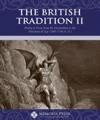
Poetry, Prose, & Drama (Book I): e Old English & Medieval Periods

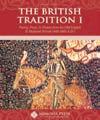
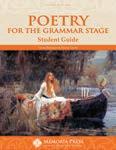
Poetry & Prose (Book II): e Elizabethan to the Neoclassical Age
Poetry (Book III): e Romantic to the Victorian Age
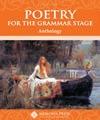
Grades 8+ | $52.79 set ea. (student, teacher, anthology)

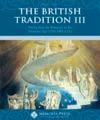

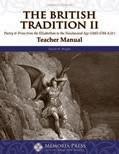
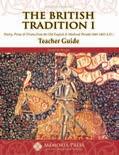
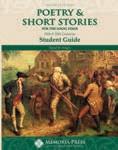
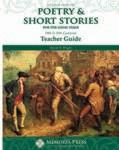
Student $17.80 ea. | Teacher $19.90 ea. | Anthology $20.95 ea.
Did you ever wish you didn't have to sort through all the thousands of poems that have been written over the years to nd the best of the best? Cheryl Lowe has done the work for you in these British poetry anthologies, from legendary knights to staid victorians. Use our accompanying study guides for a full-year course that guides students into a deeper understanding of the most important and in uential poetry, prose, and drama in the British tradition.
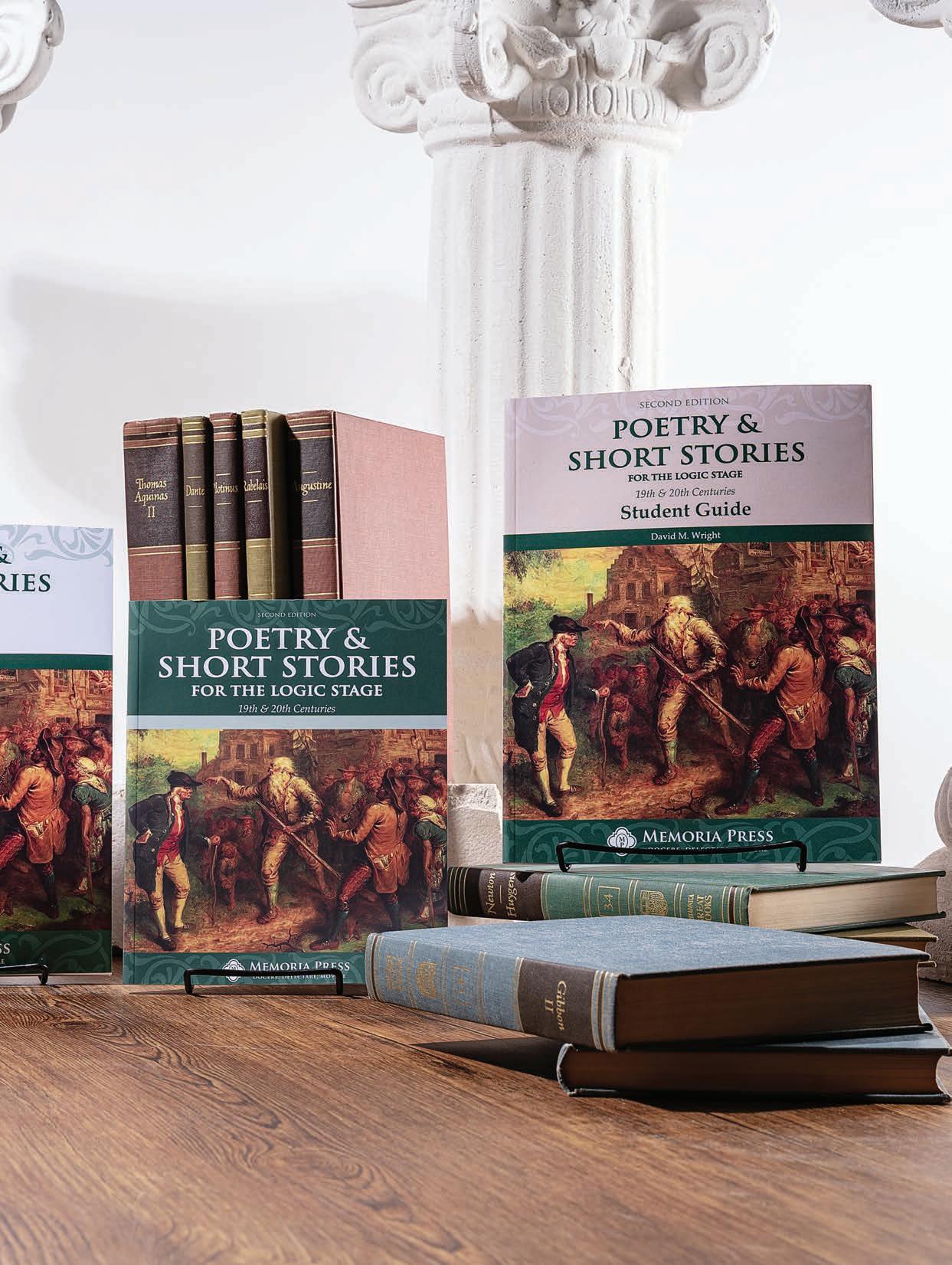


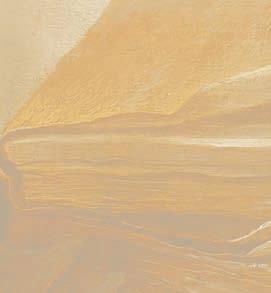


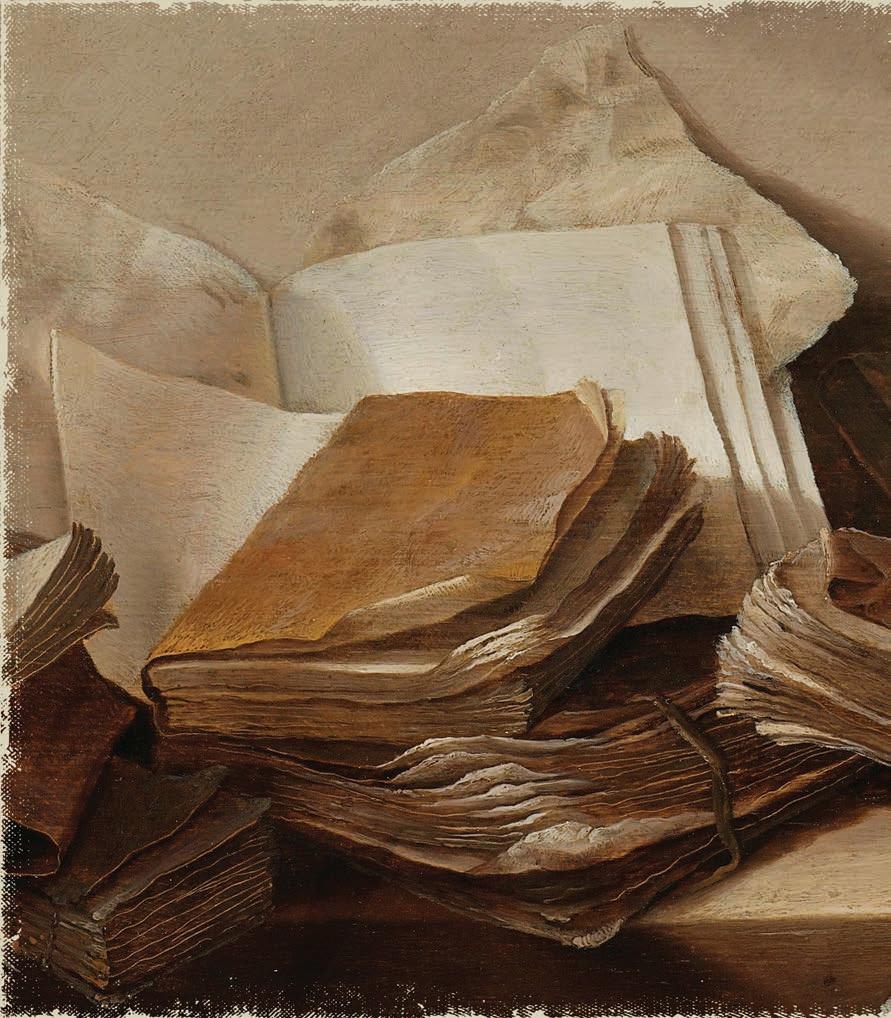
 by Wendell Berry
by Wendell Berry




Ina country in which everybody goes to school, it may seem absurd to offer a defense of literacy, and yet I believe that such a defense is in order, and that the absurdity lies not in the defense, but in the necessity for it. The published illiteracies of the certified educated are on the increase. And the universities seem bent upon ratifying this state of things by declaring the acceptability in their graduates of adequate—that is to say, of mediocre—writing skills.
The schools, then, are following the general subservience to the "practical," as that term has been defined for us according to the benefit of corporations. By "practicality" most users of the term now mean whatever will most predictably and most quickly make a profit. Teachers of nglish and literature have either submitted, or are expected to submit, along with teachers of the more "practical" disciplines, to the doctrine that the purpose of education is the mass production of producers and consumers. This has forced our profession into a predicament that we will finally have to recognize as a perversion. As if awed by the ascendency of the "practical" in our society, many of us secretly fear, and some of us are apparently ready to say, that if a student is not going to become a teacher of his language, he has no need to master it.

In other words, to keep pace with the specialization—and the dignity accorded to specialization—in other disciplines, we have begun to look upon and to teach our language and literature as specialties. But whereas specialization is of the nature of the applied sciences, it is a perversion of the disciplines of language and literature. When we understand and teach these as specialties, we submit willy-nilly to the assumption of the "practical men" of business, and also apparently of education, that literacy is no more than an ornament: When one has become an efficient integer of the economy, then it is permissible, even desirable, to be able to talk about the latest novels. After all, the disciples of "practicality" may someday find themselves stuck in conversation with an English teacher.

I may have oversimplified that line of thinking, but not much. There are two flaws in it. One is that, among the self-styled "practical men," the practical is synonymous with the immediate. The long-term effects of their values and their acts lie outside the boundaries of their interest. For such people a strip mine ceases to exist as soon as the coal has been extracted. Short-term practicality is long-term idiocy.
The other flaw is that language and literature are always about something else, and we have no way to predict or control what they may be about. They are about the world. We will understand the world, and preserve ourselves and our values in it, only insofar as we have a language that is alert and responsive to it, and careful of it. I mean that literally. When we give our plows such brand names as "Sod Blaster," we are imposing on their use conceptual limits that raise the likelihood that they will be used destructively. When we speak of man's "war against nature," or of a "peace offensive," we are accepting the limitations of a metaphor that suggests, and even proposes, violent solutions. When students ask for the right of "participatory input" at the meetings of a faculty organization, they are thinking of democratic process, but they are speaking of a convocation of robots, and are thus devaluing the very traditions that they invoke.
Ignorance of books and the lack of a critical consciousness of language were safe enough in primitive societies with coherent, oral traditions. In our society, which exists in an atmosphere of prepared, public language—language that is either written or being read—illiteracy is both a personal and a public danger. Think how constantly "the average American" is surrounded by premeditated language, in newspapers and magazines, on signs and billboards, on T and radio. He is forever being asked to buy or believe somebody else's line of goods.
The line of goods is being sold, moreover, by men who are trained to make him buy it or believe it, whether or not he needs it or understands it or knows its value or wants it. This sort of selling is an honored profession among us. Parents who grow hysterical at the thought that their son might not cut his hair are glad to have him taught, and later employed, to lie about the quality of an automobile or the ability of a candidate.
What is our defense against this sort of language— this language-as-weapon? There is only one. We must know a better language. We must speak, and teach our children to speak, a language precise and articulate and lively enough to tell the truth about the world as we know it. And to do this we must know something of the roots and resources of our language; we must know its literature. The only defense against the worst is a knowledge of the best. By their ignorance people enfranchise their exploiters.
But to appreciate fully the necessity for the best sort of literacy we must consider not just the environment of prepared language in which most of us now pass most of our lives, but also the utter transience of most of this language, which is meant to be merely glanced at, or heard only once, or read once and thrown away. Such language is by defi nition, and often by calculation, not memorable; it is language meant to be replaced by what will immediately follow it, like that of shallow conversation between strangers. It cannot be pondered or effectively criticized. For those reasons an unmixed diet of it is destructive of the informed, resilient, critical intelligence that the best of our traditions have sought to create and to
maintain—an intelligence that Jefferson held to be indispensable to the health and longevity of freedom. Such intelligence does not grow by bloating upon the ephemeral information and misinformation of the public media. It grows by returning again and again to the landmarks of its cultural birthright, the works that have proved worthy of devoted attention.

"Read not the Times. Read the Eternities," Thoreau said. Ezra Pound wrote that "literature is news that STA S news." In his lovely poem, "The Island," dwin Muir spoke of man's inescapable cultural boundaries and of his consequent responsibility for his own sources and renewals:
Men are made of what is made,
The meat, the drink, the life, the corn, aid up by them, in them reborn.
And self-begotten cycles close









About our way; indigenous art

And simple spells make unafraid


The haunted labyrinths of the heart
These men spoke of a truth that no society can afford to shirk for long: We are dependent, for understanding, and for consolation and hope, upon what we learn of ourselves from songs and stories. This has always been so, and it will not change.
I am saying, then, that literacy—the mastery of language and the knowledge of books—is not an ornament, but a necessity. It is impractical only by the standards of quick profit and easy power. onger perspective will show that it alone can preserve in us the possibility of an accurate judgment of ourselves, and the possibilities of correction and renewal. Without it, we are adrift in the present, in the wreckage of yesterday, in the nightmare of tomorrow.
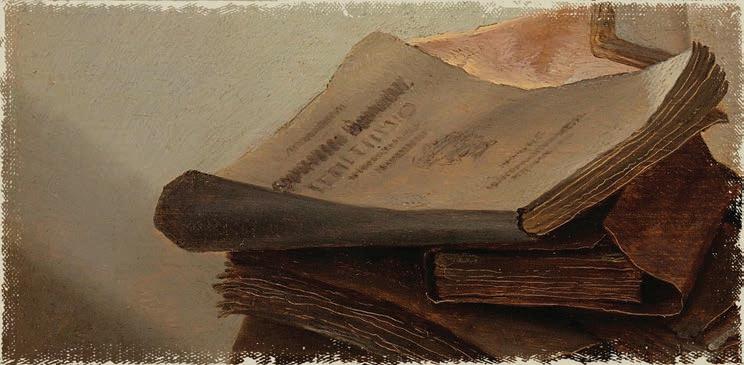
We must speak, and teach our children to speak, a language precise and articulate and lively enough to tell the truth about the world as we know it.

• Simply Classical: A Beautiful Education for Any Child by Cheryl Swope $26.00

• A Defense of Latin and Classical Education edited by Cheryl Lowe $11.55
• Climbing Parnassus: A New Apologia for Greek and Latin by Tracy Lee Simmons $19.99

• From Achilles to Christ: Why Christians Should Read the Pagan Classics by Louis Markos $28.00

• e Recovery of Real Education: A selection of articles from e Classical Teacher $10.45
• e Great Books: A Journey rough 2,500 Years of the West's Classic Literature by Anthony O'Hear $22.00

• e Great Tradition: Classic Readings on What It Means to Be an Educated Human Being edited by Richard M. Gamble $29.99
• e Well-Educated Mind: A Guide to the Classical Education You Never Had by Susan Wise Bauer and Jessie Wise $35.00

• e Well-Trained Mind: A Guide to Classical Education at Home by Susan Wise Bauer $39.95
• How to Read a Book: e Classic Guide to Intelligent Reading by Mortimer J. Adler and Charles Van Doren $19.99

• Figures of Speech: 60 Ways to Turn a Phrase by Arthur Quinn $44.95
• Rhetoric by Aristotle $5.00
• Medieval Literacy: A Compendium of Medieval Knowledge with the Guidance of C. S. Lewis by James Grote $29.95

• Seven Myths About Education by Daisy Christodoulou $42.95
• Why Knowledge Matters: Rescuing Our Children from Failed Educational eories by E. D. Hirsch, Jr. $33.00
• e Schools We Need: And Why We Don't Have em by E. D. Hirsch, Jr. $17.95


• Why Freshmen Fail and How to Avoid It! by Carol Reynolds, Ph.D. $21.95
CHRISTIAN APOLOGETICS & CHURCH HISTORY
• Fundamentals of the Faith: Essays in Christian Apologetics by Peter Kreeft $17.95

• Handbook of Christian Apologetics: Hundreds of Answers to Crucial Questions by Peter Kreeft and Ronald K. Tacelli $30.00
• Socrates Meets Jesus by Peter Kreeft $22.00
• Orthodoxy by G. K. Chesterton, with introduction by Martin Cothran $12.00

• Mere Christianity by C. S. Lewis $16.99

• e Great Divorce by C. S. Lewis $16.99
• e Screwtape Letters by C. S. Lewis $16.99
• e Abolition of Man by C. S. Lewis $16.99
• A Preface to Paradise Lost by C. S. Lewis $39.99
• Early Christian Writings trans. by Andrew Louth and Maxwell Staniforth $15.00
• e Early Church by Henry Chadwick $18.00
• e History of the Church by Eusebius $19.00
• Teaching Phonics & Word Study in the Intermediate Grades by Wiley Blevins $33.99
• Phonics from A to Z by Wiley Blevins $27.99
• Essentials of Dyslexia Assessment and Intervention by Nancy Mather and Barbara J. Wendling $50.00
$3.95 ea.
Whether you're looking for an elevator pitch for classical education to give a friend, a defense of the place of Latin in classical education, or encouragement in teaching your child to read and write, this series of concise, clear articles in convenient pamphlet format is for you!
What Is Classical Education?
What Is Civilization?

e Liberating Arts

How Latin Develops the Mind
Why Literature Matters

How to Teach Your Child How to Read Latin: e Next Step After Phonics

Christian Studies: How to Have Biblically Literate Children

What Is Classical Rhetoric? A Defense of Penmanship

How to Teach Logic

• Podcasts
• Teaching Guidelines
• Famous Men of irtue Series
• Memoria Press Speakers' uild
• and more!


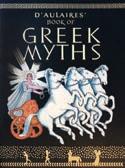
$62.90 set (text, student, teacher, flashcards)
Grades 3-8
Text $19.99 | Student $19.90
Teacher $19.90 | Flashcards $14.20
Myths are everywhere in Western art and literature and are the essential background for a classical education. is is an ideal beginning book regardless of age! Each of the 30 lessons presents facts to know, vocabulary, comprehension questions, and a picture review and activities section.
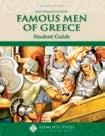

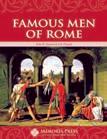
$55.10 set (text, student, teacher, flashcards)
Grades 4-8
Text $19.45 | eBook $14.00
Student $19.90 | Teacher $19.90
Flashcards $14.20
Meet Romans like Horatius, Caesar, and Marcus Aurelius—history's great men of action. Younger students especially will be fascinated by the abundant action and drama of the great city of Rome, its trials and tribulations, its rise and eventual fall.
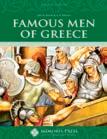
$55.10 set (text, student, teacher, flashcards)
Grades 5-8
Text $19.45 | eBook $14.00
Student $19.90 | Teacher $19.90
Flashcards $14.20
Dive into the lives of the famous Greeks—history's great men of thought. Follow Heracles and Odysseus through journeys of myth, ght with Leonidas and Pericles in legendary wars, deliberate with Aristotle and Socrates. Learn of all those who contributed to the scope of Greek accomplishment that is still known today as " e Greek Miracle."
$55.10 set (text, student, teacher, flashcards)
Grades 5-8
Text $19.45 | eBook $14.00
Student $19.90 | Teacher $19.90
Flashcards $14.20
Wind through the "dark ages" by the lights of Clovis, Charlemagne, Alfred the Great, Joan of Arc, and Gutenberg, among many others, and watch as the world transitions from the end of ancient times to the birth of the modern era.
If you don't begin your classical education until middle or high school, we recommend that you start with Year 5.
Year 1 D'Aulaires' Greek Myths
Year 2 Famous Men of Rome
Year 3
Famous Men of the Middle Ages
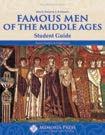
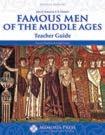
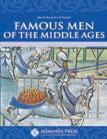

Year 4
Famous Men of Greece, e Trojan War, and Horatius at the Bridge
Year 5 Iliad, Odyssey, and e Book of the Ancient Greeks
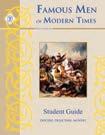
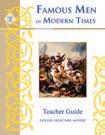

Year 6 e Aeneid and e Book of the Ancient Romans
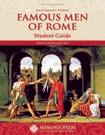
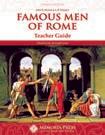
Year 7 Greek Tragedies (Euripides, Sophocles, Aeschylus)
Year 8 e Divine Comedy
$44.45 set (text, student, teacher)
Grades 6-8
Text $19.45 | eBook $14.00
Student $19.90 | Teacher $19.90
And in the last installment of the series, join Suleiman the Magni cent, Sir Isaac Newton, Peter the Great, George Washington, Napoleon Bonaparte, and many more as they ght to lead and forge the emerging modern world.
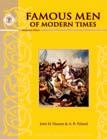
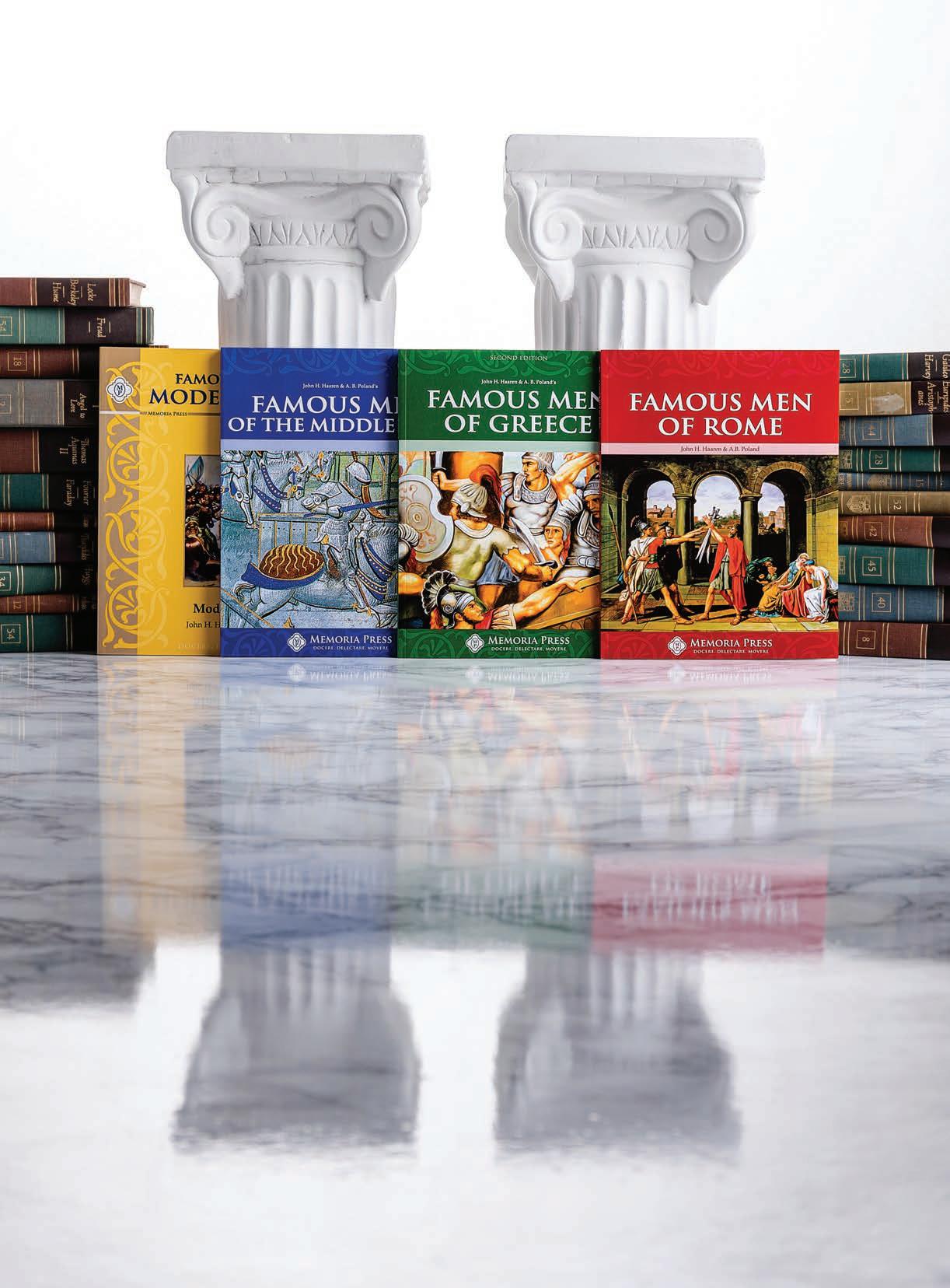
Grades 6+ | $47.44 set ea. (text, student, teacher)
Text $19.50 ea. | *eBook $14.00 ea. | Student $19.90 ea. | Teacher $19.90 ea. (*not available for Renaissance & Reformation) Combine with a Memoria Press Student Guide for a yearlong course. Each guide includes facts to know, vocabulary, comprehension questions, mapwork, and timelines, and the Teacher Guides provide thorough answers as well as unit tests.



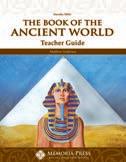
Let Dorothy Mills take your student on an adventure to explore the geography, culture, architecture, and most prominent peoples of Egypt, Persia, Anatolia, Israel, and more. Mills covers not only the valuable history and culture of the ancient peoples, but she also gives students an understanding of the people and neighbors out of which Christianity sprung.
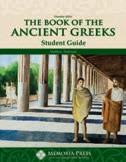
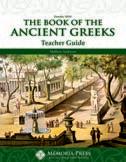
The journey continues, starting in Crete and ending in the Hellenistic Age ushered in by Alexander the Great. Your student will learn about the wars and ideas, the art and architecture, the politics and philosophy that have shaped the course of Western civilization since the Greeks laid them out for us.


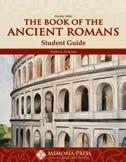
Like any good Roman course, this one begins with the she-wolf who nurses in infancy the legendary founders of Rome: Romulus and Remus. e rise and fall of a monarchy, the embrace of a republic with the simultaneous dislike for kings, and nally the rise of the Roman Empire teach unforgettable principles about human nature and society. Includes notes on the Roman culture, political system, and religion.


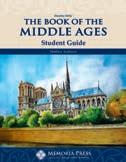
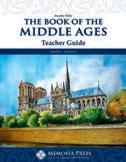
From the foundation of monasteries to the bell towers of universities, from the crowning of Charlemagne to the execution of Joan of Arc, Mills guides students through the spread of Christendom and the founding of a new civilization on the remnants of the Roman Empire.
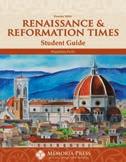
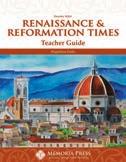

It would be hard to overstate the reverberating e ects of this period on modern history. Politics, philosophy, art, theology—virtually no aspect of Western culture was left unchanged by the Renaissance and Reformation. Mills succeeds marvelously in giving readers a neutral ground on which to base their understanding of this time.
Events from Ancient to Modern Times
Grades 3-7
$48.02 set
(sketchbook, handbook, wall cards, flashcards)
Timeline Composition & Sketchbook $11.50
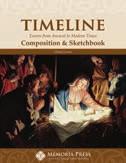
Timeline Handbook $11.50
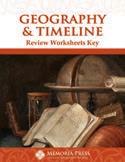
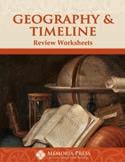

Timeline Wall Cards $15.70
Timeline Flashcards $14.65
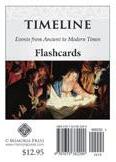
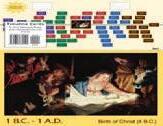
Students will master a total of 60 events from Greek and Roman history, the Middle Ages, American history, and Christian studies.
Grade 7
Worksheets $8.95
Key $8.95
To ensure retention and mastery we have created this cumulative review of Memoria Press' States and Capitals , Geography I & II, and Timeline Program

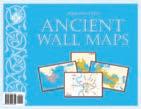
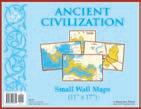
Large Wall Maps (22'' x 34'') $35.00
Small Wall Maps (11'' x 17'') $21.00
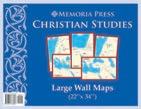
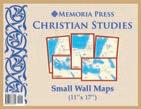
Large Wall Maps (22'' x 34'') $35.00
Small Wall Maps (11'' x 17'') $21.00
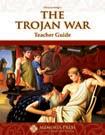
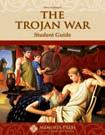 by Olivia Coolidge | Grades 6-8
by Olivia Coolidge | Grades 6-8
Text $8.99 | Student $13.50 | Teacher $13.50
is faithful retelling of the events of the Trojan War is wonderful preparation for reading the Iliad and Odyssey in later years. Your student will become familiar with the main characters, the gods and goddesses, and the storyline of Homer's Iliad and Odyssey, presented in simple but captivating prose. Each lesson in the Student Guide has reading notes, vocabulary, comprehension questions, and an enrichment section with discussion topics, writing, art, and mapwork.




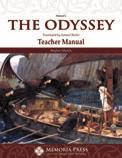
 by Padraic
by Padraic
Colum | Grades 6-8 | $11.55
Padraic Colum introduces young readers to Odysseus, the Greek hero of the Trojan War, who has been away from his home and his family for twenty years.
e Adventures of Odysseus & e Tale of Troy has all the essentials of Homer’s epic: the son, Telemachus, searching for news of his father and learning about the events of the Trojan War; the faithful wife, Penelope, refusing to marry again despite a throng of suitors; and Odysseus himself, struggling against monsters, storms, and the wrath of gods to be reunited with his family and regain his place as king of Ithaka.
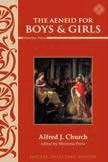
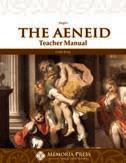 by Alfred J. Church | Grades 6-8
by Alfred J. Church | Grades 6-8
$11.55
Alfred Church's retelling of Virgil's Aeneid is a great introduction to the story of Aeneas, who escaped from the burning city of Troy and founded Rome, the New Troy. Reading this rst will help prepare students to tackle the more di cult writing of Virgil.



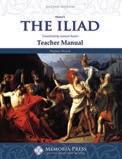
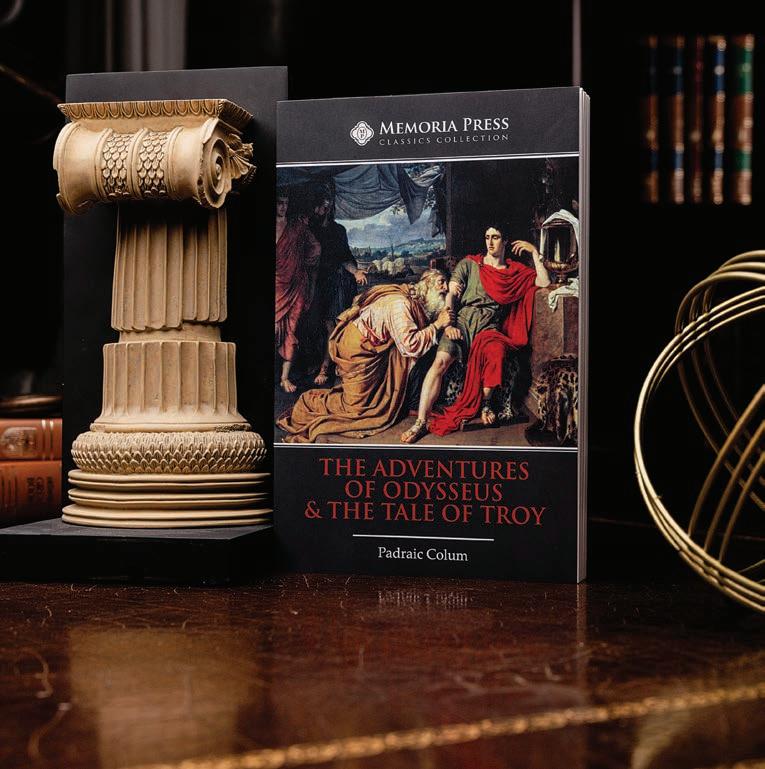
Samuel Butler translation | Grades 7+
$96.05 set ea. (text, student, teacher, videos)
$171.88 complete set (Iliad and Odyssey sets)
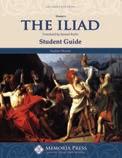
Text $14.70 ea. | eBook $7.00 ea.
Student $13.60 ea. | Teacher $17.80 ea.
Instructional Videos: DVDs or Streaming $55.00 ea.


Western civilization begins with the two greatest works of the ancient world: the Iliad and the Odyssey . The enormous influence these books have exerted in Western literature and art make them the perfect place to begin your study of Western culture. Samuel Butler's prose translations are both scholarly and easily accessible to students. The reading notes, focus passages, and comprehension and discussion questions in our Student Guides highlight important events, characters, and themes, allowing your student to more deeply understand these seminal works. The Teacher Manuals include additional contextual background information and teaching tips, as well as complete answers to the Student Guides and unit tests.
David West translation | Grades 8+
$94.19 set (text, student, teacher, videos)
Text $16.00
Student $19.90
Teacher $19.90
Instructional Videos: DVDs or Streaming $55.00
After Homer, the Aeneid is logically your next great book to study. Virgil's epic story of the founding of Rome will come alive when read with the help of our study guide as you continue your quest to master the classics. is is a great preparation for AP Latin also. Our Teacher Manual has inset student pages with teacher notes and background information for each lesson.
 by omas Babington Macaulay | Grades
by omas Babington Macaulay | Grades
$36.91 set (text, student, teacher, medal, pin)
6+
Text $8.95 | Student $8.95 | Teacher $11.50
Medal $5.50 | Lapel Pin $3.95
is study of Macaulay's 70-stanza ballad includes vocabulary, maps, character and plot synopses, meter, comprehension questions, teaching guidelines, and quizzes. Send us a recording of your students reciting the poem, and we'll send them a Winston Churchill Award certi cate, medal, and lapel pin.
Grades 10+
$63.47 set (text, student, teacher, quizzes & tests)
$115.72 complete set (all books + streaming videos)
Text $21.00 | Student $19.90
Teacher $19.90 | Quizzes & Tests $6.00
Streaming Instructional Videos $55.00
e Divine Comedy is one of the crown jewels of both Western and Christian literature. is epic, allegorical poem illustrates Dante's spiritual journey of redemption that takes him through the pit of Hell (the Inferno) to the Beati c Vision of God (the Paradiso).




Grades 9+
$235.52 complete set
(3 texts, 3 student guides, 3 teacher guides, 3 instructional videos)
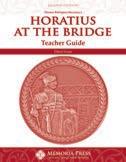
e Oresteian Trilogy by Aeschylus $13.00






e ree eban Plays by Sophocles $16.00

Medea & Other Plays by Euripides $11.00







Student $19.90 ea. | Teacher $19.90 ea.
Instructional Videos: DVDs or Streaming $45.00 ea.
Grades 10+
Text $13.95
Student $19.90
Teacher $19.90
Cicero's work On Obligations played a large role in Western Christendom but is daunting to read alone. Let us accompany your high schooler as he learns the principles of justice, wisdom, bene cence, courage, and propriety.
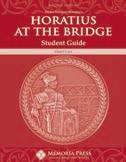

 by Cicero, Niall Rudd translation
by Cicero, Niall Rudd translation
Grades 10+
Text $12.95
Student $19.90
Teacher $19.90
e Republic became the blueprint of the U.S. government almost 2,000 years after it was written. In e Laws, Cicero defends his understanding of the upright moral life. His writings became the foundation for the West's philosophical discussion on the natural law.

Aeschylus was the rst of the three great tragic playwrights. Join Orestes as he seeks to avenge his father's murder, but discovers, along with us, that revenge only begets revenge—that mercy and litigation are the better ends of justice.
Here is Sophocles' story of Oedipus, fated to unknowingly kill his father and marry his mother. is is the great myth, in uencing all subsequent literature. Fate, free will, the quest for knowledge and truth—the glory and downfall of Western civilization.
Euripides further developed the tragedy, instituting the deus ex machina, a prologue, and greater realism. His heroes are less resolute and more psychological, fraught with internal con ict. In them we see the extremes of human nature: cold reason and maniacal passion, nobility and cruelty, triumph and regret, grief and comfort.
We discover that the human person is homo viator, a pilgrim or wayfarer who journeys through mortal life with eternal life always in mind. This understanding of who we are has been lost. "The modern man," wrote Chesterton, "is more like a traveler who has forgotten the name of his destination, and has to go back whence he came, even to find out where he is going." In fact, things are even worse than Chesterton imagined because modern man has not only forgotten the name of his destination, he has even forgotten that he has a destination. He does not know that he is a traveler. He is unaware that he is on a journey or that he has anywhere to go. He is not homo viator, but homo superbus, proud-man, a pathetic creature trapped within the confines of his own self-constructed "self," a prisoner of his own pride and prejudice.
The great works of literature show us the folly of homo superbus as well as the wisdom of homo viator by contrasting the viciousness of the prideful villain with the virtuous humility and humanity of the noble hero. They show us that the good man is inspired in all that he does by the desire to serve his God and his neighbor, while the bad man is inspired by his desire to please himself. They show us that man is always oscillating between the two poles of his very nature. He is either falling into the folly of the idolatrous love of himself above all others, or he is edified by his selfless love for the other. Since this oscillation between sin and virtue is to be found in the heart of every man, it is also to be found at the heart of every age in history and in all the great works written throughout every age in history. Viewing the panoramic vista of the history of the West, we can see three broad ages of man. The first of these ages is the preChristian or pagan age; the second age is the age of Christendom; and the third age may be called the age of Disenchantment.
There is a very good reason for every Christian to know the great works of literature—and that is because the great works of literature help us to know ourselves. This is the reason that we should learn the humanities—because the humanities teach us about humanity, both our own humanity and the humanity of our neighbors.
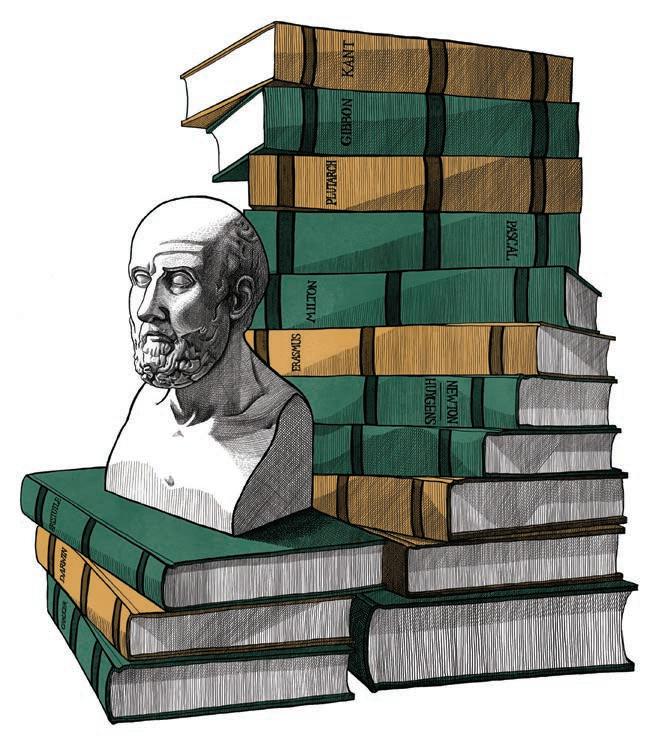
In the great works of literature we discover a deep understanding of man's being and purpose.
In the pre-Christian or pagan age, the artists and philosophers examined the struggle between homo viator and homo superbus, perceiving the superiority of the former over the latter, albeit through a glass darkly.
In the age of Christendom we see, subsumed within the very fiber of the individual's conscience and in the very fabric of human society, the affirmation of homo viator and the condemnation of homo superbus Christendom's chief characteristic is its overarching unity in the realms of philosophy and theology, a unity in which homo viator is not only admired but enshrined. In Christendom, sanctity and heroism are synonymous, with the absence of the one invariably leading to the destruction of the other. And since, for the orthodox Christian, sanctity is also synonymous with sanity, it was incumbent upon all men to overcome
the temptations of homo superbus (the barbarian within ourselves) and to become perfect examples of homo viator (the saint as the epitome of the civilized man). In this sense the age of Christendom corresponds to the finest flowering of civilization. It is an age in which becoming civilized is the very goal of man's existence because being civilized (holy) is the only means of attaining the perfect civilization of Heaven. It is, therefore, hardly surprising that the heart of Christendom—its theology, its philosophy, its painting, its architecture, its sculpture, its music, its literature—is the very incarnation of the integrated harmony, the wholeness and oneness, of its Founder.
In the age of Disenchantment, the wholeness and oneness of Christendom is lost in a progressive fragmentation of thought that continues to this day. From its earliest manifestation in the decay of the Christian humanism and neo-classicism of the Renaissance and its coming of age in the pride of the superciliously selfnamed Enlightenment, to its self-defeating victory in the nihilistic nonsense of deconstructionism, the age of Disenchantment represents the false triumph of homo superbus over homo viator and, therefore, the triumph of barbarism over civilization.
view classes at MemoriaCollege.org
At this juncture, we should remind ourselves that these three ages do not represent a linear progression in the "right" direction, as the denizens of the age of Disenchantment would have us believe, but a manifestation of the perennial struggle between homo superbus and homo viator, between barbarism and civilization. On the assumption that civilization is preferable or superior to barbarism, it could be said more truthfully that the age of Disenchantment represents a move in a wrong or regressive direction. In any event, it is certainly wrong to presume that Disenchantment has replaced Christendom, in the sense that it has somehow eclipsed or extinguished the age that preceded it. On the contrary, Christendom is alive and well and existing simultaneously with Disenchantment. This should not surprise us because homo superbus can never utterly or ultimately defeat homo viator.
Although the culture has become fragmented and disintegrated in the age of Disenchantment, the presence of Christendom within the age of Disenchantment can be seen in the magic or miracle of Re-Enchantment. Many of the greatest works of art in recent centuries are not the
products of disenchantment but of re-enchantment. The works of Shakespeare, Dryden, Coleridge, Wordsworth, Dickens, Dostoyevsky, Chesterton, Lewis, Tolkien, Waugh, and Eliot, to name but an illustrious few, are inspired by a rejection of disenchantment and a desire for re-enchantment. And what is true of literature is true of painting (the Pre-Raphaelites), architecture (the Gothic Revival), and music (Bruckner, Mahler, Mendelssohn, Messiaen, Arvo Pärt, and others). This disillusionment with disenchantment represents a refusal to believe that reality is only the cold mechanism of the materialist or the meaningless mess of the nihilist; it is an awakening to the enchantment of reality, perceiving it as a miraculous harmony of being, a song, a Great Music, the Music of the Spheres. Hence the employment of "disenchantment" as the operative description of the process that calls itself the Enlightenment. The word "enchantment" derives from the Latin cantare, to sing, or cantus, song, and the disenchantment of the Enlightenment was the shift from seeing nature as creation, that is, as a beautiful work of art sung into existence by God, to nature as something merely mechanical and, later, as something merely meaningless. Thus, in the age of Disenchantment in which we currently find ourselves, the struggle between homo superbus and homo viator manifests itself in disenchantment and re-enchantment.
The great works of literature are works of enchantment which have the power to re-enchant the most weary of souls. They are the inheritance of all of us, or all of us who want them. In reading these great works we find ourselves in the presence of great minds thinking about great things. We find ourselves in the presence of almost three thousand years of genius. We find ourselves in the company of the illustrissimi of civilization. In what better company could we possibly hope to spend our time? This side of the grave, there is no better company apart from the saints themselves. The better company, the best possible company, awaits homo viator after his temporal journey is over. In the meantime, and especially in the mean times in which we live, these great works of literature are good companions for the journey and excellent guides. Like the lembas which sustained Frodo and Sam on their journey through Mordor to Mount Doom in The Lord of the Rings, great literature is manna for the mind and food for the soul.
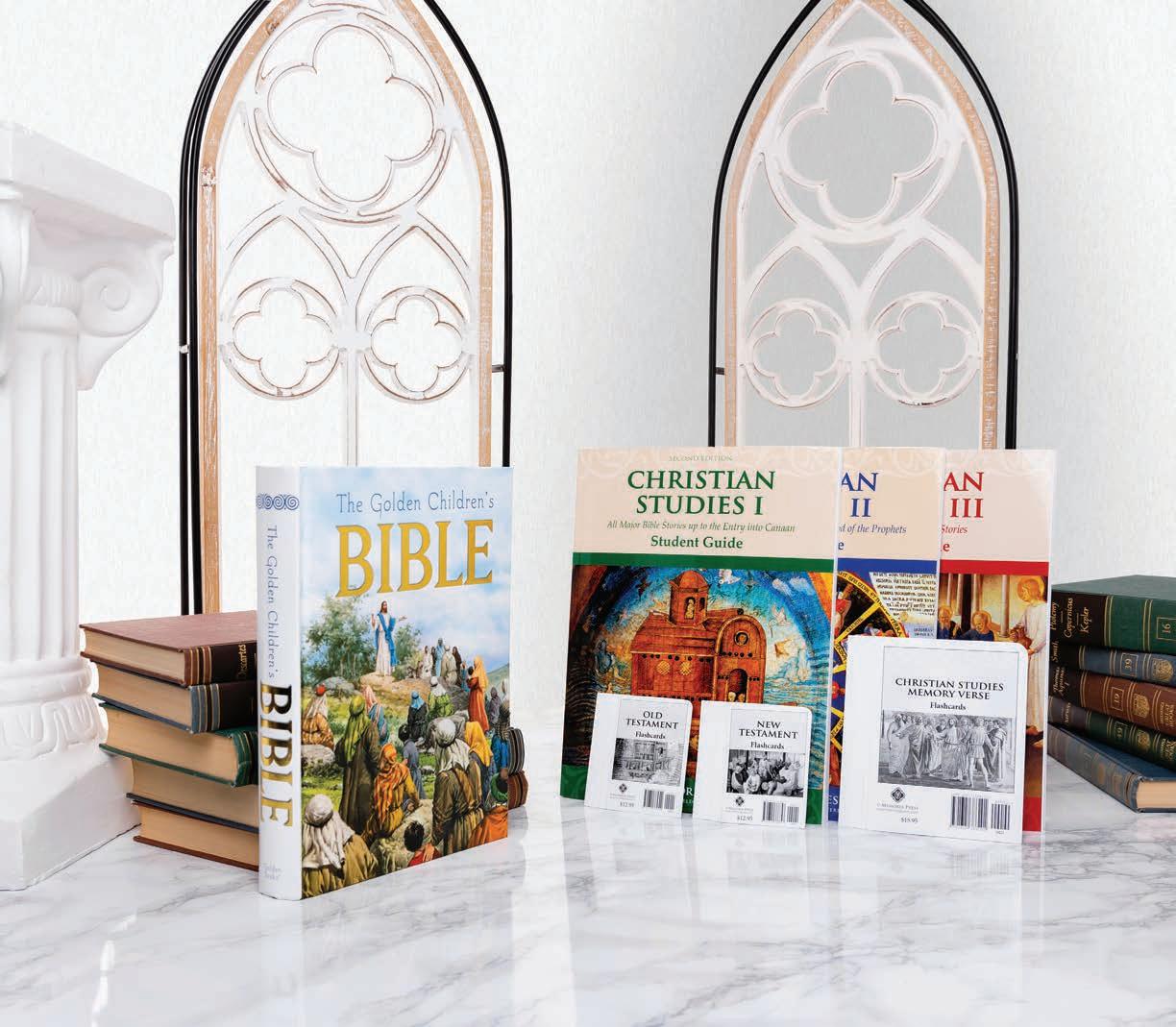
Grades 8+
Text $16.99
Student $19.90
Teacher $19.90
Hart gives a scholarly but readable portrait of the rich history of the Christian Church, covering 2,000 years of persecution, belief, discord, and faith. Our study guide walks you through Hart's text with additional background and contextual information, comprehension questions, and discussion questions that tie the history to scriptural passages and explore modern-day issues of faith and belief.
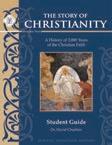


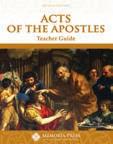
Grades 8+
Text $11.55
Student $18.40
Teacher $19.90
e Acts of the Apostles tells the exciting story of the travels, the teachings, and—in many cases—the martyrdoms of the apostles as they take the message of Jesus Christ from Jerusalem to the ends of the earth in the years immediately following Christ's life, death, and resurrection. is unit study will acquaint students with Christianity's infant stage.
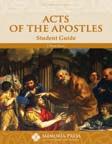

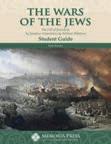
 by Josephus | Grades 9+
by Josephus | Grades 9+
Text $11.55
Student $18.40
Teacher $20.95
" ere will not be left a stone upon a stone." Our children may know of Christ's prophecy, but do they learn about its ful llment? Josephus is regarded as the most trustworthy source on the destruction of Jerusalem in 70 A.D. is follow-up to a study of Scripture is an introduction to the history of Christianity.

Grades 3-6
Christian Studies I: All Major Bible Stories up to the Entry into Canaan
Christian Studies II: e Rise and Fall of Israel and the Period of the Prophets
Christian Studies III: All Major New Testament Stories
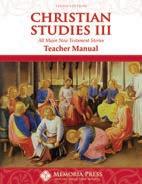
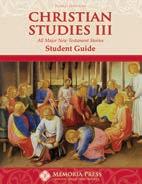

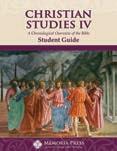
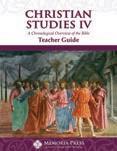


$179.07set
(Christian Studies I-III student & teacher, Golden Children's Bible, New Testament, Old Testament, and Memory Verse Flashcards)
Student $19.90 ea. | Teacher $23.05 ea. | Golden Children's Bible $22.99
Memory Verse Flashcards $17.80 | Old Testament Flashcards $14.65 | New Testament Flashcards $14.65
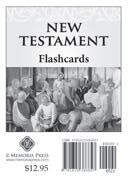

Biblical literacy is just as important as cultural, moral, and functional literacy, and the material we use to teach children their faith should be just as rigorous and demanding as any other important subject. Our Christian Studies series is a systematic study of the major events and characters in Salvation History, using e Golden Children's Bible. Students work through a Bible timeline from Creation to Christ, memorize Bible geography, the books of the Bible, people and events in order, and discuss vocabulary and basic theological concepts common to all Christian faith traditions. At the end of this course your student will be thoroughly grounded in the knowledge necessary for advanced Christian studies. Each lesson in the Student Guide includes facts to know, a memory verse, comprehension questions, and geography and timeline activities. e Teacher Manual contains thorough answers and additional insights and background information for each lesson, as well as unit tests.
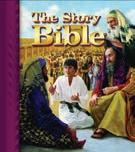
Grades K-2
e Story Bible $29.99
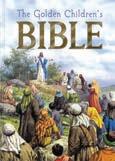
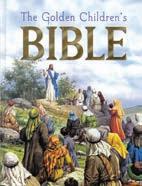
Christian Studies Enrichment $14.65
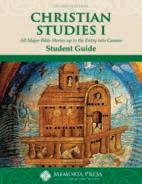
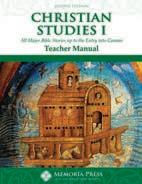
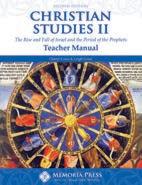


e Story Bible is written especially for children who are beginning to read. e enrichment guide helps facilitate oral discussion for each Bible lesson.
Grades 3-6
$22.99
We chose this Bible to use with our Christian Studies I-III series for its simpli ed but poetically appealing King James text and beautiful illustrations. e stories are broken into small, digestible chunks, and written on a third-sixth grade reading level.
Grades 6-8
Text $13.65
Student $19.90
Teacher $23.05
is course takes students back through the highlights of the Bible, and reviews drill questions, memory passages, and more! It can serve as a review course for Christian Studies I-III or as a survey study of the Bible. Our text gives students an overview and background information for each book of the Bible.
Grades 9+
Student $19.90
Teacher $23.05
e Early Church $18.00
e History of the Church $19.00


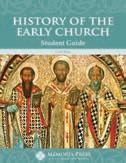
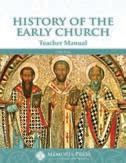
Eusebius, the bishop of Caesarea, wrote the rst book to recount the struggles and victories of the rst followers of Christ. In this year-long course, Chadwick's e Early Church is used as the main text, and students are directed to Eusebius' e History of the Church when ancient testimony is appropriate.
City of God by St. Augustine, Vernon J. Bourke ed.
Grades 10+
Text $19.00
Student $19.90
Teacher $20.95
Quizzes & Tests $6.00
City of God , arguably Augustine's greatest book, is the source of some of Western society's greatest and most cherished beliefs. Augustine's book serves as the cultural fountainhead of all that followed, and it is unlikely that it will ever be equaled. e Teacher Guide contains helpful chapter summaries and an answer key for the Student Guide

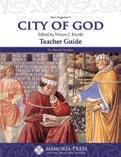
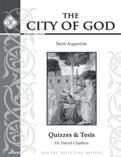
The Memoria Press YouTube channel is full of video resources for your educational journey–podcasts that tackle the heart of classical learning, deep dives into the virtues of Famous Men, Teaching Guidelines on a variety of subjects, and much more!
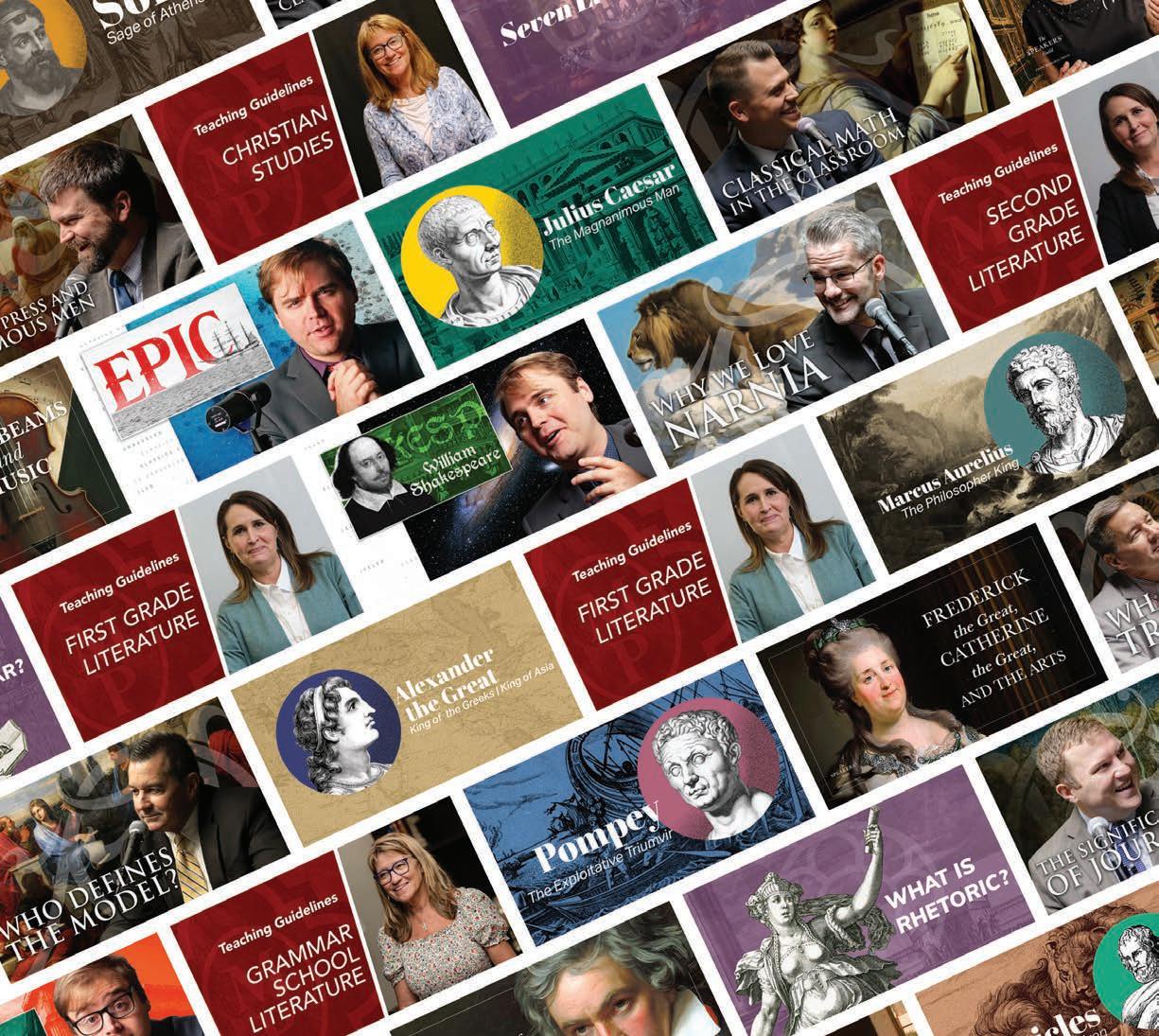

SUBSCRIBE TODAY AT: YouTube.com/MemoriaPress
e traditional favorites and the classics—that's what children need to read. ere is a shared heritage that every child needs to be familiar with, allusions and references they will encounter that they must be able to engage with. Spend a lot of time with a book so that students can see that there is more in it than you notice if you whiz through it. Give students an experience with a book that they will always remember.
Kindergarten Read-Aloud Set pictured. For a complete list of books in each set, visit MemoriaPress.com.
Choose from:
•Jr. Kindergarten Read-Aloud $364.57
•Kindergarten Read-Aloud $372.54
•Kindergarten Science & Enrichment $362.56
•First Grade Read-Aloud $384.50
•First Grade Science & Enrichment $268.51
•Second Grade Read-Aloud $372.55
•Second Grade Science & Enrichment $196.64
• ird Grade Read-Aloud Novels $185.82

• ird Grade Read-Aloud Picture Books $349.26
• ird Grade American $146.73
To complete the Literature & Enrichment portion of the K-2 curriculum, you will need the weekly read-alouds. You may already own many of these classic books, but you can also gather them at the library or purchase them from us. We schedule Literature ReadAlouds and American Studies Read-Alouds for older students in our 3rd-6th grade Curriculum Manuals. ese grammar school sets are supplemental as time and interest permit.
•Prima Latina
•Latina Christiana
•Latin Forms Series
•Latin Recitation
•Lingua Angelica
Streaming Audio:
•Music Appreciation
•First Start French I & II
•Elementary Greek I-III
•Greek Forms Series
Streaming Video:
•Classical Composition
•Traditional Logic I & II
•Material Logic
•Classical Rhetoric
•Prima Latina
•Latina Christiana
•First Form Latin
•Second Form Latin
• ird Form Latin
•Fourth Form Latin
•First Form Greek
•Henle Latin First Year
•Latin Recitation
• Greek Tragedies
•Divine Comedy
•Aeneid
•Iliad
•Odyssey
•Algebra I
•Algebra II
•Biology
•Kindergarten Phonics & Reading
• A Classical History of Art
Our Streaming Instructional Videos are a digital alternative to physical DVDs, and require only a device (computer, phone, tablet) with internet access. ey include the same thorough and engaging teacher instruction as our DVDs. Purchase of a subscription gives you
LIFETIME ACCESS to the videos!
Stream today at MemoriaPress.com/streaming
•Fourth Grade Read-Aloud $141.70
•Fourth Grade American $81.90
•Fifth Grade Read-Aloud $108.08
•Fifth Grade American $66.88
•Sixth Grade Read-Aloud $85.71
•Sixth Grade American $60.90
Don't need an entire package?
$3.00 - $16.00 per subject
Memoria Press' lesson plans by subject allow you to tailor the Classical Core Curriculum to your own needs. ese plans retain our week-at-a-glance layout, scheduling the individual subjects of each grade so you can mix and match as you need.
✓ Latin Forms Series
✓ Literature
✓ Classical Studies
✓ Kindergarten Phonics
✓ Christian Studies
✓ Geography
✓ Math & Science
✓ AND MORE!
e Classical Core Curriculum is a complete classical Christian curriculum that emphasizes the traditional liberal arts of language and mathematics and the cultural heritage of the Christian West as expressed in the great works of history and literature. e curriculum has an early focus on the basic skills of reading, writing, and arithmetic, and a special emphasis on Latin. Latin is the best way to gain an academic vocabulary and to learn the formal system of grammar, and is, along with math, the best early critical thinking skills training. e study of the cultures of Athens and Rome, as well as biblical and Church history, is designed to provide a basis for a proper understanding of European and American history.
$224.34 Full Set (all books + Curriculum Manual)
$30 Curriculum Manual Only
• Preschool Curriculum Manual


• Prayers for Children
• Jesus Is With Me
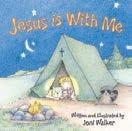
• Jesus Hears Me
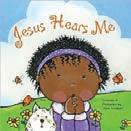
• Jesus Knows Me
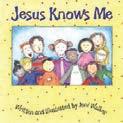
• Big Red Barn
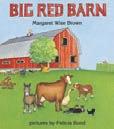
• e Best Mouse Cookie
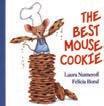
• Little Fur Family
• Bunny's Noisy Book

• From Head to Toe
• Goodnight Moon
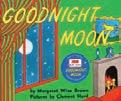
• Polar Bear, Polar Bear, What Do You Hear?

• Brown Bear, Brown Bear, What Do You See?
• Numbers, Colors, Shapes



$154.17 Full Set (all books + 2-Day Curriculum Manual)
$68.31 Consumable Books Set (for additional students)
$30 Curriculum Manual Only
$364.57 Supplemental Read-Aloud Program


Character Building Supplements: Myself & Others Book I Core Set $59.76
Myself & Others Book II Core Set $23.35
• Jr. Kindergarten Curriculum Manual
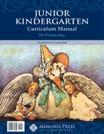

• Counting With Numbers
• Numbers & Colors
• Prayers for Children
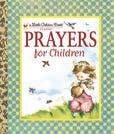
• Alphabet Books 1 & 2
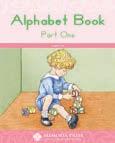
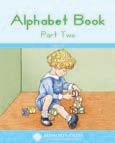
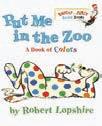
• Numbers Coloring Book
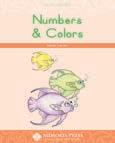
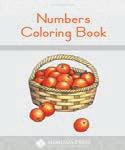
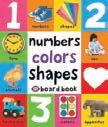
• Alphabet Coloring Book


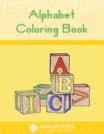
• Alphabet Flashcards



• Alphabet Manuscript Wall Charts

• Richard Scarry's Best Mother Goose Ever
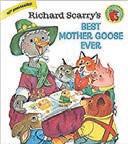
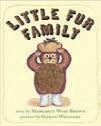
• Big oughts for Little People (Devotional)
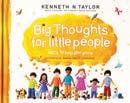
• Hailstones and Halibut Bones (Poetry)

• e Book of Crafts: Jr. Kindergarten
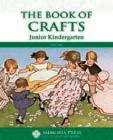
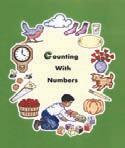
• My Very Own Scissors Book


• e Very Busy Spider

• Good Night, Gorilla


• e Tale of Peter Rabbit

• Fuzzy Yellow Ducklings
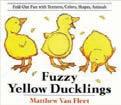
• My Very First Book of Shapes

• ABC: An Amazing Alphabet Book!


• Put Me in the Zoo
• Hand, Hand, Fingers, umb

• Cars and Trucks From A to Z
• My First Counting Book
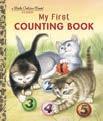
• e Animals' Christmas Eve
• Big Dog ... Little Dog

• Mr. Brown Can Moo! Can You?
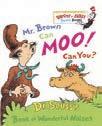
• A Children's Treasury of Nursery Rhymes
• 1 Is One
5-Day Junior Kindergarten Curriculum now available! | $224.59
Check out the book list: MemoriaPress.com/JK-5
Curriculum prices valid as of printing. Subject to change.
Curriculum Manual Only $30
Consumables Only $170.34
Supplemental Read-Aloud Sets also available!
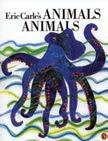
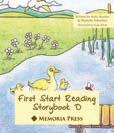
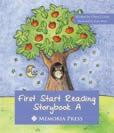
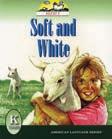
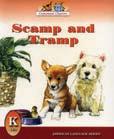

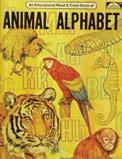
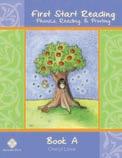
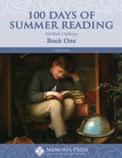
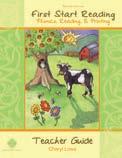
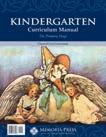
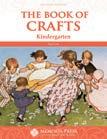
CURRICULUM MANUAL
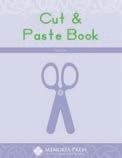
Kindergarten Enrichment; Kindergarten Book of Crafts; Kindergarten Art Cards; Animals, Animals; A Child's Book of Poems; Music Enrichment

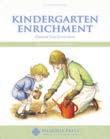
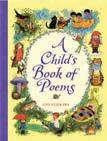
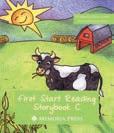
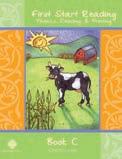
Numbers Book set; Rod & Sta Arithmetic 1 Student (Part 1), Teacher, and Practice Sheets; Arithmetic Flashcards: Addition & Subtraction; Memoria Math Challenge A
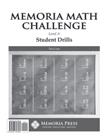


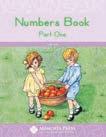
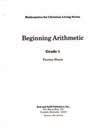
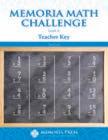
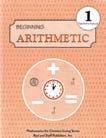
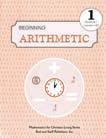
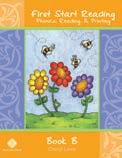
Lesson Plans for One Year
RETAIL $654.97
PACKAGE PRICE $493.66
CHRISTIAN e Story Bible; Christian Studies Enrichment



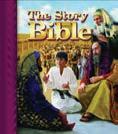


100 Days of Summer Reading Book I;Classical Phonics; Phonics Flashcards; First Start ReadingA-D; First Start Reading Storybooks A-D; Phonics & Reading Streaming Instructional Videos; Christian Liberty Nature Reader, Book K; Scamp and Tramp; Soft and White; Fun in the Sun; Animal Alphabet Coloring Book; Kindergarten Phonics Supplemental Workbook; Manuscript Practice Sheets; Cut & Paste Book
Kindergarten Morning Work; Manner of the Week Wall Charts and Flashcards
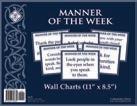
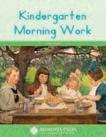
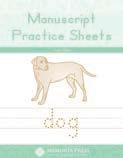
Copybook I; Composition & Sketchbook I
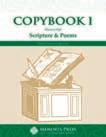
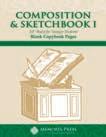
OPTIONAL
For extra practice as needed.
Primary Phonics Readers, Set 1



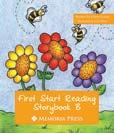

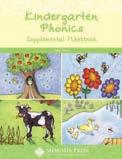
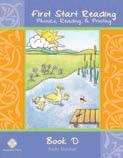
NEED TO CUSTOMIZE?
Go to MemoriaPress.com or call 502-966-9115.

RETAIL
$530.52
PACKAGE PRICE
$401.51
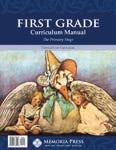
LITERATURE
Curriculum Manual Only $30


Consumables Only $188.04
Supplemental Read-Aloud Sets also available!












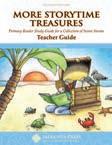
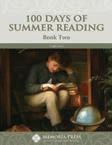
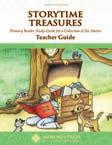

CURRICULUM MANUAL
StoryTime Treasures set; More StoryTime Treasures set; Winter on the Farm; Christmas in the Big Woods; Little House Christmas Treasury; 100 Days of Summer Reading Book II
Lesson Plans for One Year
PHONICS & SPELLING
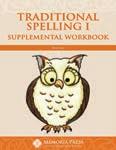
First Start Reading Book E; First Start Reading Storybook E; Traditional Spelling I set








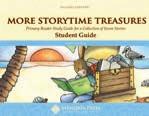


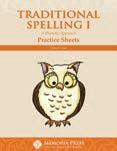
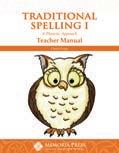
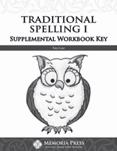
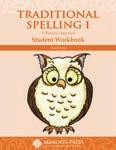
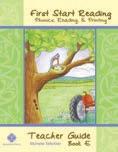

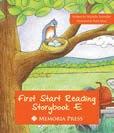
PENMANSHIP
New American Cursive 1; Copybook II; Composition & Sketchbook II; Cursive Practice Sheets I; Alphabet Wall Poster; Summer Cursive; Penmanship Tablet
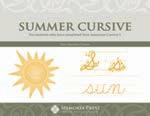

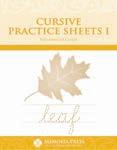

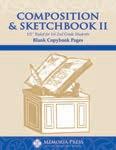
ENRICHMENT
First Grade Book of Crafts; First Grade Enrichment; First Grade Art Cards


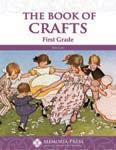
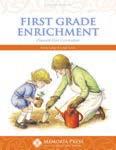
MATH
Rod & Sta Arithmetic 1 Student (Part 2); Rod & Sta Arithmetic 2 Student (Unit 1), Teacher (Part 1), and Practice Sheets Book 1; Memoria Math Challenge B


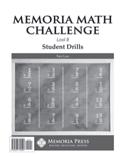

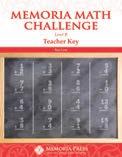
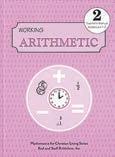
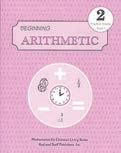
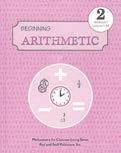
For extra practice as needed.
Primary Phonics Readers, Sets 2-6

American Language Series
OR
NEW USER ADD-ON SET $156.02
New to Memoria Press? You need these items from prior years.
Classical Phonics; Phonics Flashcards; A Child's Book of Poems; Animals, Animals; e Story Bible; Christian Studies Enrichment; Rod & Sta Arithmetic 1 Teacher Manualand Practice Sheets; Arithmetic Flashcards: Addition & Subtraction; Music Enrichment


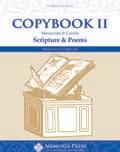
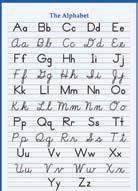
NEED TO CUSTOMIZE?
Go to MemoriaPress.com or call 502-966-9115.

Curriculum Manual Only $30
Consumables Only $245.31
Supplemental Read-Aloud Sets also available!







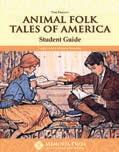
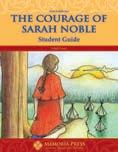
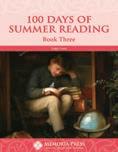
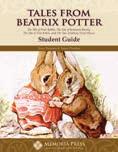
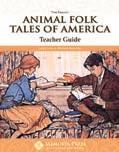
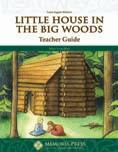
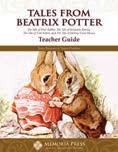

CURRICULUM MANUAL

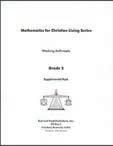
Lesson Plans for One Year
SCIENCE
Rod & Sta Patterns of Nature set
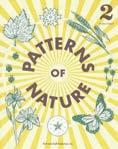
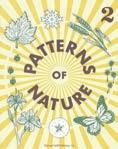
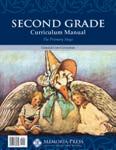
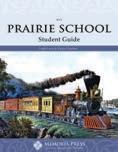
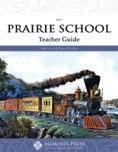
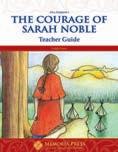
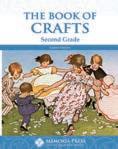
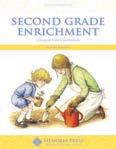



AMERICAN/ MODERN
Stories of Great Americans for Little Americans
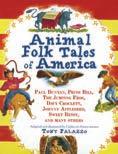
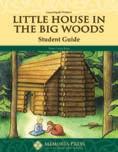
LATIN & GRAMMAR
Prima Latina complete set; Introduction to English Grammar










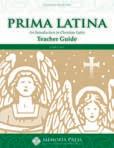
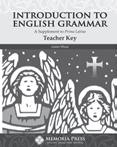
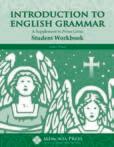
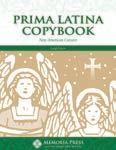
RETAIL
$660.03
PACKAGE PRICE $500.42
PENMANSHIP
New American Cursive 2; Copybook Cursive I; Composition & Sketchbook II; Prima Latina Copybook; Penmanship Tablet







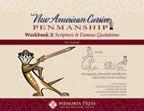

MATH
Rod & Sta Arithmetic 2 Student (Units 2-4), Teacher (Part 2), Practice Sheets Book 2, Supplemental Pack; Memoria Math Challenge C; Memoria Math Supplemental Workbook: Review of First Grade Math



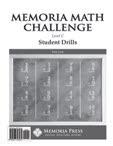
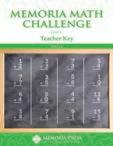
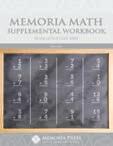
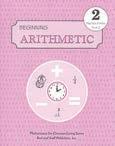
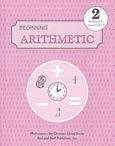
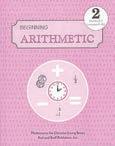
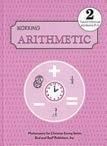
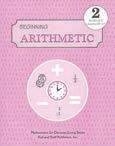

Instructional Videos Available!

MORNING WORK
English Grammar Practice
LITERATURE
ENRICHMENT
OPTIONAL
Cursive Practice Sheets II; Easy Reader Classics
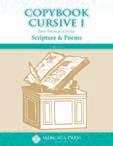
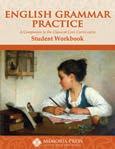
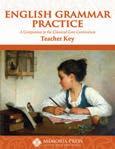
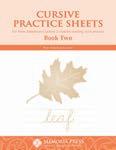
NEW USER ADD-ON SET $144.32
New to Memoria Press? You need these items from prior years.
Classical Phonics; Phonics Flashcards; A Child's Book of Poems; Animals, Animals; Music Enrichment; e Story Bible; Christian Studies Enrichment; Arithmetic Flashcards: Addition & Subtraction; Rod & Sta Arithmetic 2 Student (Unit 1), Practice Sheets Book 1, and Teacher (Part 1)



PHONICS & SPELLING
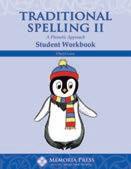


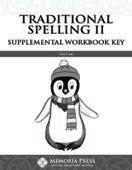
Traditional Spelling II set
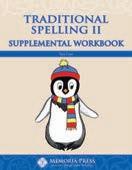
RETAIL $963.56 PACKAGE PRICE
$647.60
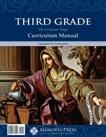
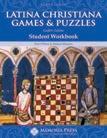

LATIN

Latina Christiana set, LC Review Worksheets set; Latina Christiana: Games & Puzzles set
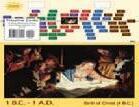
Curriculum Manual Only $30 Consumables Only $304.00 Supplemental Read-Aloud Sets also available!

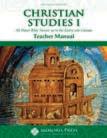
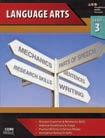
SCIENCE
Mammals set
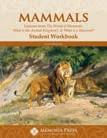
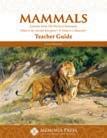
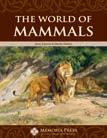
CURRICULUM MANUAL
Lesson Plans for One Year
AMERICAN/MODERN
States & Capitals set; FlashKids States & Capitals Flashcards

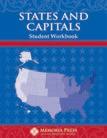

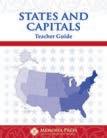
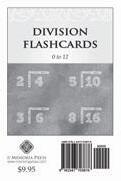
WRITING
All ings Fun & Fascinating
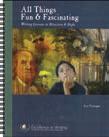
PENMANSHIP
New American Cursive 3
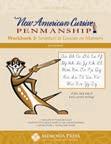
MATH
Rod & Sta Arithmetic 3 Student, Teacher, Supplemental Worksheets and Key, Blacklines, Speed Drills; Multiplication Flashcards: 0 to 12; Division Flashcards: 0 to 12



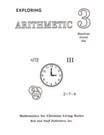
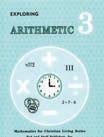

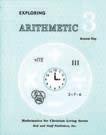
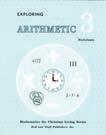
CLASSICAL
D'Aulaires' Greek Myths set; Timeline Program


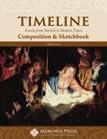

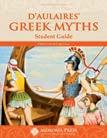
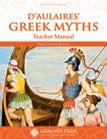
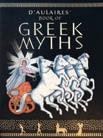
GRAMMAR
English Grammar Recitation and English Grammar Recitation Workbook I set and Flashcards; Core Skills Language Arts 3


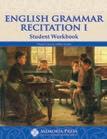
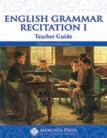
SPELLING

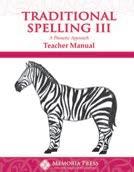
Traditional Spelling III set
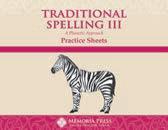
CHRISTIAN
Christian Studies I set; e Golden Children's Bible; Memory Verse Flashcards; Old Testament Flashcards

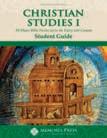
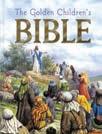
LITERATURE/POETRY

ird Grade Literature set; Poetry for the Grammar Stage set; e Best Christmas Pageant Ever
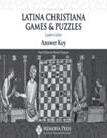



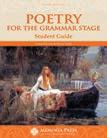

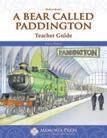
Latina Christiana Streaming Instructional Videos Available!

OPTIONAL Cursive Practice Sheets III

New to Memoria Press? You need this item from Second Grade.


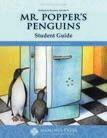
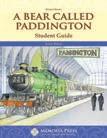
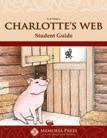
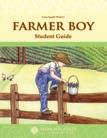
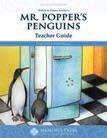
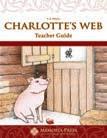
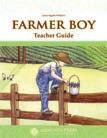
Latina Christiana Flashcards $16.75

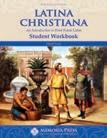
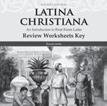

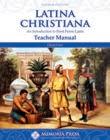
Curriculum Manual Only $30
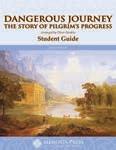
Consumables Only $146.98
Supplemental Read-Aloud Sets also available!


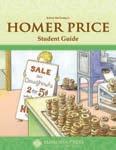
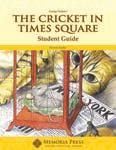
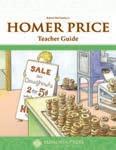
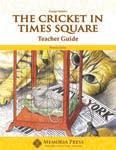
MATH
Rod & Sta Arithmetic 4 Student, Teacher (Parts 1-2), Tests, Speed Drills, Speed Drill Packet

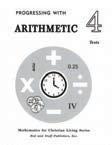

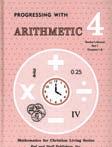
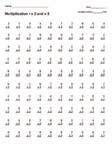
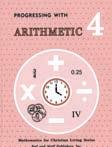
SPELLING
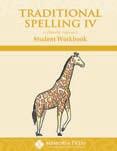

Traditional Spelling IV
CURRICULUM MANUAL
Lesson Plans for One Year
RETAIL $556.21
PACKAGE PRICE $373.76
LITERATURE
Fourth Grade Literature set; Papa Panov's Special Christmas; Twelve Days of Christmas; A Promise Kept: e Story of Christmas; Good King Wenceslas
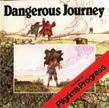

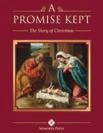
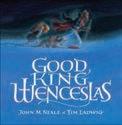
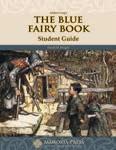
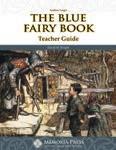

PENMANSHIP
Copybook Cursive II
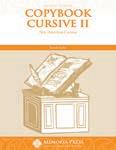
WRITING
Classical Composition I: Fable Student, Teacher, DVDs
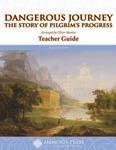

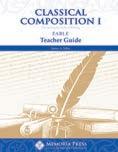
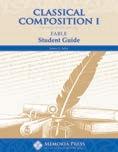
SCIENCE
e Book of Astronomy set
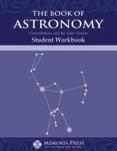
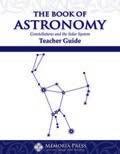

GRAMMAR
English Grammar RecitationWorkbook II set; Core Skills Language Arts 4
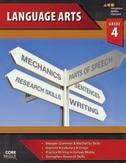
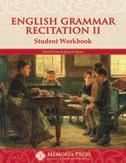
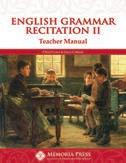
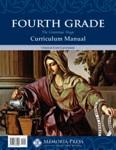
In our third grade package, students complete half of D'Aulaires' Greek Myths, Latina Christiana, Christian Studies I, and States and Capitals, as well as parts of Poetry for the Grammar Stage, which they will continue to use through seventh grade. e purchase of this package assumes that you have the books that are in our third grade package and have completed the rst half of them.
If you are starting the Classical Core Curriculumin fourth grade, we have a discounted transitional package for you: $693.74 Grade 4 for New Users
Visit MemoriaPress.com for a complete book list and more information.
Classical Composition
Streaming Instructional Videos Available!
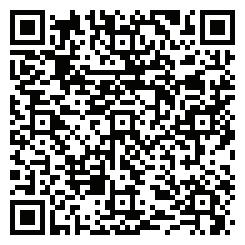

NEED TO CUSTOMIZE?
Go to MemoriaPress.com or call 502-966-9115.
Alphabet Books; Alphabet Flashcards; Alphabet Coloring Book (p. 72); My Very Own Scissors Book (p. 71); Manuscript Charts (p. 79)




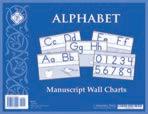
Prayers for Children; Big Thoughts for Little People



The Alphabet Books and Numbers & Colors are used for Penmanship practice.




Kindergarten Phonics Supplemental Workbook; Classical Phonics; First Start Reading A-D; 100 Days of Summer Reading I; Phonics Flashcards (p. 74); Animal Alphabet Coloring Book; American Language Readers; Nature Reader K




Book of Crafts, Jr. K (p. 70); Richard Scarry's Mother Goose; Hailstones and Halibut Bones








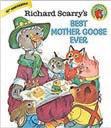






Copybook I; Composition & Sketchbook I (p. 79)
Traditional Spelling I (p. 75); StoryTime and More StoryTime Treasures Literature Sets (p. 14); 100 Days of Summer Reading II; First Start Reading Book E (p. 74)











Traditional Spelling II (p. 75); 100 Days of Summer Reading III (p. 74); Second Grade Literature Set (p. 14) Traditional
Prima Latina (p. 4)


(p.
Rod & Staff Arithmetic 1, Part 2; Rod & Staff Arithmetic 2, Unit 1; Memoria Math Challenge B (p. 73)


Rod & Staff Arithmetic 2, Units 2-4; Memoria Math Challenge C (p. 73)







Copybook II; Composition & Sketchbook II; New American Cursive 1; Penmanship Tablet; Alphabet Wall Poster; Cursive Practice Sheets; Summer Cursive (pp. 78-79)







New American Cursive 2 (p. 78); Copybook Cursive I; Composition & Sketchbook II (p. 79); Prima Latina Copybook (p. 8); Penmanship Tablet


Kindergarten Art Cards (p. 67); Kindergarten Enrichment; Book of Crafts, K; Music Enrichment (p. 70); Animals, Animals; A Child's Book of Poems



First Grade Art Cards (p. 67); First Grade Enrichment; First Grade Book of Crafts; Music Enrichment (p. 70); Animals, Animals; A Child's Book of Poems
Second Grade Enrichment; Second Grade Book of Crafts; Music Enrichment (p. 70); Second Grade Art Cards (p. 67); Patterns of Nature; Animals, Animals; A Child's Book of Poems



Kindergarten Enrichment is used for American/Modern Studies.


First Grade Enrichment is used for American/Modern Studies.




English Grammar Practice (p. 84); Introduction to English Grammar (p. 4)






Stories of Great Americans for Little Americans (p. 63)


Traditional Spelling III (p. 75); Third Grade Literature Set (p. 15); Poetry for the Grammar Stage (p. 22)
Traditional Spelling IV (p. 75); Fourth Grade Literature Set (p. 15); Poetry for the Grammar Stage (p. 22)







Spelling Workout F; Fifth Grade Literature Set (p. 16); Poetry for the Grammar Stage (p. 22)




Spelling Workout G; Sixth Grade Literature Set (p. 16); Poetry for the Grammar Stage (p. 22)













D'Aulaires' Book of Greek Myths (p. 28); Timeline Program (p. 31); Golden Children's Bible; Christian Studies I (p. 37)






















All Things Fun & Fascinating (p. 84); New American Cursive 3 (p. 78)







Classical Composition: Fable (p. 84); Copybook Cursive II (p. 79)
Classical Composition: Narrative (p. 84); Copybook Cursive III (p. 79)
Classical Composition: Chreia & Maxim (p. 84); Copybook Cursive IV (p. 79)



Book Mammals (p. 91)


Book of Astronomy (p. 91)

Book of Insects (p. 91)

Book of Birds (p. 91); Exploring the History of Medicine (p. 92)


Core Skills Language Arts 3; English Grammar Recitation I (p. 84)





Set Spelling Workout H; Seventh Grade Literature Set (p. 17); Poetry for the Grammar Stage (p. 22)

Eighth Grade Literature Set (p. 17); Poetry & Short Stories for the Logic Stage (p. 22)

















Ninth Grade Literature Set (p. 18); The British Tradition I (p. 22); Book of the Middle Ages (p. 31)












Tenth Grade Literature Set (p. 18); The British Tradition II (p. 22)
Golden
Prealgebra (p. 73)
VideoText Algebra, Year One (p. 73)
VideoText Algebra, Year Two (p. 73)
Greek

VideoText Geometry (p. 73)
84); Classical Composition: Refutation & Confirmation (p. 84)

Classical Composition: Common Topic (p. 84)



Classical Composition: Encomium, Invective, & Comparison (p. 84)




Classical Composition: Characterization and Description (p. 84)












Book of Trees (p. 91); Exploring the World of Biology (p. 92)



Physical Science (p. 92)

Modern Biology (p. 92)
Chemistry (p. 92)

English Grammar Recitation IV (p. 84); Core Skills Language Arts 7



English Grammar Recitation V (p. 84); Core Skills Language Arts 8






200 Questions About American History; 13 Colonies (p. 62); Story of the World, Vol. 4 Geography III (p. 61)














Traditional Logic I & II (p. 87)
Material Logic (p. 87)



e Memoria Press team loves hitting the road and meeting our customers face to face! Come visit us at the conventions listed below and explore our award-winning curriculum.
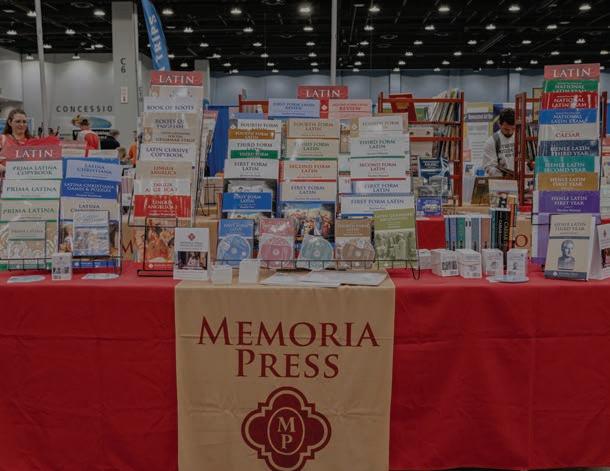
Minnesota Association of Christian Home Educators - Rochester, MN


Florida Parent Educators Association - Orlando, FL
Home Educator's Association of Virginia - Richmond, VA
Society for Classical Learning - Dallas, TX




Great Homeschool Conventions - Ontario, CA


Association of Classical Christian Schools - Pittsburgh, PA














Great Homeschool Conventions - Round Rock, TX


Memoria Press Conference - Louisville, KY
Arizona Families for Home Education - Phoenix, AZ


Southeast Homeschool Expo - Atlanta, GA
View
May 19-20
May 25-28
June 8-10
June 14-17
June 15-17
June 22-24
July 6-8

July 10-14
July 14-15
July 27-29
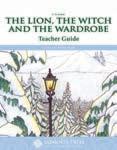
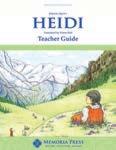
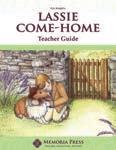
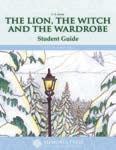
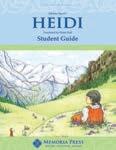





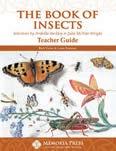
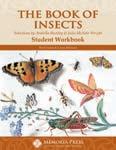

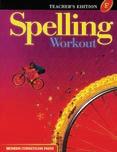
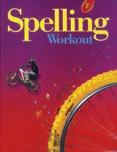
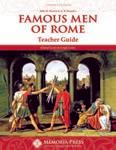
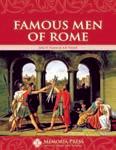
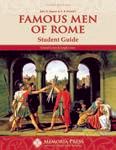
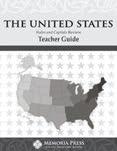
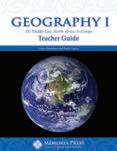
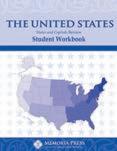

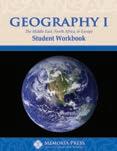


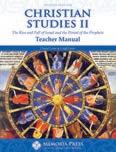
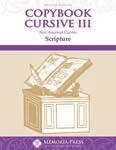
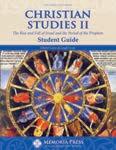

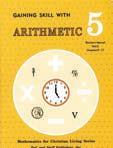
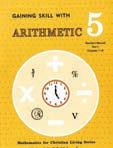
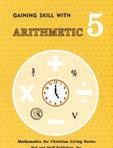

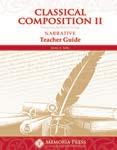

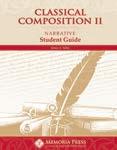
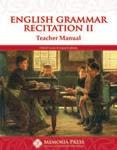
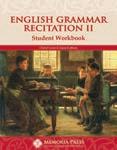
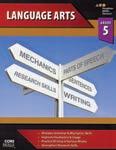












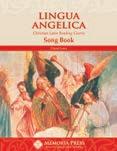
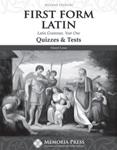
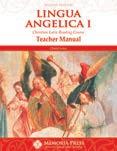
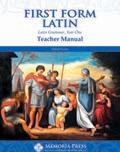
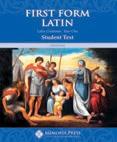
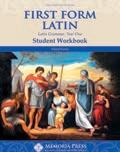
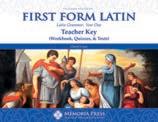





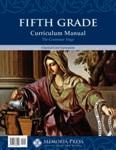

Curriculum Manual Only $30
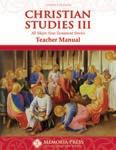
Consumables Only $241.63
Supplemental Read-Aloud Sets also available!

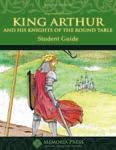
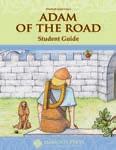
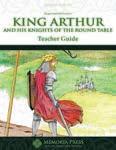
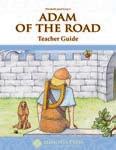
LATIN
Second Form Latin complete set



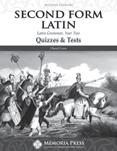
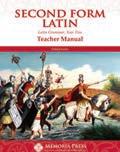

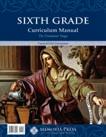
AMERICAN/MODERN
Geography II set, including Geography I Review set
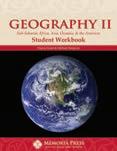

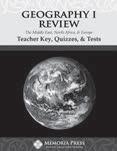
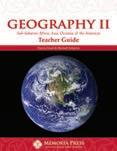
CURRICULUM MANUAL
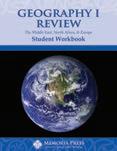
Lesson Plans for One Year
RETAIL $893.87
PACKAGE PRICE $592.65
MATH
Rod & Sta Mathematics 6 Student, Teacher (Parts 1-2), Quizzes & Speed Tests, Tests
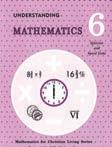
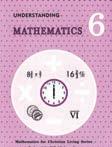

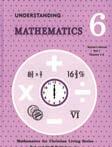
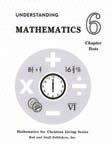
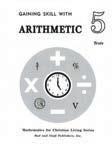
WRITING
Classical Composition III: Chreia & Maxim Student, Teacher, DVDs


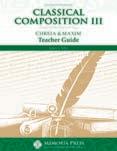
CLASSICAL
Famous Men of the Middle Ages set
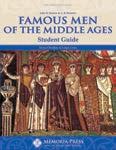

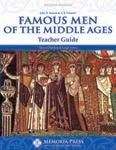
GRAMMAR
English Grammar Recitation Workbook III set; Core Skills Language Arts 6


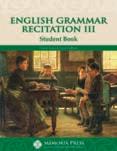
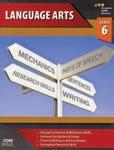
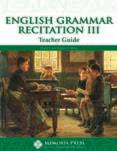
SPELLING

Spelling Workout G set

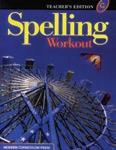
SCIENCE
e Book of Birds set; Exploring the History of Medicine set




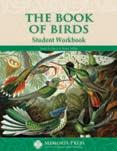

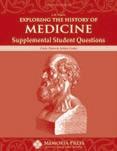

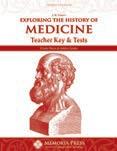
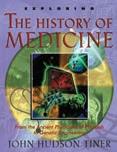

LITERATURE
Sixth Grade Literature set


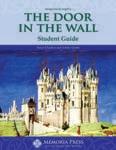

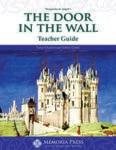
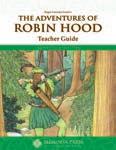
CHRISTIAN Christian Studies III set; New Testament Flashcards; Copybook Cursive IV
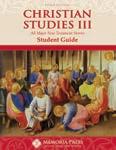
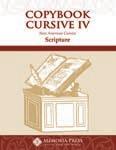
Second Form Latin & Classical Composition Streaming Instructional Videos Available!


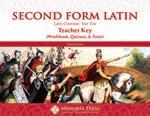
NEED TO CUSTOMIZE?
Go to MemoriaPress.com or call 502-966-9115.
NEW USER ADD-ON SET $156.67 – New to Memoria Press? You need these items from prior years. Timeline Program; Poetry for the Grammar Stage set; English Grammar Recitation; English Grammar Recitation Flashcards; e Golden Children's Bible; Memory Verse Flashcards; Geography Flashcards








RETAIL
$1,031.18 PACKAGE PRICE
$660.82
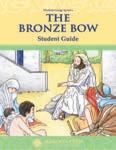
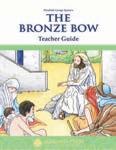
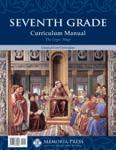
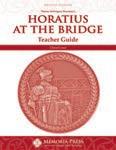

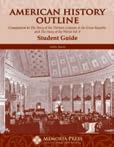
CURRICULUM MANUAL
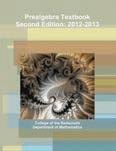
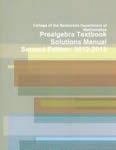
Lesson Plans for One Year
LATIN
ird Form Latin complete set
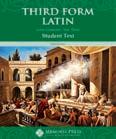
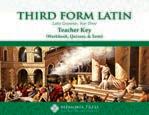
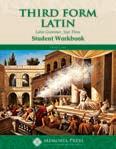
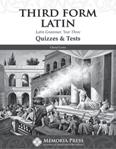
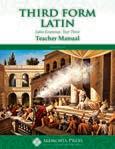
Curriculum Manual Only $30 Consumables Only $269.06

WRITING
Classical Composition IV: Refutation & Con rmation Student, Teacher, DVDs


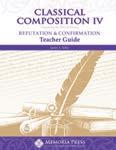
SPELLING
Spelling Workout H set
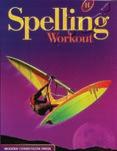
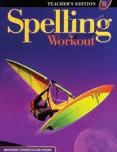
AMERICAN/MODERN
e Story of the irteen Colonies & the Great Republic set; American History Outline set; 200 Questions About American History set and Flashcards; eStory of the World, Vol. 4


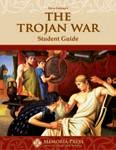
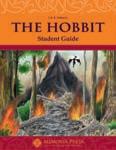
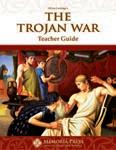

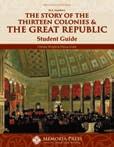
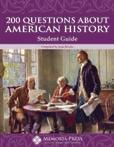
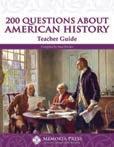
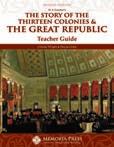
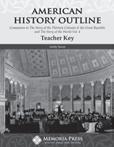
CLASSICAL
Famous Men of Greece set; Horatius at the Bridge set; e Greek Alphabet set

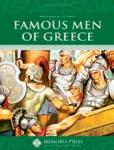

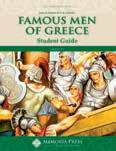
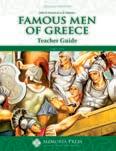
CHRISTIAN
Christian Studies IV set
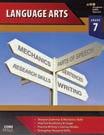
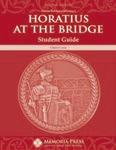

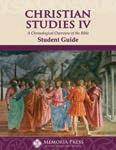
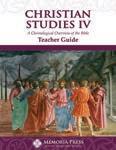
MATH
College of the Redwoods Prealgebra set
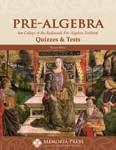
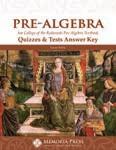
SCIENCE
e Book of Trees set; Exploring the World of Biology set


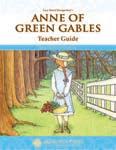


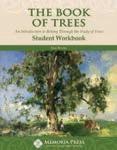
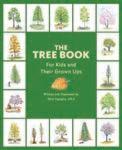
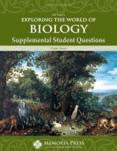
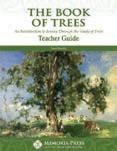
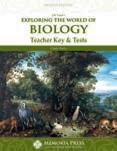
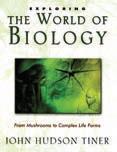

GRAMMAR
English Grammar Recitation Workbook IV set; Core Skills Language Arts 7
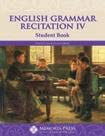
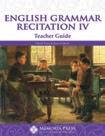


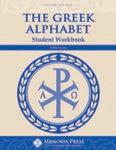
LITERATURE
Seventh Grade Literature set
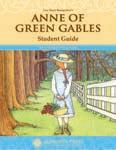
Classical Composition Streaming Instructional Videos Available!

NEW USER ADD-ON SET $106.44 – New to Memoria Press? You need these items from prior years. Timeline Program; Poetry for the Grammar Stage set; English Grammar Recitation; English Grammar Recitation Flashcards




REVIEW
Geography & Timeline Review




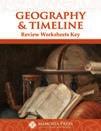
Curriculum Manual Only $30 Consumables Only $229.33
GRAMMAR
English Grammar Recitation Workbook V set; Core Skills Language Arts 8
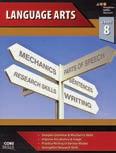
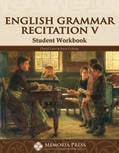
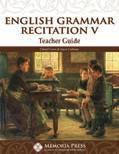


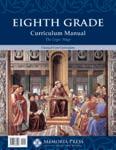
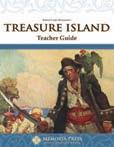
CLASSICAL
e Book of the Ancient Greeks set; e Iliad set; e Odyssey set



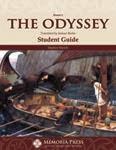
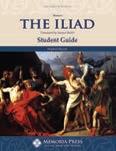
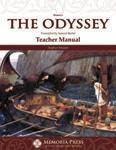
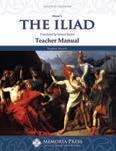


CURRICULUM
MANUAL
Lesson Plans for One Year
RETAIL $1,418.15
PACKAGE PRICE $858.38
LATIN
Fourth Form Latin complete set; Henle Latin First Year

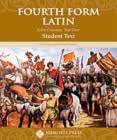


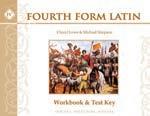


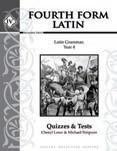
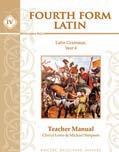
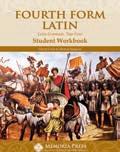
WRITING
Classical Composition V: Common Topic Student, Teacher, DVDs

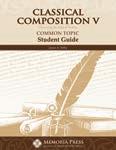
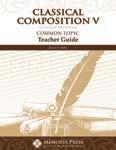



CHRISTIAN
e Book of the Ancient World set

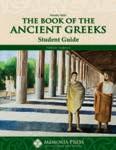
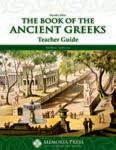

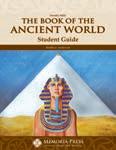
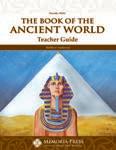
MATH
VideoText Algebra, Year One (Modules A-C)*
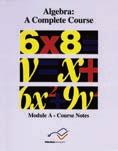
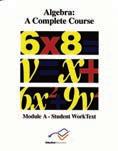
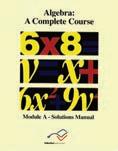
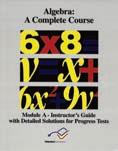
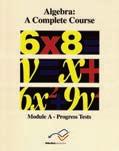
SCIENCE
Novare Physical Science Text and Digital Resources

AMERICAN/MODERN
Geography III Text, Student, Teacher and Classroom Atlas
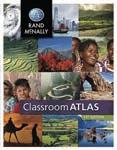

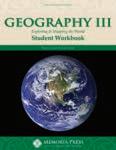
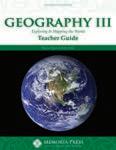

*only Module A is pictured
LITERATURE/POETRY
Eighth Grade Literature set; Poetry & Short Stories for the Logic Stage: 19th and 20th Centuries set; Bard of Avon
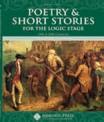



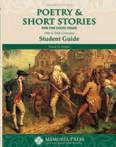
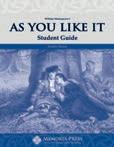
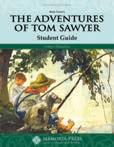
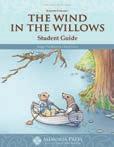
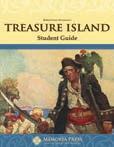
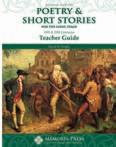
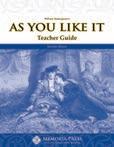


OPTIONAL
First Form Greek
NEW USER ADD-ON SET $38.16 – New to Memoria Press? You need these items from prior years.
Geography Flashcards; English Grammar Recitation; English Grammar Recitation Flashcards

Fourth Form Latin, First Form Greek, VideoText, Classical Composition, Iliad, and Odyssey Streaming Instructional Videos Available!


NEED TO CUSTOMIZE?
Go to MemoriaPress.com or call 502-966-9115.
RETAIL $1,365.31 PACKAGE PRICE
$848.33
CURRICULUM MANUAL
Lesson Plans for One Year
LATIN

Henle Latin Second Year Student Guide, Flashcards, Quizzes & Tests, Text, and Key; Latin Grammar for the Grammar Stage


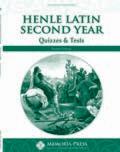
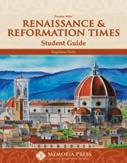
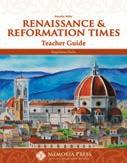
Curriculum Manual Only $30 Consumables Only $211.91
CLASSICAL
e Book of the Ancient Romans set; e Aeneid set




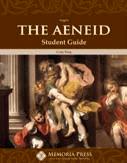
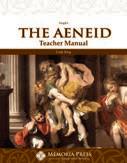

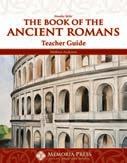





LOGIC
Traditional Logic I & II complete sets


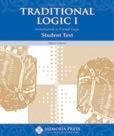
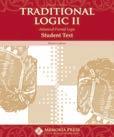
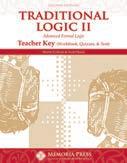
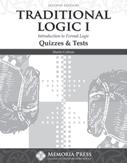
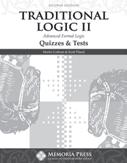
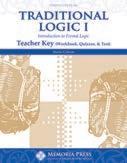
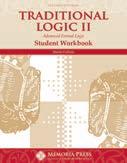
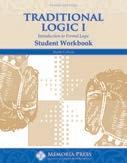
WRITING
Classical Composition VI: Encomium, Invective, & Comparison Student, Teacher, DVDs




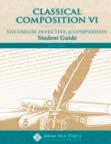
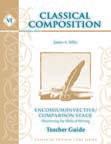
CHRISTIAN
e Story of Christianity set

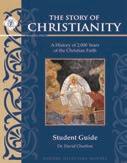
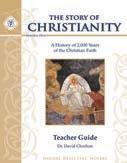
LITERATURE/POETRY
Ninth Grade Literature set; e British Tradition I: Poetry, Prose, & Drama set; e Book of the Middle Ages
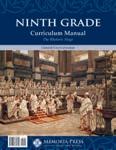
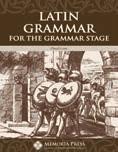



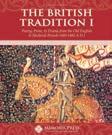

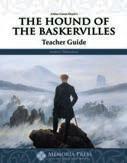
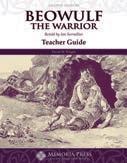


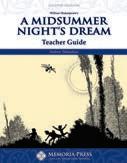
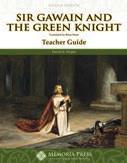
AMERICAN/MODERN
Renaissance & Reformation Times set

SCIENCE
Modern Biology set
MATH
VideoText Algebra, Year Two (Modules D-F)*
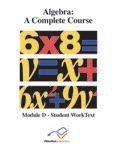
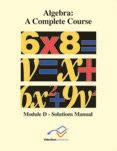
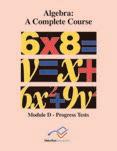
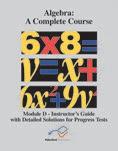
NOTE: Modern Biology has gone out of print. If you are using our guides for this program you will need to purchase a used textbook elsewhere.
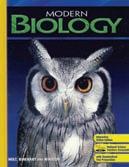

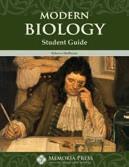
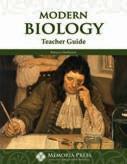
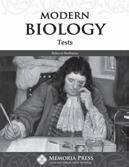
Modern Biology is a secular textbook that contains a section on evolution not acceptable to many Christians. While we don't cover that unit in our curriculum, our guides do de ne related terms.
Aeneid, Traditional Logic I and II, VideoText, and Classical Composition Streaming Instructional Videos Available!

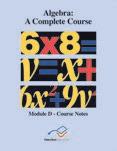
*only Module D is pictured
NEED TO CUSTOMIZE?
Go to MemoriaPress.com or call 502-966-9115.
Curriculum Manual Only $30 Consumables Only $221.64
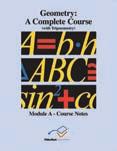
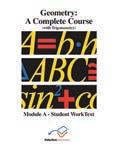
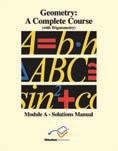
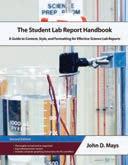
CURRICULUM MANUAL
Lesson Plans for One Year
LATIN
Mueller's Caesar (De Bello Gallico) Text, Teacher's Guide, and Lesson Plans


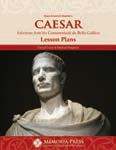





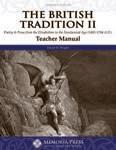
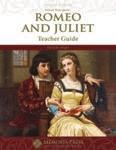

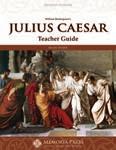
CHRISTIAN
History of the Early Church set
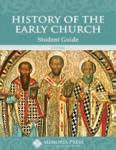
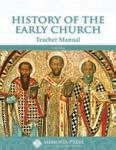
RETAIL $1,863.70
PACKAGE PRICE $1,140.47
CLASSICAL
Medea & Other Plays set; e ree eban Plays set; e Oresteian Trilogy set


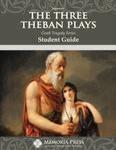
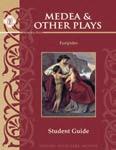
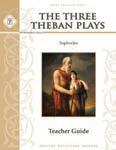
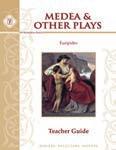
AMERICAN/MODERN
A History of Medieval Europe set

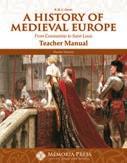
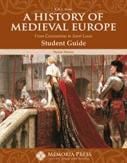
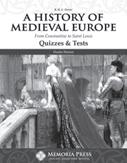


WRITING
Classical Composition VII: Characterization and Classical Composition VIII: Description Student, Teacher, DVDs





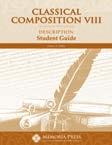
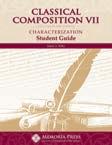
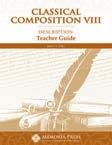
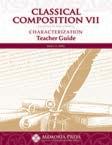
LITERATURE/POETRY
Tenth Grade Literature set; e British Tradition II: Poetry & Prose set



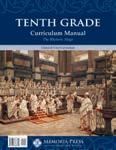







Novare General Chemistry Text, Digital Resources, Complete Solutions Manual, Student Lab Report Handbook, and Experiments for High School at Home


LOGIC
Material Logic complete set
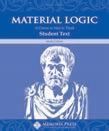

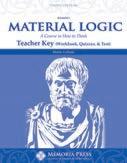
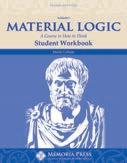
MATH
VideoText Geometry (Modules A-E)*

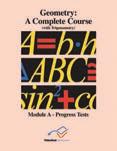
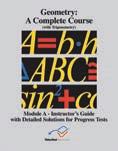
*only Module A is pictured
Greek Tragedies, Classical Composition, VideoText, and Material Logic Streaming

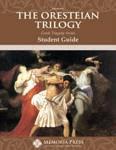
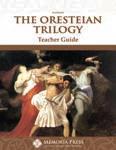
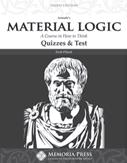
Instructional Videos Available!
NEED TO CUSTOMIZE?
Go to MemoriaPress.com or call 502-966-9115.


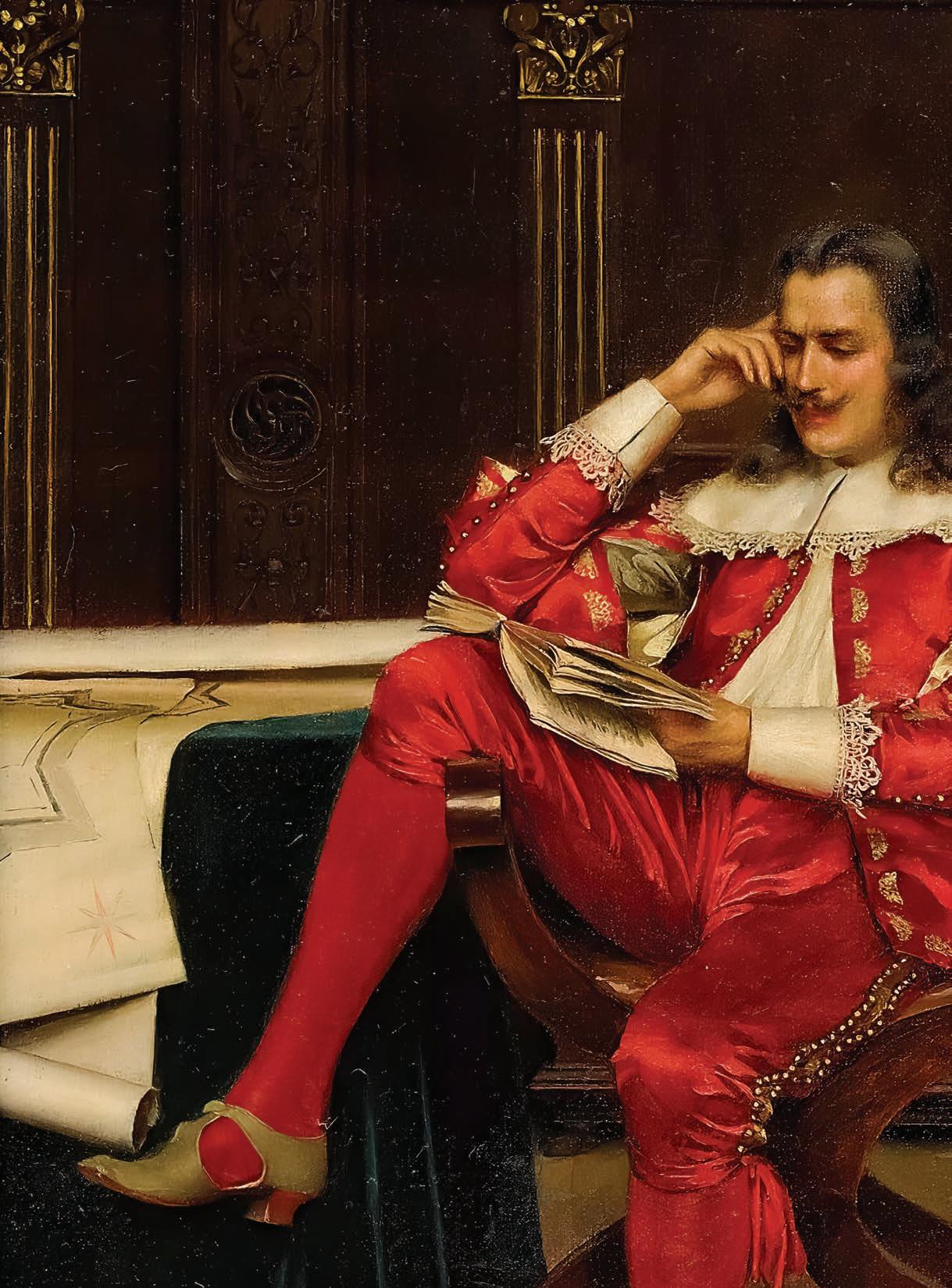 by MArtin CotHrAn
by MArtin CotHrAn
What is the classical view of literature? In his great book on literature, The Mirror and the Lamp, M. H. Abrams observes that there are four elements to consider when discussing the different ways of viewing any kind of art, including literature. First, and most obviously, there is the artistic work itself; second, there is the universe of art, the thing the art portrays (the subject); third, there is the audience for the work of art, those for whom it was painted or written or sculpted; and finally, there is the artist who produced the work.
Let's use a painting as an example: Leonardo da Vinci's Mona Lisa. The work is the actual painting of Mona Lisa; the universe is Mona Lisa herself, who sat for the painting; the audience for the work is us when we see the painting; and the artist is da Vinci.
The work, the universe, the audience, and the artist: These are the four elements of all art and literature. These are what we take into account when we talk about artistic value. They are a common vernacular in the different views of literature that have been in vogue in the different ages of history, each view putting forth a different emphasis. If we were speaking historically about the different views of literature, we would start with the Greeks and their emphasis on the work itself, the "mimetic" view. But let's start for the moment with the sixteenth century, the first period in which that view began to give way to another.
Abrams calls the view of literature that emphasizes the effect of a work on an audience the pragmatic view. The most notable advocate for the pragmatic view of literature was Philip Sidney (1554-1586). In his view, the purpose of literature is to teach and delight the audience. Poets, he argues, do not imitate "what is, hath been, or shall be," but rather "what may be and should be." Literature, therefore, should be judged by how effectively the delight it brings leads the audience to moral truth. This results in an emphasis on the rules and principles by which its moral effect can be produced—an emphasis on the "how to" of literature. It is focused on the effect of the work on its audience. What effect does a book have on you when you read it? Does it change your opinion? Does it change your life?
The pragmatic view of literature took hold in the sixteenth century and was the dominant view of literature in the Western world until the early nineteenth century.
The view that displaced the pragmatic view is the expressive view of literature. Under this view, it is not the effect on the audience that is primary, but the author himself : In other words, literature is primarily the expression of the feelings of the writer. It is the internal sentiments of the writer made external in the work of literature. Under the expressive view it is the spontaneity of the writer that is all-important. It is focused not on the effects in the mind of the viewer, but the state of mind of the author. William Wordsworth (1770-1850) attempts to do this in his poetry, as do Keats and Shelley. The philosopher John Stuart Mill explicitly advocates this view: Poetry is the "uttering forth of feeling."
The expressive view of literature was largely overtaken in the mid- to late twentieth century by the objective theory. This view advocates that the work of literature should be considered on its own merits—not in light of the effect on its audience (which its advocates call the "affective fallacy") or the feelings of the writer (the "intentional fallacy"). The nature and value of a book or a poem lie in the work itself. Nothing extraneous should be considered other than the poem or the story. In this view, it is the work itself that should be the only concern.
This view became dominant in another form in English and American literature in the mid- to late twentieth century with the rise of what was called the "New Criticism." Figures such as Robert Penn Warren and Cleanth Brooks popularized this view with their widely used mid-twentieth-century English textbooks.
The other view of literature is the "classical" view: The mimetic view of literature focuses on the universe. Literature is fundamentally the imitation either of the divine essences (according to Plato) or things themselves (according to Aristotle). In this view—the original view of literature—the artist, the audience, and the work itself all play important roles, but they are all oriented toward the conformity of the work with the universe. The purpose of literature is to aesthetically represent what is. The most representative expression of this view is Aristotle's Poetics, which held sway among literary critics until about the time of Sidney in the sixteenth century.
In general, more culturally conservative or traditional views of literature have tended to embrace aspects of the last two views (the objective
and mimetic) since they tend to stress objectivity of some kind—either that of the work itself or of some aspect of reality that it represents. The less culturally conservative tend to emphasize one of the first two views (the pragmatic and expressive), since they tend to stress feelings—either those of the artist or those of the audience.
The postmodern view of literature subverts all four of these views by questioning the traditional, logocentric basis of thought that produced them. Philosophers such as Friedrich Nietzsche and Martin Heidegger questioned the dichotomy between the objective and the subjective. Later, twentieth-century figures such as Jacques Derrida questioned all dichotomies. As postmodernism asserted itself in academia in the late twentieth century, it was allowed to question the most fundamental assumptions and values of literature.
In the postmodern view, literature is to be "deconstructed" by the critic, who questions the seemingly selfevident motives of the author and apparent assertions of the text. This approach has aptly been called "the hermeneutics of suspicion" because it approaches a literary work suspiciously, as if the author were trying to pull one over on the audience and it is the critic's job to find out how he is doing it. The postmodern critic considers himself, rather than the author, to be in control of the meaning of the work, and reads his own ideas into it, ideas that are allowed to have equal standing with those of the writer. This becomes possible because of the postmodern rejection of any kind of hierarchy in reality, including that of truth. Postmodernism questions the basic tenet of classical logocentrism, which is the possibility of the conformity of the work with reality
The question postmodernism raises is whether anything we say or write or create can have anything to do with the world as it really is. The assumption that literature cannot represent reality does not
only undermine traditional criticism, it undermines postmodernism itself. One reason to reject postmodernism is that, if it is true, we wouldn't even be able to discuss whether to reject it or whether it is true because it rejects the very idea of truth. The more pressing question for us, therefore, is which of the traditional views we should go back to.
The problem with most schools of thought on literature is that they are reductive. The pragmatic view reduces literature to the reaction of the audience, the expressive view to the feelings of the author, and the objective view (in many cases) to the work of literature by itself outside of any context.

It could be argued that the mimetic view, too, is reductive, since it emphasizes one of the four elements of art—universe—over the others—work, artist, and audience. But of these elements, the universe is the most essential. The writer could exist without the work, and the audience without the work— the work could even exist apart from the writer and the audience.
Things other than art can express the feelings of a person, and things other than art can please people, but only art does these things through imitation. If literature did not imitate something, then it would not be art at all.
In addition, imitation can achieve the stated goals of the other views in a way they themselves do not: The less art imitates something, the less it seems to please people (witness the controversial nature of so-called "public art," which many times imitates nothing), and the less it seems to fully capture the feelings of the artist (which cannot be captured in any non-concrete way), and the less it is successful as a standalone work of art.
The world or universe is the only one of the four elements of art that can meaningfully act as the ordering principle for all the rest—although it needs the rest in order to perform its artistic function. If there is to be an emphasis and an ordering principle to art and literature, it should be that thing without which it would not be art, and this is imitation, the element of art that lies at the heart of the classical view.
IFLITERATURE DIDNOTIMITATE SOMETHING, THENIT WOULDNOTBEART ATALL.

$38.93 set
(text, student, teacher, flashcards)
Grades 3-6
Text $7.99
Student $14.65
Teacher $14.65
Flashcards $5.95
By the end of this course students will be able to map all 50 states and capitals. We recommend that this guide be used with Don't Know Much About the 50 States
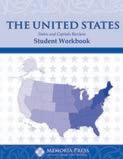
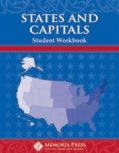

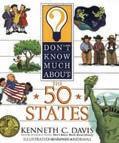
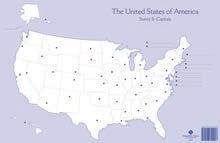


Grades 4+
$78.49 set
(text, student, teacher, and flashcards + U.S. Review student and teacher)
Geography I Text $17.80 | Geography I Student $15.70
Geography I Teacher $16.75 | U.S. Review Student $6.00
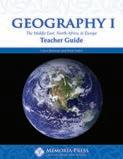
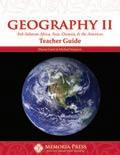
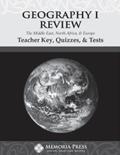
U.S. Review Teacher $8.95 | Geography Flashcards $22.00
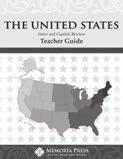
A unique geography program designed for students pursuing a classical Christian education, this course covers the area that constituted the ancient Roman Empire and the geography relevant to the Bible. Each region is explored in its historical context, providing interesting and thought-provoking facts, but the main goal of this course is for students to learn to map the countries and their capitals.
Grades 7+ $85.83 set
(text, student, teacher, classroom atlas, flashcards*)




Text $19.45 | Student $20.95
Teacher $20.95 | Atlas $12.00
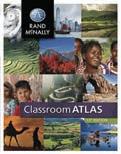
*Geography Flashcards $22.00
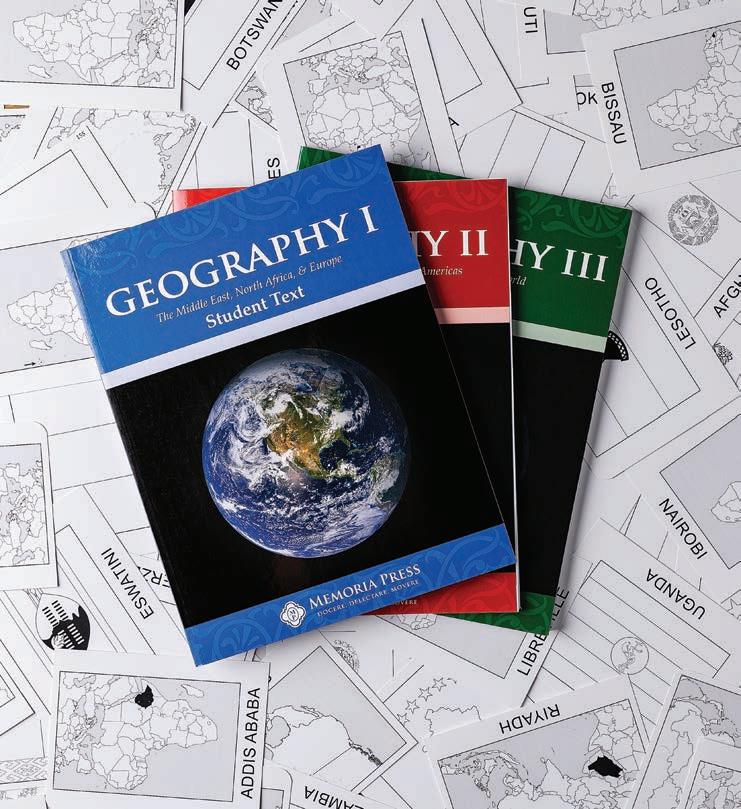


*same as flashcards in Geography I set

Grades 5+ $58.69 set

(text, student, teacher + Geography I Review student & teacher)
Geography II Text $17.80

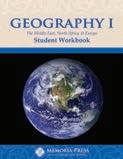
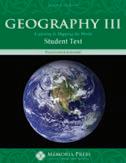
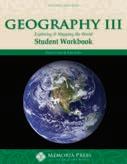
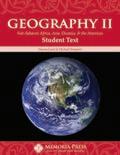

Geography II Student $15.70
Geography II Teacher $16.75
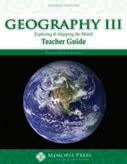
Geography I Review Student $6.00
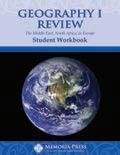
Geography I Review Teacher $8.95
Students continue to deepen their understanding of past and present as they learn to map the rest of the countries and capitals not covered in Geography I. At the end of this course, students will have mapped the entire world.

is more advanced geography course solidi es the mapping skills learned in Geography I-II but adds a study of the landforms, topography, famous landmarks, climate, culture, and religion of each continent. is is a perfect prelude to high school history.
notepad of 50 two-sided sheets
(11" x 17") | $11.50

$56.30 set (text, student, teacher)
Grades 5-8
Text $19.45 | Student $19.90 | Teacher $19.90
We have combined Guerber's e Story of the irteen Colonies and e Story of the Great Republic into one edited volume that makes for a perfect one-year survey of American history in the middle school years. e guide includes important facts, vocabulary, and comprehension questions, as well as enrichment activities such as mapwork, drawings, research, writing assignments, and more!
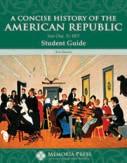
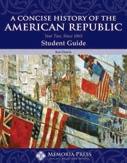
Grades 5-8
Student $8.95 | Teacher $6.00 is is a valuable tool for helping students learn to study well. Use this in conjunction with e Story of the irteen Colonies & the Great Republic and e Story of the World, Vol. 4 to teach students how to recognize, organize, and retain key pieces of information from what they read.
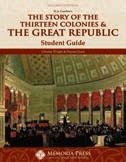
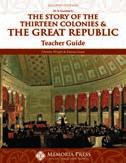
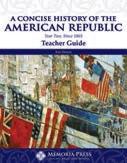
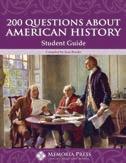
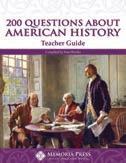
Grades 5-8
Student $11.50 | Teacher $6.00
Flashcards $14.20
Compiled from e Story of the irteen Colonies & the Great Republic and e Story of the World, Vol. 4. e Flashcards are based on our study guide, but can be used with any good American history course.
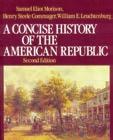

Year I: $238.34 set (text, student, teacher) | Year II: $35.90 set (student, teacher)
Grades 9+
Text $214.99 (used for Year I and Year II)
Year I Student $17.95 | Year I Teacher $17.95 | Year II Student $17.95 | Year II Teacher $17.95 is two-year course is designed to give students a good understanding of the period of history from pre-1615 life in North America to the post-Civil War Reconstruction years (Year One) and the period between the end of Reconstruction to the Reagan years (Year Two). Our guides provide reading notes for each chapter, as well as comprehension questions that help students focus on the most important information from each chapter.
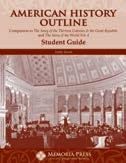
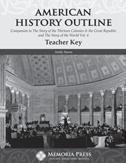

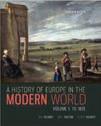
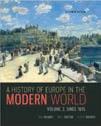
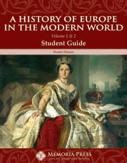

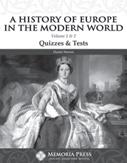
$46.80 guide set (student, teacher, quizzes & tests)
Grades 10+
Student $22.00 | Teacher $24.00
Quizzes & Tests $6.00
Vol. I & Vol. II Text $150.00 ea. is course covers the political, societal, and religious upheavals, particularly in Western Europe, that have shaped and reshaped the continent in the last seven hundred years. Students will study events leading to the rise of Europe through the formation of contemporary Europe, including the French Revolution, Napoleonic Europe, World War I & II, and the Cold War. e texts include helpful maps, timelines, and illustrations. e Student Guide requires students to note Key Terms, Key Figures, Key Dates, and Key Structures, in addition to comprehension questions, short essay questions, and timeline and map activities. e Teacher Manual has answers to the Student Guide plus background information for the teacher, and an overview, summary, and conclusion for each lesson, focusing on the material students need to master.

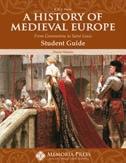

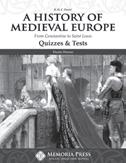
From Constantine to Saint Louis
$107.06 set (text, student, teacher, quizzes & tests)
Grades 10+
Text $66.95 | Student $22.00 | Teacher $24.00
Quizzes & Tests $6.00
is course covers the tumultuous transformation of Europe in the Dark Ages and the High Middle Ages, from the barbarian invasions and the conversion of Constantine to the Crusades and the rise of feudalism. e study guide helps the student pull out key terms, gures, and events, and provides comprehension and short answer essay questions.








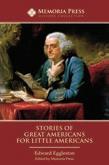 by Edward Eggleston
by Edward Eggleston
Grades







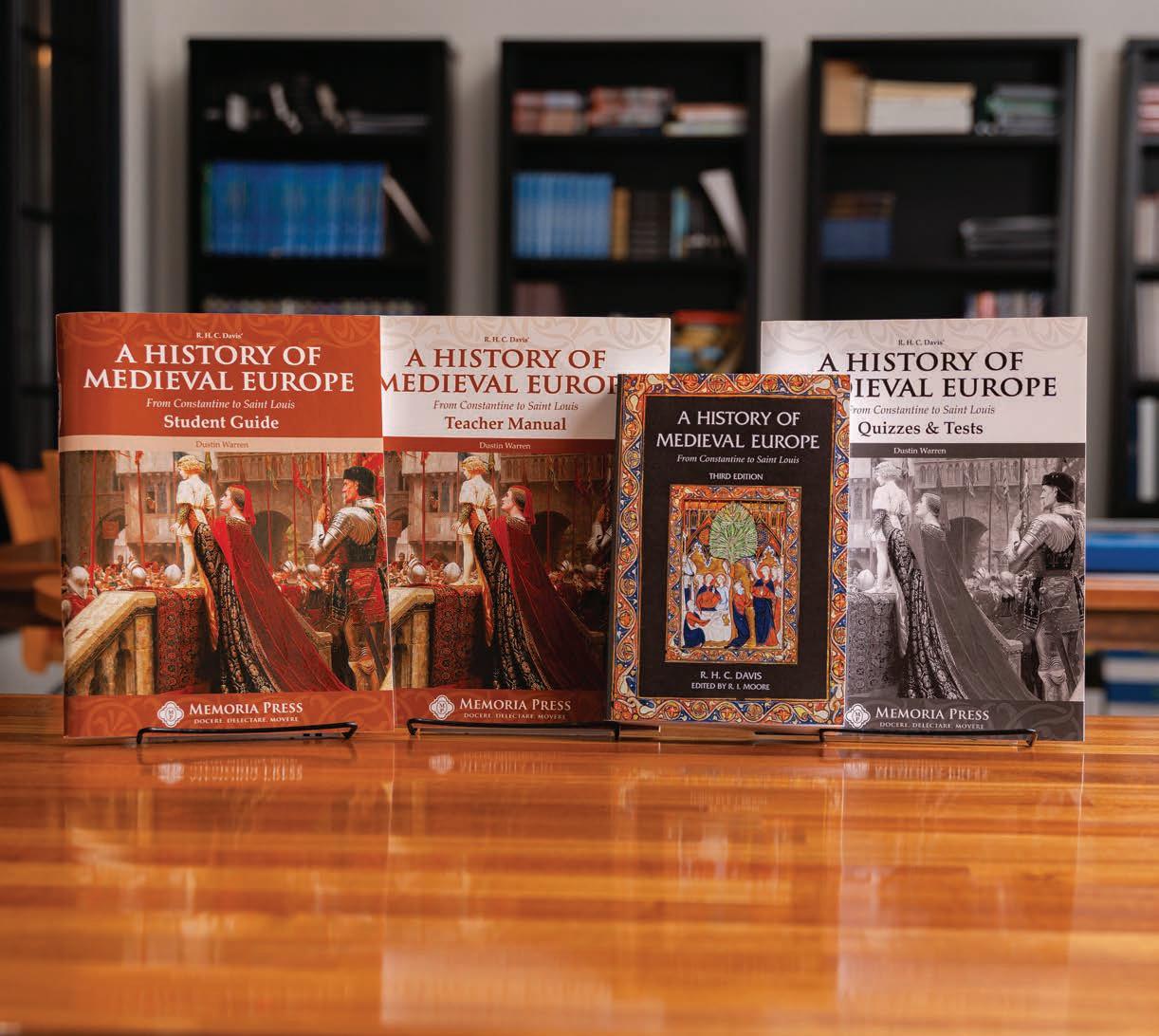





$24.53 set (student and teacher)
Student $17.35 | Teacher $11.50
Master the Greek alphabet, letter by letter, before tackling First Form Greek.
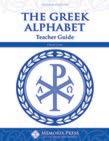


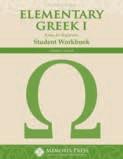
An introduction to Greek grammar for younger students.

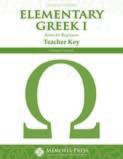
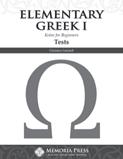
Grades 4-8
$76.61 Year One set (shown right)
(text, workbook, CD, flashcards, tests, teacher key)
Year I Text $15.75 | Year I Workbook $17.35
Year I Tests $6.00 | Year I Teacher Key $17.35
CD $10.00 | Flashcards $14.20
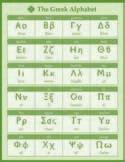

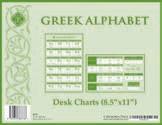
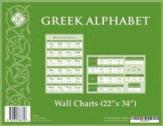
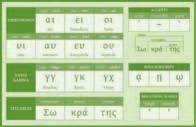

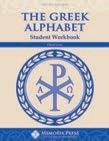
Wall Charts (left) 22" x 34" (2 charts) $14.65 | Desk Charts (right) 8.5" x 11" (2 charts) $10.00
Chart 1: the Greek alphabet
Chart 2: diphthongs, accent marks, pronunciation helps, and syllable names
$75.19 Year Two set
(text, workbook, CD, flashcards, tests, teacher key)

Year II Text $15.75 | Year II Workbook $17.35
Year II Tests $6.00 | Year II Teacher Key $17.35
Streaming Audio $8.50 | Flashcards $14.20
$64.08 Year ree set

(text, workbook, CD, flashcards, tests)
Year III Text $19.90 | Year III Workbook $17.35
Year III Tests $6.00 | CD $10.00
Flashcards $14.20
 by Cheryl Lowe & Michael Simpson
by Cheryl Lowe & Michael Simpson
Grades 7+
$136.16 complete set (all 5 books, CD, videos, flashcards)

$75.01 basic set (all 5 books + CD)
Text $15.75 | Workbook $17.35 | Teacher Manual $13.60
Teacher Key $17.35 | Quizzes & Tests $6.00
CD $10.00 | Flashcards $16.75
Instructional Videos: DVDs or Streaming $55.00
First Form Greek is written for parents and teachers with or without a Greek background. Its goal is to present the grammar logically and systematically so that anyone can learn it.



· 6 pages of exercises in the Student Workbook give you ample practice for the 31 two-page lessons of the Student Text
· Weekly, reproducible Quizzes & Tests ensure the material is being mastered.
· e Pronunciation CD and Flashcards provide constant practice of grammar forms and vocabulary.


· e Teacher Manual and complete Teacher Key equip both the brand new and the veteran Greek instructor with everything needed to teach, including day-by-day lesson plans, oral drills, additional notes, and an answer key for all exercises and quizzes.
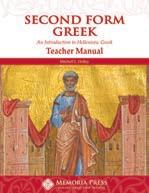
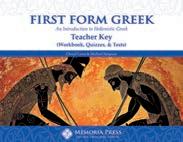
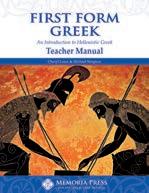
· Instructional Videos (DVDs or streaming) are also available, with superb 10-20 minute lessons given by Highlands Latin School teacher Elizabeth Pierce.
 by Mitchell L. Holley
by Mitchell L. Holley
Grades 8+
$75.01 basic set (all 5 books + CD)
Text $15.75
Workbook $17.35
Teacher Manual $13.60
Teacher Key $17.35
Quizzes & Tests $6.00
CD $10.00
Flashcards $16.75
Instructional Videos: Coming Soon!
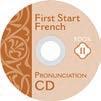
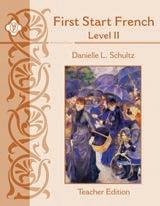
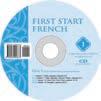 by Danielle Schultz
by Danielle Schultz
Grades 5-8
$51.00 set
(student, teacher, CD)
Student $20.50
Teacher $20.50
CD $10.00
Second Form Greek is the second year of our three-part Greek Forms Series. Continue your systematic study of Greek grammar with our clear, concise Student Text and ample practice exercises in the Student Workbook , including substantial translation exercises. Weekly Quizzes & Tests ensure retention of the material, and the Teacher Manual and Teacher Key provide lesson plans, additional notes, and a comprehensive answer key. e Pronunciation CD and Flashcards allow students to practice quick recall for mastery.
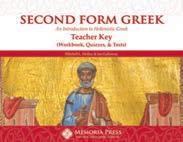
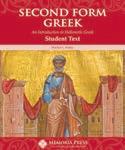
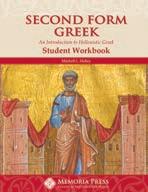
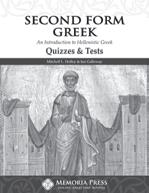
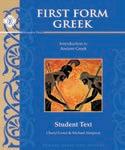
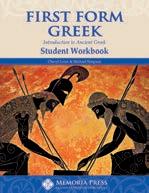
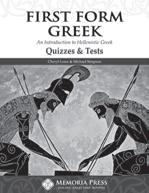
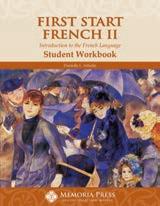

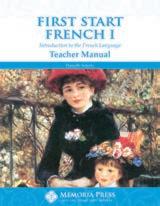 by Danielle Schultz
by Danielle Schultz
Grades 5-8
$51.00 set
(student, teacher, CD)

Student $20.50
Teacher $20.50
CD $10.00

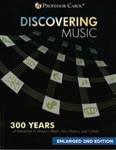
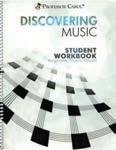
with Dr. Carol Reynolds | Grades 8+ $170 set
(Textbook, Student Workbook, DVDs, Teacher Manual download)
Textbook $39.95 | Student Workbook $29.95 | DVDs $106.10
Join Professor Carol as she travels the world using music as the window into political and cultural history. e expanded second edition includes a separate Textbook—now including art and additional information—and a Student Workbook—with more activities, questions, and timelines—which both still correspond perfectly to the rst edition DVDs.
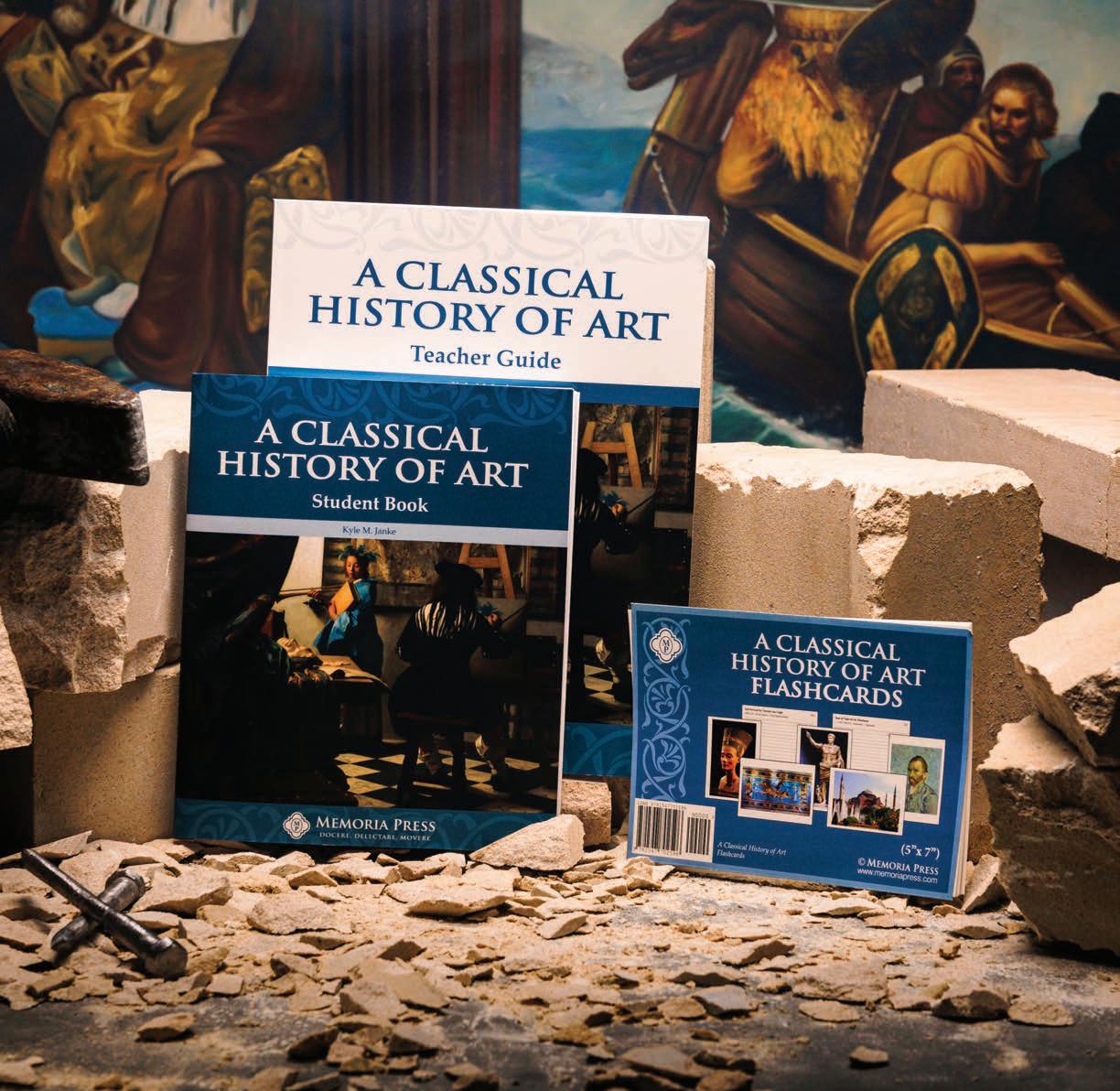
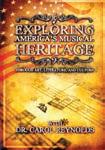
with Dr. Carol Reynolds Grades 5+
$49.95 set (2 DVDs totaling more than 4 hours) In this course, Professor Carol—along with 38 other historians, scholars, and artists—takes you on a journey through America's musical history. When we sing the songs our greatgrandparents learned around a camp re, read the poems they recited, and study the paintings or quilts they created, we visit the past in a tangible way.

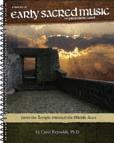
with Dr. Carol Reynolds | Grades 8+
$119 set (text, workbook, DVDs)
Text $24.95 | Assignments & Quizzes $22.95

Here you will find a description and explanation of how Christians worshiped God in song for over a millennia. In addition to the sheer beauty of the songs themselves, you will learn how musical notation developed, who the great Christian composers were, and how historical circumstances affected the musical worship of the Church. DVDs include musical performances and Professor Carol's unparalleled commentary.



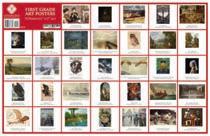
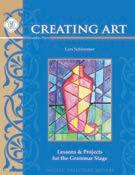
Grades 3-4
$23.05
Students will begin with color theory and basic art techniques. They will create projects that relate to literature, science, Mesopotamian and Egyptian art, portraits, landscapes, still life, and much more!







Student Book $17.35
Enrich your
primary education with beautiful pieces of art from the most in uential artistic movements in history, including the Renaissance, Romanticism, Impressionism, and more!
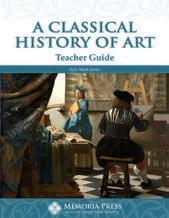
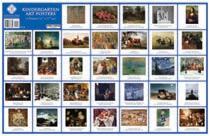
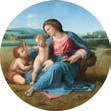
supplements are coordinated with our primary
sets.
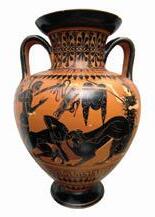




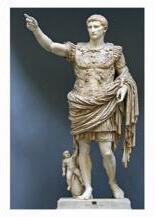
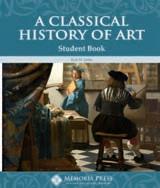

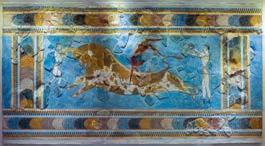 by Kyle M. Janke
by Kyle M. Janke
Grades 9+
$97.92 set
(student, teacher, flashcards, instructional videos)
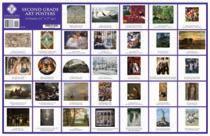
Student $19.90 | Teacher $19.90
Flashcards $14.00
Streaming Instructional Videos $55.00
In A Classical History of Art, the timeless qualities of Greek expression inform a succinct and cohesive survey of 5,000 years of Western art. From the prehistoric period to the beginning of modern art, this study demonstrates the signi cance of classical values in the development of the sculpture, architecture, and painting of the West. Focused on cultivating fruitful and revelatory discussion, this curriculum presents the features, terms, and pertinent discussion questions of each major period, supplemented by close analysis of major works, lessons in visual composition, master copy drawing assignments, and 80 color ashcards. In the instructional videos, Kyle Janke walks your student through the course in twelve lessons, with lectures and thoughtful discussion points that complement and supplement the student text. For the educator, student, or curious individual, this course will produce the ardent and enlightening dialogue necessary to direct our interactions with great art.
Audio Companion CD $10.00 is course aims to deepen your student's appreciation of music by grounding the greatest pieces in the canon of Western classical music in their historical context, and by introducing the foundational musical concepts of notation, rhythm, pitch, form, and melody to give a fuller understanding of the inner workings of the pieces and of music in general.


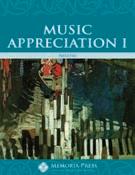
Literature stands in intimate relationship with each of the arts, but its closest relationship is with music. The purest form of this relationship involves a composer's timeless desire to take a poem, wrestle with it, and turn it into a song.
Yet what about the novel? Can a complex narrative be transformed into music? The answer, happily, is an enthusiastic "Yes!" Consider the spectacular legacy of operas based on novels that graces our Western canon. This legacy attests to a methodical process that allows scriptwriters (librettists) to recast the content of novels into blocks of poetic and prosaic texts suitable for singing. The world's theaters are filled with masterful operatic renditions of novels as complex and diverse as Tolstoy's War and Peace, Voltaire's Candide, or Steinbeck's Of Mice and Men
Still, what happens if the words drop away—if sets, costumes, and action disappear? Can a novel be expressed solely through instrumental sound as a viable narrative? This question fascinated a group of European composers in the mid-nineteenth century. Their decision to take up the challenge brought forth a new genre of instrumental music called the "symphonic poem" or, more popularly, the "tone poem."
Today, audiences find it hard to imagine that launching this type of music could unleash a controversy, but it did. Indeed, the novel itself had initially evoked controversies. Evolving from a stilted epistolary form into a continuous narrative, the novel was originally viewed as an inferior genre when compared to classical poetry and drama.
By the nineteenth century, though, the gravitas of the novel was well established. At that same moment, the tone poem was raising a different concern. Did classical forms (as used by Bach, Haydn, Mozart, and Beethoven) still have viability? Should these structures be abandoned for freer forms, whose effect relied on layers of thematic interconnections, instrumental color, and a bold play on the audience's emotions?
The debate escalated and gained the name "The War of the Romantics." Composers like Franz Liszt and the rising star Richard Strauss found themselves pitted against those advocating what textbooks would call "Absolute Music"—music utilizing the structural principles of the seventeenth and eighteenth centuries as epitomized in the new symphonies of Johannes Brahms. This battle raged for nearly thirty years, particularly as promulgated by the brilliant critic and friend of Brahms, Eduard Hanslick, who minced no
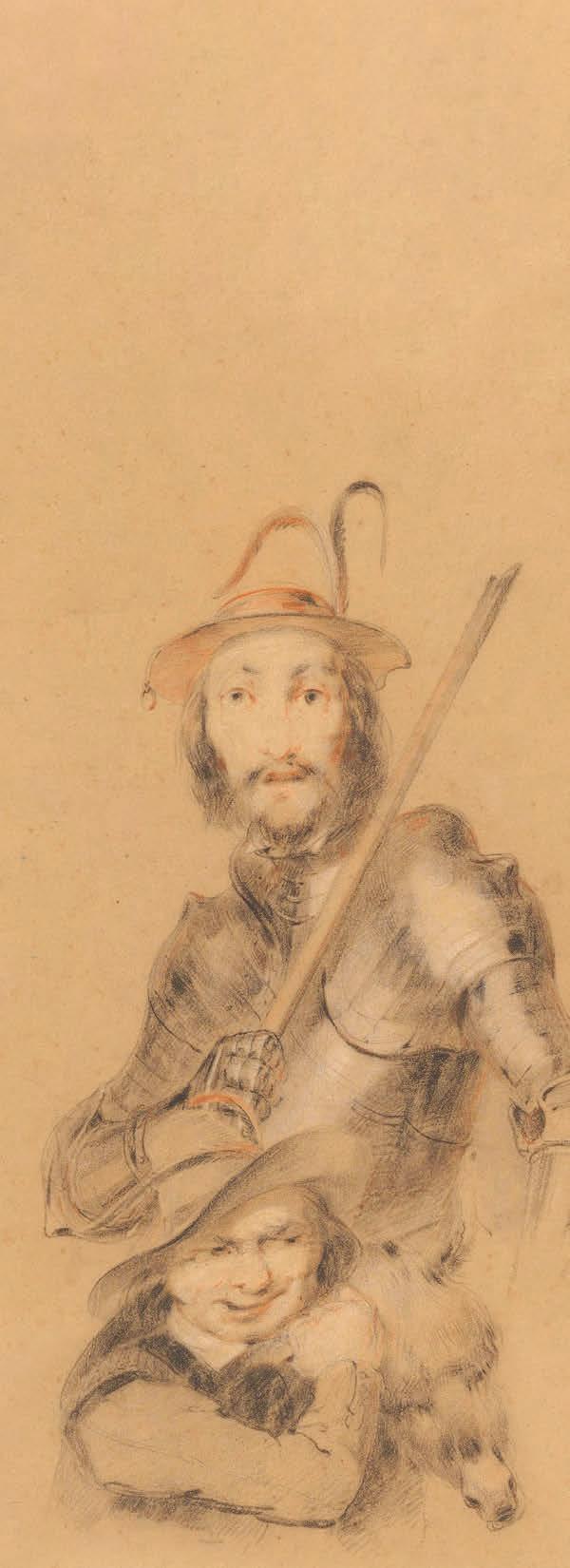
words in his famous assessment of Strauss' first tone poem Don Juan (1888):
He who desires no more from an orchestral piece than that it transport him to dissolute ecstasy … may well find pleasure in this music .
Today's audiences feel none of this conflict. They happily take the structured voyage through a Brahms symphony and then, after intermission, settle into the emotional roller coaster of a tone poem by Liszt or Strauss.
Of course, not every masterful novel can be paired with a tone poem (although there may be a matching opera). Still, studying nineteenth-century tone poems allows the possibility of experiencing plot, characterization, and atmosphere through the excitement of musical sound and its effect on the imagination.
As a fine example, consider Miguel Cervantes' novel The Ingenious Gentleman Don Quixote of La Mancha (1605/1615) which pairs wonderfully with Strauss' tone poem Don Quixote (1897). Cervantes' innovative novel with its unconventional heroes, Don Quixote and Sancho Panza, overflows with scenes of charm, adventure, and tragedy that beg for musical expression. Because of the episodic nature of that novel, Strauss (who, in fact, loved classical structures) framed his tone poem using the flexible form of theme and variations, even subtitling the piece "Fantastic Variations on a Theme of Knightly Character."
The introductory section parallels the novel's opening: "Don Quixote Loses His Sanity After Reading Novels About Knights, and Decides to Become a KnightErrant." In the next section, "Don Quixote, Knight of the Sorrowful Countenance," Strauss unveils the principal theme for Quixote, played by the solo cello. This noble melody soars in an upward flash that frequently characterizes Strauss' style. In the next section, Strauss introduces the listener to Sancho Panza and his braying donkey, offering a more rugged theme played by the colorful sounds of tenor tuba, viola, and bass clarinet.
Thereafter, ten intense variations paint the novel's most beloved scenes:
Variation : "Adventure at the Windmills"
Variation : "The Victorious Struggle Against the Army of the Great Emperor Alifanfaron"
Variation : "Dialogue Between Knight and Squire"
Variation : "Unhappy Adventure with a Procession of Pilgrims"
Variation : "The Knight's Vigil"
Variation : "The Meeting with Dulcinea"
Variation : "The Ride Through the Air"
Variation : "The Unhappy Voyage in the Enchanted Boat"
Variation : "Battle with the Magicians"
Variation 10 : "Duel with the Knight of the Bright Moon"
In the Finale, "Coming to His Senses Again," Quixote accepts his fate and gives himself up to a gentle death. Excellent comparisons between the novel and the tone poem include the second variation, where Strauss portrays the bleating sheep that flee the advance of the delusional Quixote. Quite wonderful is the moment uixote falls off his horse, rendered by a harp glissando. The Don's first encounter with the common maid Aldonza (his idealized "Dulcinea") gaily dances in an alternating 2 + 3 meter with the sound of tambourine and pizzicato strings. The sixth variation and the seventh are both short, and thus make excellent sections to present to younger students.
Thought-provoking and stunningly beautiful, the Finale expresses the last murmurs of Quixote's passion. The solo cello flutters with hope, and then, dropping low in the register, falls powerless as the Don's head lies motionless on the pillow. The full orchestra stands back in silence, evoking the words of the notary in Cervantes' novel: "Never has a mind died so mildly, so peacefully, so Christianly."
In all seven of his tone poems, Strauss made unprecedented demands on his orchestral players. Previously unexplored acoustical effects, pungent harmonies, unconventional doublings of instruments, melodic lines stretched to extreme registers, fast tremolos, intense pluckings and flutter-tonguing—these devices and many more stretched the abilities of players who were, unquestionably, some of Europe's best. Yet today, these same devices are considered standard techniques in orchestral music.
Whether narrating exact detail or suggesting a philosophical atmosphere, tone poems abound in instrumental color, memorable themes, and dynamic motion, enhancing the power of literary expression for both listener and reader.
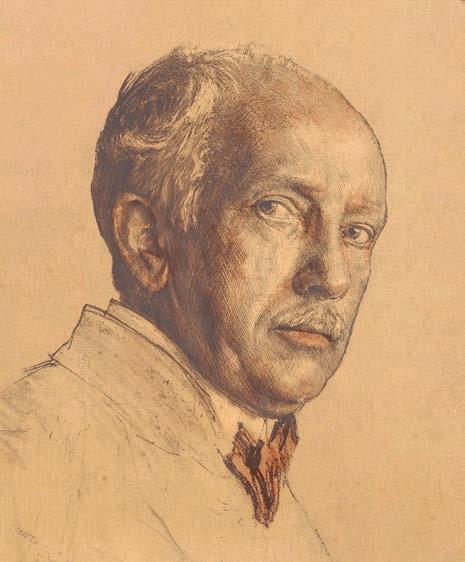
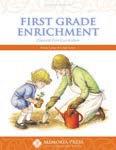
Classical Core Curriculum supplement (Kindergarten, 1st Grade, or 2nd Grade)
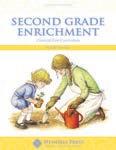
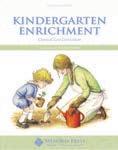
$22.00 ea.
ese supplemental guides coordinate with our Classical Core Kindergarten, First Grade, and Second Grade programs. Each guide includes an overview of each read-aloud book, author and illustrator biographies, oral reading questions, and a simple language lesson, as well as resources for the history, culture, and science lessons, biographies of the artists, and poetry lessons. Lessons from Music Enrichment are scheduled here as well.
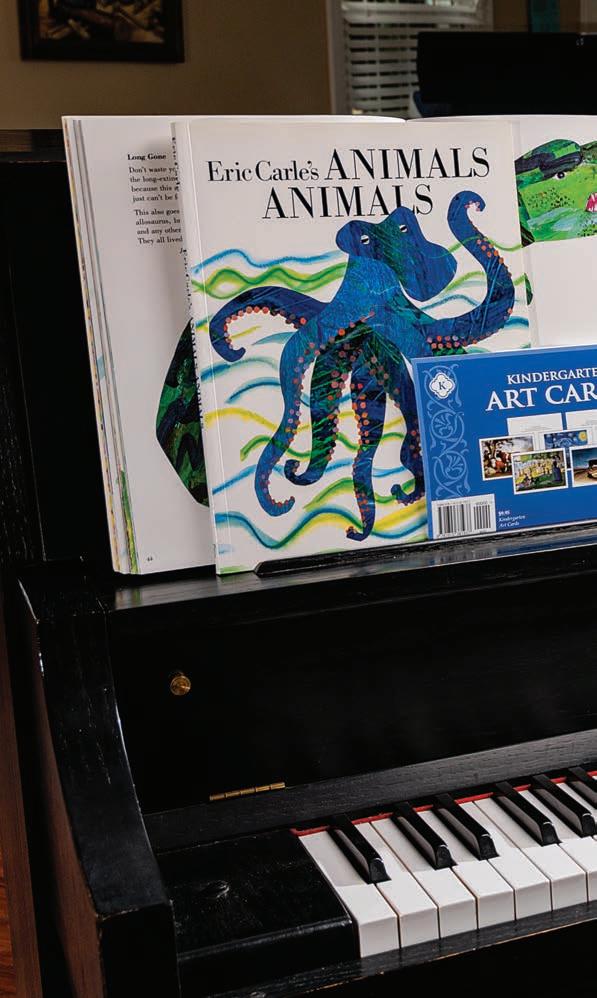
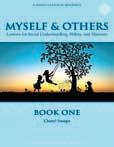
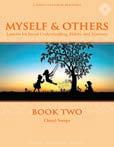
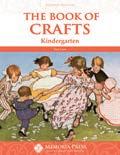
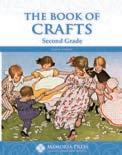
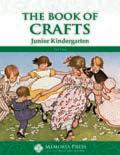
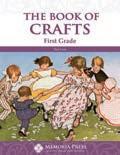
Classical Core Curriculum supplement Grades Jr. K-2 | $19.45 ea.
e creative arts are an essential part of primary school education. ese activities reinforce number and letter recognition, strengthen ne-motor skills, and foster creativity and con dence. ere is a craft project for each read-aloud in Memoria Press' Jr. K-2 curriculum packages, and additional crafts that focus on art concepts. Enjoy each of your creations and the time spent together making them.
Classical Core Curriculum supplement
Grades K-2
$14.65
Music
Enrichment goes into more detail about each song studied in our Enrichment Guides, including a short backstory on each song and its composer, as well as a few interesting facts and discussion questions. Purchase of this book also includes links to playlists so you can listen to good recordings of each piece.

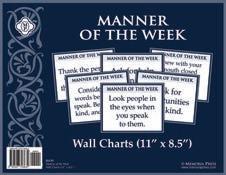
Grades K+
Wall Charts (11" x 8 ½") $17.35 | Flashcards (5 ½" × 4 ¼") $11.50
Be respectful, listen carefully, look for opportunities to include others, chew with your mouth closed—these simple, thoughtful guidelines for good manners are a great aid for your classroom or homeschool. ere are 36 manners, one for each week of your school year. Each week, hang up the wall chart as a helpful visual aid and use the short explanations and examples on the ashcards to discuss proper behavior at the dinner table, around the home, and out in public.
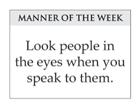
Lessons for Social Understanding, Habits, & Manners
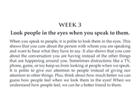 by Cheryl Swope
by Cheryl Swope
Ages 4-13
Guide Books $20.95 ea.
Book One Core Set $59.76
Book One Read-Aloud Set $105.90
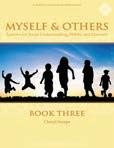
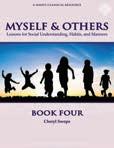
Book Two Core Set $23.35
Book Two Read-Aloud Set $106.83
Book ree Core Set $60.26
Book Four Core Set $53.12
Grade K
$16.80
Kindergarten Morning Work is designed to practice quick recall of concepts already taught in the Kindergarten Curriculum. It purposefully does not introduce new concepts, but allows young students to build con dence and gives teachers the opportunity to gauge mastery. Two days a week students will review penmanship, phonics, color words, number awareness, and the manner of the week.
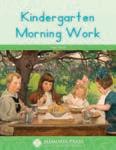
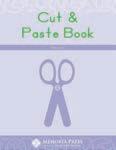
Grade K
$6.85
Fine-motor skills are critical for primary students to master. We have paired this Cut & Paste Book with our kindergarten phonics and reading program so that students can practice their scissors skills, using glue, and tracing letters while working on mastery of beginning phonics sounds. e pages are in the same order that students study the alphabet in First Start Reading, with additional pages for the h-consonant teams of sh, th, ch, and wh as they are introduced.
Recommended for Ages 3-5
My Very First Scissors Book $6.85
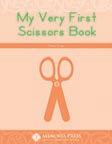
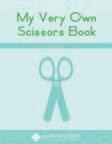
My Very Own Scissors Book $6.85
Help your student develop hand strength, ne-motor skills, and independence with one or both of these books.
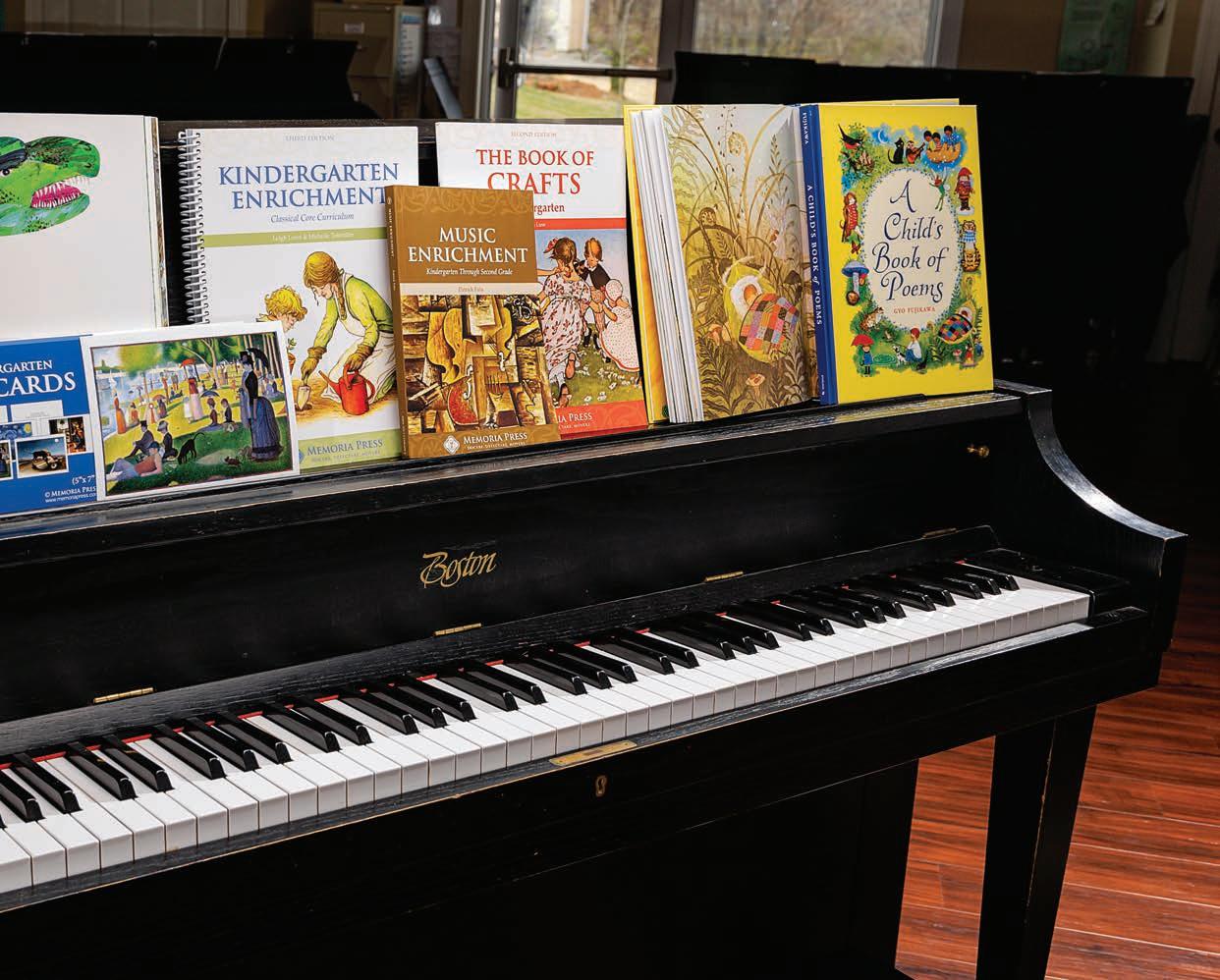

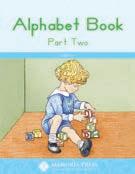
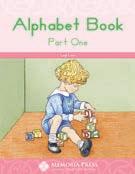 by Leigh Lowe
by Leigh Lowe
Recommended for Ages 4-5
$33.60 set (2 books)
Teaches letter recognition, letter formation, and pencil grip. is is a gentle introduction to phonics.


Recommended for Ages 4-5
$16.80
is is the great precursor to Numbers Book Part One. is book introduces each number through 15 and color words with tracing and coloring activities.
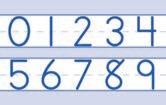

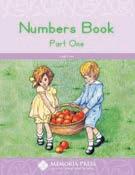
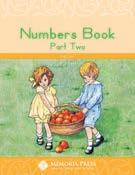
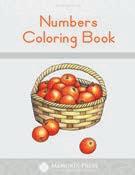
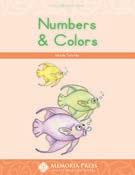
Recommended for Ages 4-5
Alphabet $6.85 | Numbers $6.85
Practice number and letter recognition while developing ne-motor and coloring skills.
Recommended for Kindergarten
$33.60 set (2 books)
Continued practice with numbers, counting, and patterns for the kindergarten student who is ready to move beyond simple tracing. is a nice supplement to any kindergarten math program.
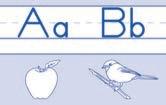



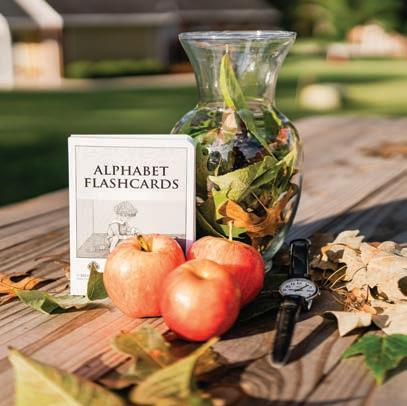

(4¼'' x 5½")

$11.55
Deck contains one card for each letter of the alphabet. Each card has the upper- and lowercase letter on one side and a simple illustration on the ip side that allows practice with the beginning letter sound.
(also available in New American Cursive font, p. 79) (11'' x 17'') | $17.35
ese visual aids reinforce each letter of the alphabet and numbers zero to nine while young students learn to read and write or practice their penmanship. Each illustration is hand-drawn and matches the drawings on the Alphabet Flashcards
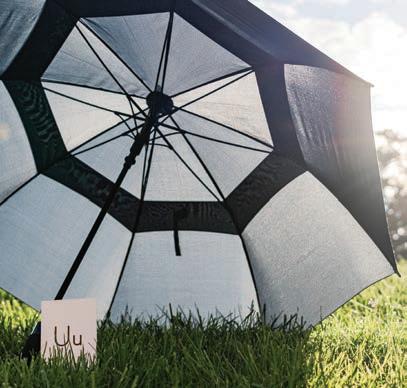
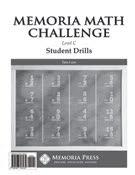
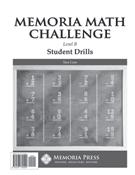
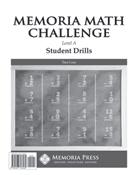
Levels A-C | Grades K-2
Student $17.35-$19.95 ea. Teacher $6.00 ea. Our goal for math in the primary grades is the mastery of basic facts. One of the most e ective ways to help students achieve mastery is simply to practice. With daily timed drills, Memoria Math Challenge is designed to give students that necessary math practice and also to help the teacher measure students' immediate recall. We start with addition, subtraction, and number dictation in kindergarten, and ramp up to 200 daily problems by the end of rst grade. If students are able to master their math facts in the primary years, they can devote more time to complex math operations in grammar school and upper school. Student Drills are on 3-hole-punched loose-leaf paper to make it easy for you to store and copy if you need additional practice.
Arithmetic Flashcards
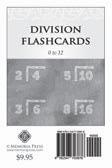

Addition & Subtraction, 0 to 18
(6" x 4")
$11.50
Multiplication Flashcards
0 to 12
(6" x 4")
$11.50
Division Flashcards
0 to 12
(6" x 4") $11.50
Rod & Sta Math books teach your student number facts and arithmetic skills to mastery using clear, uncluttered lessons and plenty of drill practice.
Grade 1 Arithmetic (3rd Ed.)


Student Part 1 $7.50 | Student Part 2 $7.50
Practice Sheets $18.50
Teacher Manual $22.95
Speed Drills $5.50
Grade 2 Arithmetic (3rd Ed.)



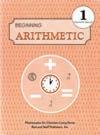

Student Unit 1 $7.50 | Student Unit 2 $7.50
Student Unit 3 $7.50 | Student Unit 4 $7.50
Practice Sheets 1 $8.50 | Practice Sheets 2 $8.50
Supplemental Pack $1.95 | Teacher Manual, Units 1-2 $13.75
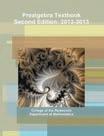
Teacher Manual, Units 3-4 $13.75
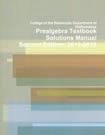
Grade 3 Arithmetic
Student Book
(with Supplemental Worksheets) $16.50
Teacher Manual (includes Worksheets Key) $17.50

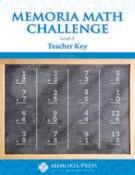
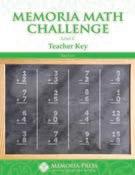
Blacklines $4.95
Speed Drills $5.50
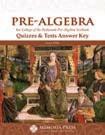
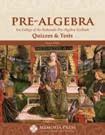


Grades 7-8
Textbook $25.74
Solutions Manual
$25.55
Quizzes & Tests
$11.50
Quizzes & Tests
Answer Key $6.00
Grade 4 Arithmetic
Student $16.50 | Speed Drill Packet $9.50



Teacher Manual Part 1 $13.25
Teacher Manual Part 2 $13.25
Tests $2.75 | Speed Drills $5.50
Grade 5 Arithmetic




Student $16.50
Teacher Manual Part 1 $13.25
Teacher Manual Part 2 $13.25
Tests $2.75 | Speed Drills $5.50
Grade 6 Mathematics
Student $15.95
Teacher Manual Part 1 $13.25
Teacher Manual Part 2 $13.25
Tests $2.50 | Quizzes and Speed Tests $4.75
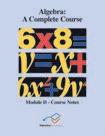
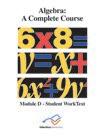
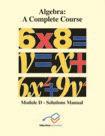
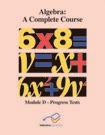

Grades 7-12
Complete Set $399 (online course + books for modules A-F)
Year One Set $235 (online course + books for modules A-C)
Year Two Set $235 (online course + books for modules D-F)
VideoText Math uses mastery-review techniques to fully explore the language of mathematics and algebraic relations. Students watch a tenminute video that develops each lesson's concept while they follow along with their Course Notes, and then complete the exercises in the WorkText Progress Tests help gauge student mastery throughout the year, with multiple forms of each quiz and test available if your student needs a little extra practice. e Instructor's Guide provides step-by-step instructions for solving the problems on each test, while the Solutions Manual does the same for the WorkText
Geometry course also available!
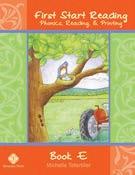
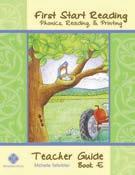
by
CherylLowe | Grade K
$52.55 set (Books A-D + Teacher Guide)
Student Books (A-D) $7.90 ea.
Teacher Guide for Books A-D $20.95



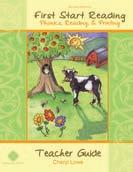


FSR is a balanced, age-appropriate approach to phonics and reading, with a serious focus on correct pencil grip and letter formation. e program uses the traditional (vowel-consonant) approach to phonics combined with word families. e FSR kindergarten program consists of 4 student books with artist-drawn pictures to color, drawing pages for each letter or phonogram, and over 40 stories. e Teacher Guide leads you through the program and provides helpful assessments and teaching tips.
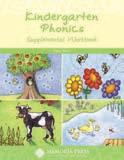










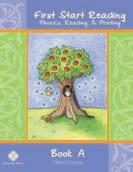
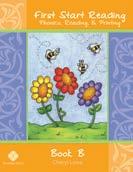
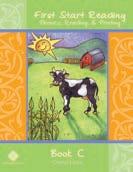





by Amber Wheat | Grade K | $16.80
Designed to be used in conjunction with First Start Reading to reinforce the phonetic concepts learned each week.
by
AmberWheat | Grade K | $16.30
Provides the extra practice needed to master manuscript printing. Correlates with the letter students are working on in First Start Reading.


1
Grade K | $260.15 set
Everything you need to teach your student to read uently, including lesson plans!
 by Cheryl Lowe
by Cheryl Lowe
Grades K-2 | $19.45
ese phonetically arranged word lists require students to rely on their mastery of letter sounds. Coordinates with First Start Reading, or is a good supplement to any phonics program.
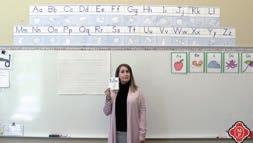

Grades K-2 | $8.95 ea. Reading is a subject that should continue through the summer to avoid regression.

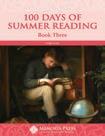
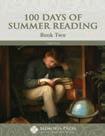
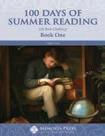
$55.00
Let primary specialist Michelle Tefertiller teach your students how to read! ese streaming videos use all the books in the Kindergarten Phonics & Reading Set.
Grades K-1
$7.90-$10.50 ea.
ese Storybooks feature the same targeted phonetic stories found in First Start Reading, with beautifully illustrated black and white pictures to help students stay engaged as they read.
Student Book E $7.90
Teacher Guide for Book E $11.50
We complete our phonics for reading program at the beginning of rst grade with First Start Reading Book E, which includes long vowel teams, sounds of soft c and g, and the three sounds of y
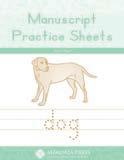

Grades K-2
(4¼'' x 5½")
$27.00
Flashcards for the nearly 200 phonograms used to spell the 44 sounds of the English language.


$27.99



Grades K-2
$67.50 set (18 books) | $3.95 ea.
ese summer reading journals are a perfect way to encourage young children to continue working on reading uency. e font size gets smaller for each journal, and each page is divided in half for drawing and writing small summaries. Kindergarten has the unique goal of reading a book a day for 100 days!
Classic stories from e Jungle Book, e Wind in the Willows, Tom Sawyer, and Doctor Dolittle have been adapted in these early readers so young children can read good stories on their level.

A manual for teachers who want to go deeper into the subject of phonics and reading.
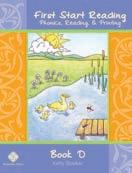
$33.99
An excellent phonics resource for grammar school teachers.



by Cheryl Lowe | Grades 1-4

$57.66 I & II set ea.
(student, teacher, practice sheets, supplemental workbook, supplemental workbook key)
$40.66 III set
(student, teacher, practice sheets)
$34.96 IV set
(student, teacher)
Student $17.35 ea. | Teacher $19.45 ea.
Practice Sheets (I-III only) $6.00 ea.
Supplemental Workbook (I & II only) $8.95 ea.
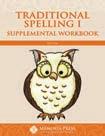
Supplemental Workbook Key (I & II only) $8.95 ea.
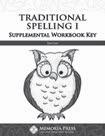
is comprehensive, phonetic approach to teaching spelling is the culmination of our phonics program. Once students have mastered reading "consonant-vowelconsonant" words with short vowels in kindergarten they are ready to begin a spelling program. Traditional Spelling is the perfect next step toward reading uency. Traditional Spelling provides students with an extensive mastery-based study of phonics.
Each lesson features writing and oral dictation practice, color-coded phonogram activities, and short stories or riddles on the student's reading level that utilize that week's spelling words.
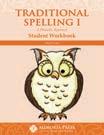
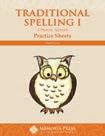
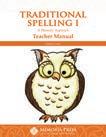
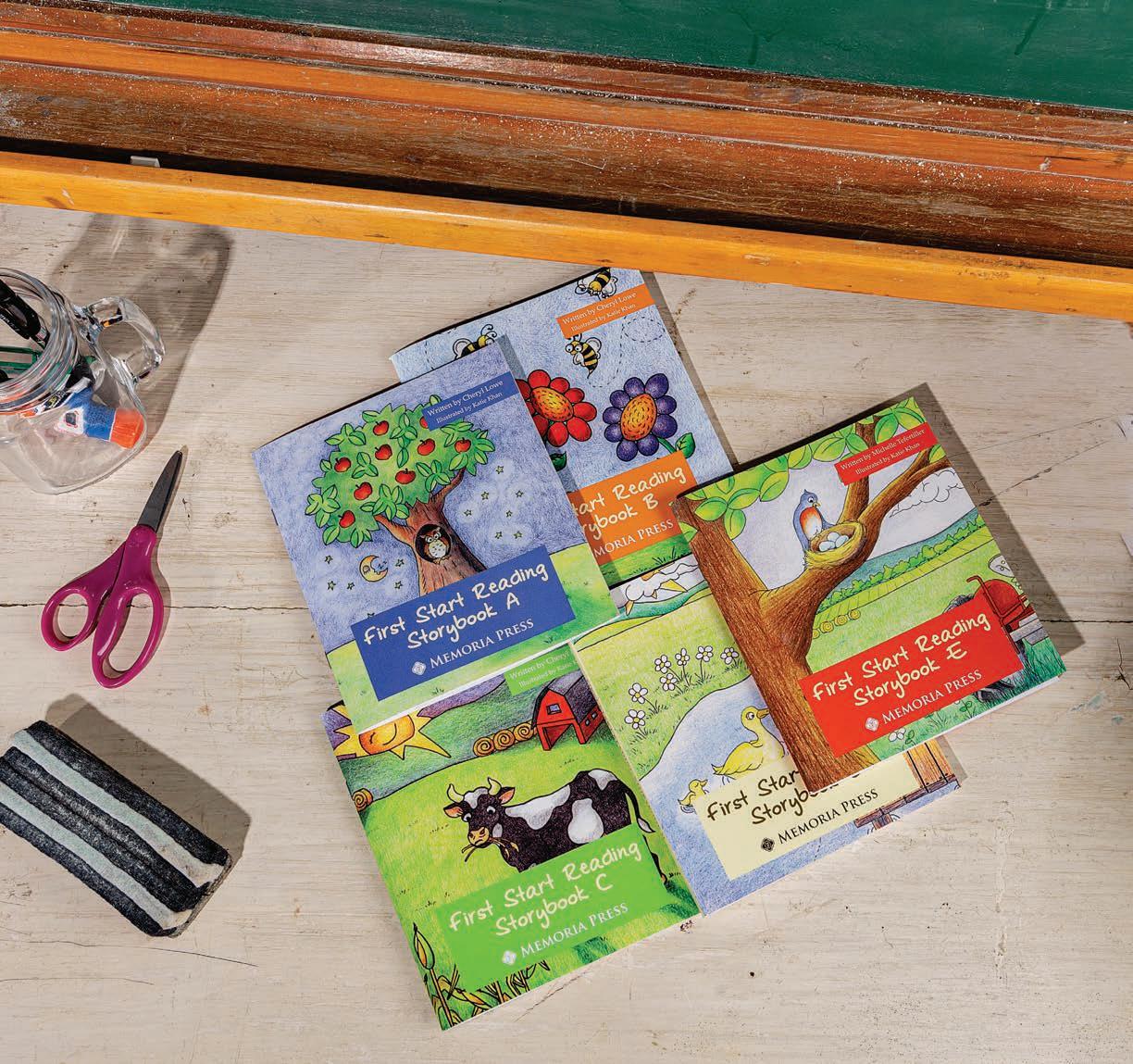
MYmother was a quiet person. Her childhood copies of Heidi, Li le Women, and Anne of Green Gables became mine. As an equally quiet child, such books gave me courage. I felt like Clara but admired the sturdy legs of Heidi. I sympathized with Beth but thrilled with Jo. I held the tenderness of Diana but sought the boldness of Anne.
True kindred spirits, my mother and I ventured to the library together every week. For larger research assignments she drove me to the Headquarters Library in St. Louis, where I scoured reference books, periodicals, and original sources in the towering stacks on numerous floors. I marvel now that my mother never hurried me. She was perfectly content to sit and read a novel while I studied and wrote.
Not long ago my mother entered the final stages of lung illness. No longer able to climb stairs, she needed to sell her townhouse-style condo. She selected a twobedroom apartment in a quiet retirement home. My brother and I wondered about her need for two bedrooms. She insisted. Then we understood: She wanted her books to come with her.
If someone accidentally called her second bedroom an office she corrected, "It's my library." Arranged by author and deemed "better than most books written today," the books in her collection had become her treasured companions. When confined to the sofa or her bed, my mother confided, "I'm just so thankful that I read." My mother was at home in books.
My mother loved talking to my son Michael about books. Both drawn to history and both confined at times to solitude more than either might wish, they shared books back and forth. Sometimes biographical, sometimes novels of historical fiction, and often
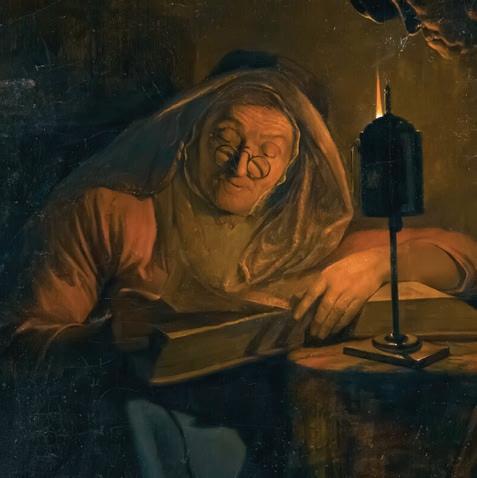
themed by World War I or II, these trades delighted me. I appreciated my mother's sharing her love of books without fanfare or recognition. She did this, quite literally, with greater ease than breathing.
After my mother died and some time had passed, I found myself looking for a novel to read. My son's childhood friend—classically homeschooled and with a master's degree in library science—was visiting. He seemed a logical choice for seeking a recommendation. Without hesitation he suggested Jane Eyre. He ranks A Christmas Carol as the best story ever told but Jane Eyre as one of the best novels ever written. I began reading. Immediately, especially for anyone who loves a "foundling," an adopted child, or a child with a difficult past, Jane Eyre becomes both pointed and poignant. In the dark settings in which Jane finds herself as a child—specifically owood school—we find everything from which we want to protect our children. A hypocritical Mr. Brocklehurst and a ruthless Miss Scatcherd engage in lashing young Jane and her delicate friend Helen with harsh public rebuke:
We heard the voice of Miss Scatcherd: she was examining drawers; she had just pulled out Helen Burns's, and when we entered Helen was greeted with a sharp reprimand, and told that to-morrow she should have half-a-dozen of untidily folded articles pinned to her shoulder.
Juxtaposed against this relentless, merciless meanness, we also see true education in the healing sanctuary of kindhearted Miss Temple's room, where Jane and Helen are often invited secretly:
Miss Temple asked Helen if she sometimes snatched a moment to recall the Latin her father had taught her, and taking a book from a shelf, bade her read and construe a page of Virgil; and Helen obeyed.… Miss Temple embraced us both, saying, as she drew us to her heart—"God bless you, my children!"
All that we appreciate in classical Christian education is humanized, elevated, and made beautiful in such
passages. They softened me. In my dealings with my children the next day, I envisioned Miss Scatcherd and Miss Temple. Miss Scatcherd was all that I sought to avoid, while Miss Temple embodied all that I wish to become. I found myself holding my tongue, extending my patience, and warming my words before speaking them.
Much more could be said of the impact of Jane Eyre, as with any great novel, but one phrase that struck me most comes toward its end. In unexpected circumstances Jane finds herself walking alone in the dark. Weak and hungry, there appears no one to aid her. Fearing she will die alone, Jane stumbles upon a sequestered home. Jane later describes Moor House this way: "the grey, small, antique structure, with its low roof, its latticed casements its avenue of aged firs—all grown aslant under the stress of mountain winds.… I saw the fascination of the locality." She adds: "I felt the consecration of its loneliness: my eye feasted on the outline of swell and sweep."
I paused. When we enter the rich, seemingly solitary landscape of a classic novel, we feast on the outline of its swell and sweep. We see the fascination of the locality. We feel the consecration of its loneliness; yet there is more.
I was eager to discuss the novel with my son's friend. Such a conversation could be shared only by those who had reveled in the book's pain and strength. I felt this truth as an echo of Jane's experience with Diana and Mary at Moor House:
I devoured the books they lent me: then it was full satisfaction to discuss with them in the evening what I had perused during the day. Thought fitted thought; opinion met opinion: we coincided, in short, perfectly.
This is the desire of education: to invigorate our minds with the greatest books, to find our home in those books, and to share them with each other. Worthy reading becomes the consecration of our loneliness.
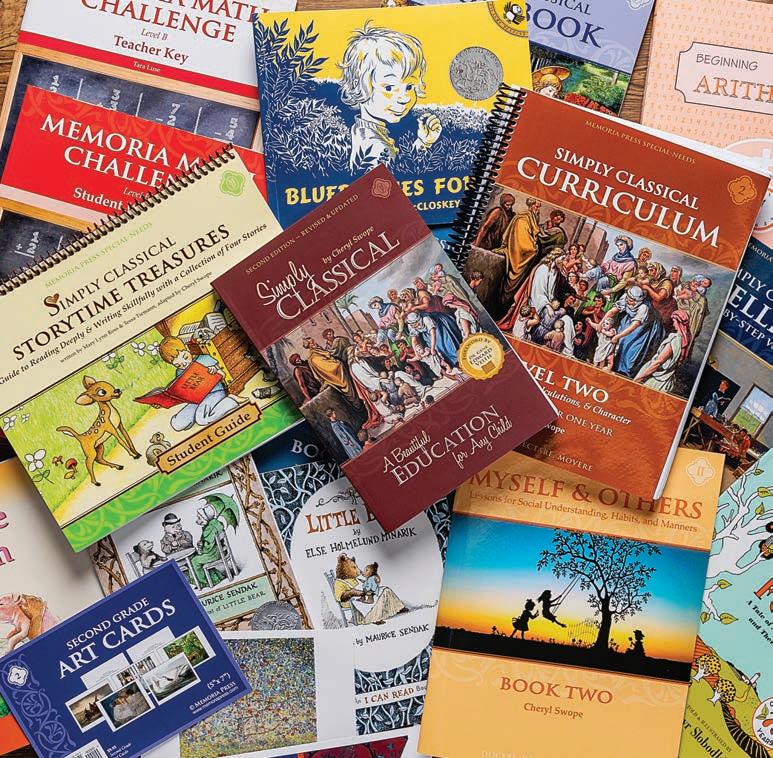
In the end, however, a novel can do only so much. In the final months of my mother's life, did we read a novel together? No, we turned to a book my mother had received at age thirteen. She kept this book through high school and college, marriage and childrearing, older adulthood and, now at eighty-six, in her final residence. When her pastor visited us, this book was the book I retrieved from my mother's shelves.
My mom's mind was not as strong as it had been, nor was her faith as unwavering. nable to attend church and receive needed fortification, my mother had begun to feel scared, discouraged, and uncertain. Her pastor knew where to turn. He assured my mother with eternal words: "Surely goodness and mercy shall follow me all the days of my life: and I will dwell in the house of the Lord for ever" (Psalm 23:6). Uncrossing her arms, relaxing the furrows on her face, my mother exhaled deeply. She smiled. Tears moistened her eyes in relief.
At her funeral service, the same pastor closed with a benediction from a later passage in the book:
For I am persuaded, that neither death, nor life, nor angels, nor principalities, nor powers, nor things present, nor things to come, Nor height, nor depth, nor any other creature, shall be able to separate us from the love of God, which is in Christ Jesus our Lord (Romans 8:38-39).
This is the ultimate consecration of our loneliness. Where great novels may only point, one book truly
Choose from:
New American Cursive 1
New American Cursive 2: Scripture & Famous Quotations
New American Cursive 2: Quotations from Famous Americans
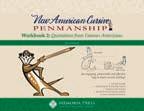
New American Cursive 3: Scripture & Lessons on Manners
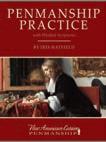

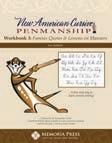


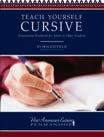
New American Cursive 3: Famous Quotes & Lessons on Manners
• Improved neural connections in the brain
•Increased ability to read cursive
•Increased writing speed
•Improved ne-motor skills
• Improved reading and spelling ability

• Increased self-discipline and eye-hand coordination
• Improved attractiveness, legibility, and uidity of one's signature
• Increased self-con dence, continuity, and uidity when communicating with the written word
Grades 1+ | $25.00 ea.
e New American Cursive (NAC) penmanship program is an easy-to-follow resource for learning cursive. Simpli ed letter forms and clear instructions teach your student to write in a fast, legible script. Developed by Iris Hat eld, an educator with 35 years of experience in the handwriting eld, the workbooks improve the process of teaching handwriting and allow students to start at a younger age.
In NAC 1, learn how to form each letter, step by step, with clear starting dots and direction arrows. Correct pencil grip, paper position, and posture are illustrated throughout. Fifteen minutes of workbook practice a day is all it takes! NAC 2 will continue to teach correct letter forms and how to easily connect each letter. Proper size, spacing, and slant are emphasized in 125 instructional exercises. In NAC 3 you will further enhance cursive skills by practicing your best handwriting while learning about manners and correspondence protocol.
Grade 5-Adult | $25.00
Whether you are a beginning older student or are ne-tuning your penmanship later in life, these self-guided lessons make learning cursive a pleasure. Practice just 15 minutes a day to get remarkable results.
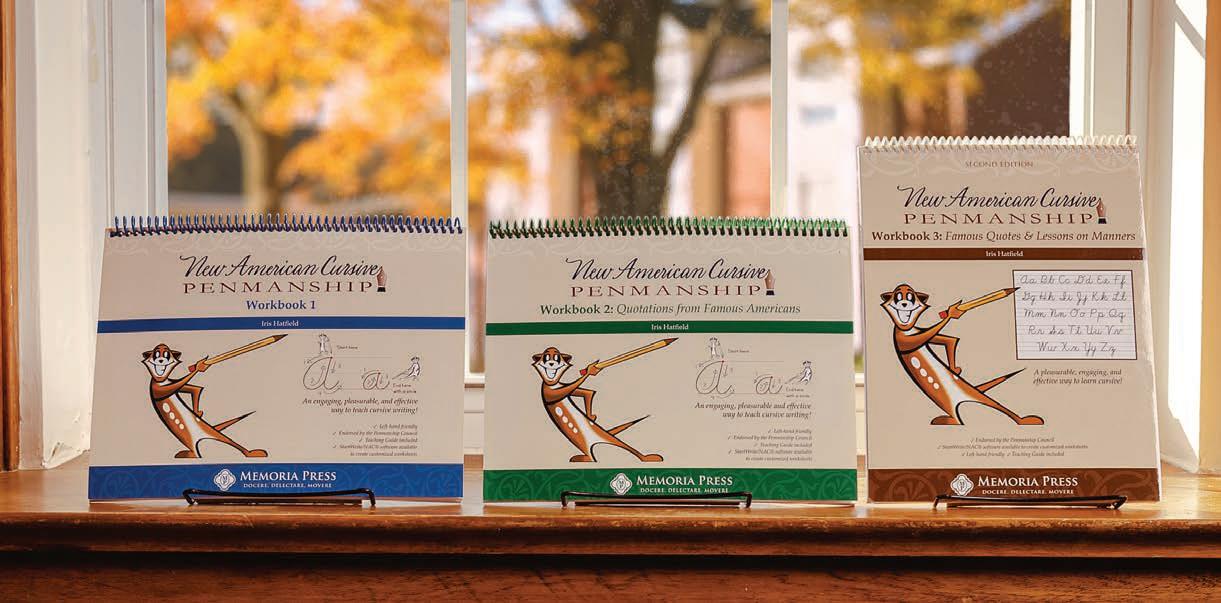
Grades 3+
$13.60
Startwrite CD

$29.95
Create customizable worksheets in the New American Cursive font to integrate handwriting practice with any subject. Digital download also available. (Windows only)
is easy-to-use supplemental resource for mastering a legible, attractive cursive enhances the pleasure of writing by practicing a di erent, inspiring wisdom Scripture each day. It also includes 50 helpful penmanship tips to improve cursive skills.
Grades K-2
$44.01 set (Copybooks I-III)
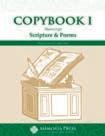
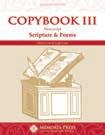



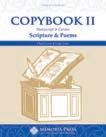
$16.30 ea.
Copybooks include memory passages, copybook exercises, and drawing pages, incorporating Scripture from the King James Bible and classic children's poems.




(New American Cursive font)
Grades 1-6 | $16.30 ea.
Copybook Cursive I is perfect for second graders alongside NAC 2 or older students needing more practice.
Copybook Cursive II includes Scripture passages from Christian Studies I, the 15 brightest stars from Astronomy, and the major gods from D'Aulaires' Greek Myths. In Copybook Cursive III, students practice their penmanship with beautiful memory passages from Christian Studies II e college-ruled lines of Copybook Cursive IV are perfect for older students honing their penmanship with the Scripture passages from Christian Studies III.
Grades K-6
$9.45 ea.
I: 5/8" Ruled for Younger Students
II: 1/2" Ruled for 1st-2nd Grade Students
III: College-Ruled for Older Students
Our Composition & Sketchbooks allow each student to write and illustrate compositions.
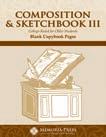
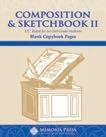
Summer Cursive
Grades 1-2
$16.30
is workbook is designed as summer practice for rising second graders who have completed New American Cursive 1. It is arranged in lessons to be completed three times a week during the summer.
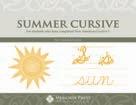
Cursive Practice Sheets I-III (New American Cursive font)
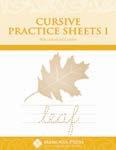
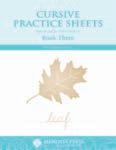
Ages 6+
$16.30 ea.
Our Cursive Practice Sheets include pages for practicing each cursive letter, Scripture copywork, and blank practice sheets. Book I is a good companion to NAC 1, Book II is extra practice for NAC 2, and Book III is wide-ruled for any older student who needs more practice.
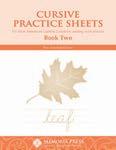
Alphabet Wall Charts
Available in Manuscript (blue) or Cursive (green) (11'' x 17'') | $17.35 ea.
ese visual aids reinforce each letter of the alphabet while young students learn to read and write or practice their penmanship. Each illustration is hand-drawn. e cursive charts use the New American Cursive font.

(New American Cursive font) by Cheryl
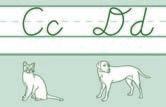 Swope
Swope
Ages 6-12 (chronological age or skill level)
Beginner or Intermediate $9.45 ea. ese journals let students practice cursive while thinking about God's daily blessings in their lives. e Intermediate Journal has a smaller font size and less tracing.
 by Cheryl Swope
by Cheryl Swope
Ages 4-11
$10.00
Savor small moments of wonder with your child as he learns the simple beauty of nature. is book can stand alone as a delightful supplement to any program.
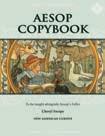
by Cheryl Swope
Ages 9+
$21.24 set (Fables and copybook)
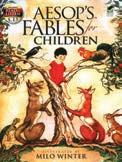
Aesop Copybook $10.00
Aesop's Fables $14.99
e Aesop Copybook is a lovely companion to Aesop’s Fables. It will strengthen your student's writing and composition skills while giving the opportunity to contemplate the timeless wisdom of Aesop's fables and learn from the gentle moral instruction they provide.
Alphabet Wall Poster
Manuscript and New American Cursive (22'' x 34'') | $7.90
is poster lists the entire alphabet in manuscript and cursive. It is the perfect resource if you don't have the space for our Alphabet Wall Charts .
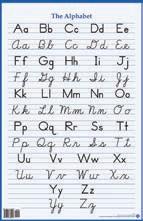
Stories help us chart a course through the often wild and dangerous geographies of being human. They give us direction— direction toward what, of course, is in large part at the discretion of the tale. This is the inherent potency of stories: Powerful stories compel us toward a version of ourselves either virtuous or vicious. Every time we engage with a story, we embark on a course headed toward one of these destinations, for it is a truth universally acknowledged that stories rarely lead us anywhere without transforming us in some way. Who can read the final sacrifice of Sidney Carton and not wish to be so full of perfect love? Who can read the imaginings of Sam on the slopes of Mount Doom and not long for such hope? Who wants to be like Gatsby, dead in a pool, bleeding out a dreamy and deceived faith?
I first experienced this mind-shaping, life-transforming, trajectorymaking efficacy of story in the works of Tolkien. ver the course of several years, I traveled with Bilbo and a company of dwarves to the Lonely Mountain and there outwitted a dragon. I felt a dwarvish greed awake within me at the sight of the Arkenstone and watched anxiously as the same greed took my friends and nearly turned them upon each other. I fought with the peoples of Middle Earth against the creatures of the enemy and bowed my head with grief at the death of dear companions. I was content in Bilbo's contentment; I grew restless with Bilbo's restlessness; and in the spirit of Bilbo, I joined Frodo and Sam on a long, perilous journey to Mount Doom. And finally, when I finished The Return of the King, for the first time in my life I cried at the end of a book simply because it was over. I felt a kind of despair to have no more nights to spend under the sacred stars and trees of Middle arth. For the first time I really understood the affective nature of story, and I saw how story can, more powerfully than any other medium, inspire within me a desire to be faithful, hopeful, and loving like the dear friends of the fellowship. I understood the possibility of redemption in a keener light, having grown angry at the treacherous desire of Boromir, but then solemn over his arrow-pierced body as I honored his life spent in the noble protection of his friends. I grew full of hope for a Kingdom where all joyful things are true and sad things are untrue—an enlivening hope that has never left.
Stories teach us in ways that more didactic forms of communication cannot. We need commands, instructions, suggestions, and advice, but one of the best means of persuading both our heads and our hearts is through a story. I need to be told to be courageous and hopeful when I fail to be. But in a much more fundamental way, I want to be courageous when I see andalf at the first gate to Minas Tirith—the luminous and last defender of all that is good and right and true—standing before the deathly Witch King of Angmar, willing at whatever cost to himself to resist the voice and spirit of that king. Commands tell me what's right; stories make me want what's right. Like the expert in the biblical law, I know that I should love my neighbor. But when Jesus tells the parable of the Good Samaritan, his story challenges my narrow conceptions of the command and strengthens my desire to love.
I am not alone in experiencing this effect of stories. Indeed, stories, and the characters within them, bear witness to this course-charting, will-shaping power themselves. Few tales so humorously demonstrate


the potency, even the peril, of this nature of story as Cervantes' Don Quixote. Here we have a man who's stuffed his head so full of the romances and fantasies of knights errant—stories of chivalry and virtue—that he's grown mad under their weight. He can no longer distinguish their fantasy from his reality. So, he sets off to perform the deeds of the storied knights he so desperately admires in an attempt to resurrect a robust knight errantry in an unchivalrous world. And as he rides his feeble Rocinante, leading along his squire Sancho, he exposes his delusion in dangerous, silly combat with the likes of windmills, sheep, and priests. As we ride along with him through the wilds of Spain, we recognize the mighty tug of stories on the heart and mind of a man powerless to resist them. At least his stories of chivalry were virtuous even if his imitations of the heroes did not bear the virtues out.
But what if I pick up a story that revels in darkness, that exhalts nihilism over hope, a story that is essentially vicious— what am I tempted toward then? If stories can inspire toward virtue, they can also be dangerous and uncertain. Such stories can subvert—and often seek to subvert— "unreal" virtues for the sake of a mad adherence to a materialism devoid of divine power. They are quixotic stories inverted, campaigning to destroy our silly fantasies with barrages of the real— the hopelessly real. Stories like this offer visions of the world that are cold and stark; they forget the vibrant warmth of fantastic, spiritual life that invests the best stories with higher truth and deeper magic. Authors of such stories would happily replace the fantasies of Tolkien, Lewis, and Chesterton. But we won't let them.
Beside, but above, such grim tales stands a different kind of dangerous and uncertain story, whose themes require a maturity and critical faculty to appreciate, and whose themes won't let us remain comfortable. These are difficult and complex, but with a propitious kind of moral complexity.
Graham Greene is a master of such complexity. Some of his books illuminate only by means of a flickering flame shrouded in an oppressive darkness. In The eart of the Ma er, Greene gives us a man named Scobie who's caught between his concern for his reputation and the desperate, secret acts he feels compelled to commit. Though trying to do his job with order and care, he feels forced to make little concessions for the sake of those he seems to love
(but with a sickly, pallid love). These concessions torment him and mislead him. His acts grow more sinful until, finally, he condemns himself as a reprobate, irredeemable—damned.

Yet Greene is masterful here. In one small, crucial event, we sit with Scobie in his despair before a statue of Christ on the cross, and in so doing we see a means of escape for him. In a brief smattering of thoughts, Scobie realizes that the sinless Christ overcame his torment by suffering in public. Nevertheless, in suspense we watch as Scobie, too concerned for his clean reputation, refuses to follow Christ's example in suffering. In horror, we watch as he rejects the means of escape we wish he would take. And as Scobie later makes
his irrevocable and final choice, we understand what he no longer can, that it is better to come clean, to confess, to share our sufferings in public than to allow a concealed, corrupting sin to fester in our souls. A small event, a statue of Christ, a flickering flame—but enough light to dispel the darkness if only we'd look at it. A direction forward, if only we'd take it.
We need these stories too—complex stories that are inherently good as well as difficult—because they are such significant means of growth for us. We neglect these stories at the risk of stagnation; we ignore these stories at the risk of missing a path towards becoming fully human—a human marked by virtue.


So it is that every time you pick up a good, enduring, even difficult book, you are participating in a powerful event, brimming with the potential of transformation. It's a dangerous business, turning the page. ou begin the first chapter, and, if you don't keep your wits, there's no knowing where you might be swept off to.


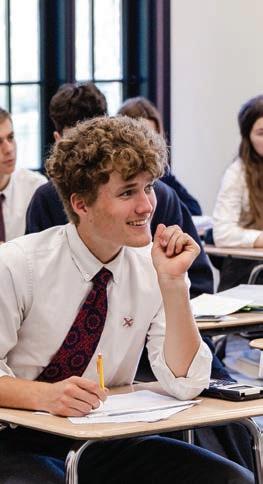
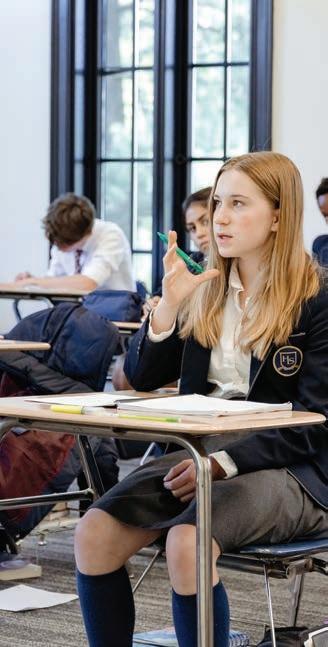
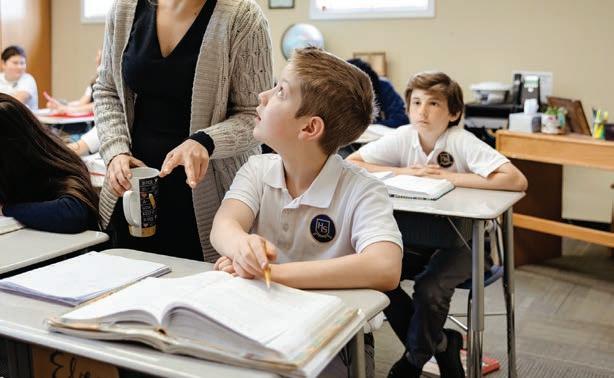


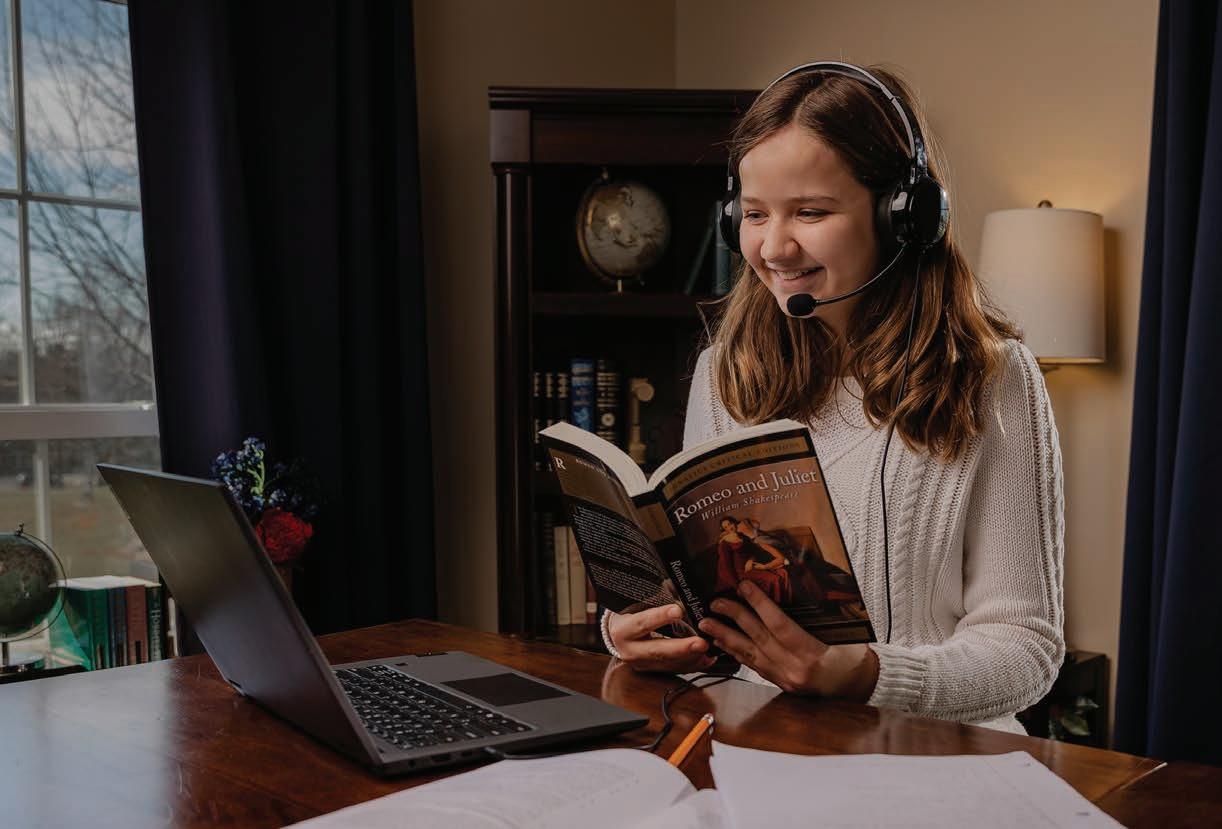
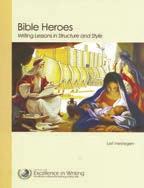
Grades 1-2
$35.00
Get to know the heroes of the Bible while working through writing exercises that include key word outlining, paraphrasing, and summarizing stories. Teacher's Manual eBook is included.
Grades 3-4
Student $11.50
Key $11.50
by James A. Selby | Grades 4-12
$96.22 set ea. (student, teacher, videos)
Student $21.95 ea. | Teacher $29.95 ea.
Instructional Videos:
DVDs or Streaming $55.00 ea. (available for I-VIII)
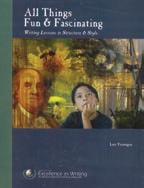
Grades 3-5 | $35.00
Humorous characters and fascinating creatures will help young students enjoy learning to take notes, summarize narrative stories, write from pictures, and compose creative essays. Teacher's Manual eBook is included.
is introductory program focuses on narration, outlining, dictation, and copywork to help students become more pro cient in listening and writing skills, a great preparation for Classical Composition . is yearlong writing course uses focus passages from Charlotte's Web , Farmer Boy , A Bear Called Paddington , Mr. Popper's Penguins , and e Mo ats
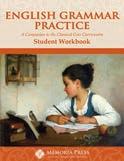
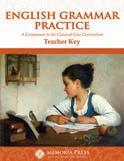
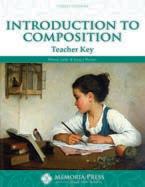
Classical Composition is our study in the progymnasmata ("the before exercises"), a combination writing and pre-rhetoric program that teaches students the fundamental writing skills of style, arrangement, and invention in clear and systematic lessons. e nine stages of Classical Composition will not only teach the art of communication, but are designed to produce what Quintilian once called "the good man, speaking well."
e structured lessons in the Student Guides help students become con dent writers as they thoroughly master the incremental skills of each stage. e Teacher Guides provide sample answers for every exercise as well as scripted Chalk Talk. Optional Instructional Videos are also available if you'd like the support of a master teacher to help guide you and your students through the lessons.
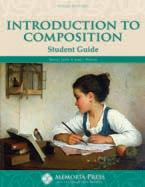
Grade 2
Student $8.95 | Teacher $11.50
Designed for the nal year of primary school, this program is used as morning work or oral practice of many basic aspects of language arts, from capitalization and punctuation to language and reading skills.

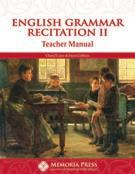
Grades 3-8
English Grammar Recitation $11.50 | Flashcards $14.20 Student $13.60 ea. | Teacher $14.65 ea.
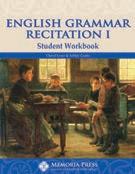
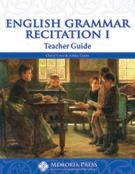
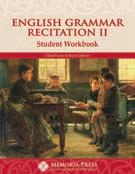
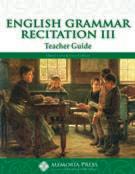
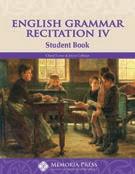
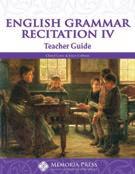
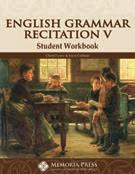
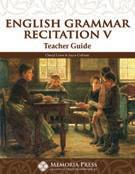
Memoria Press' English Grammar Recitation is perfect for the student who needs an English grammar program that coordinates with his study of Latin. 150 grammar questions with answers and examples, designed to be studied and memorized much like a catechism, are compiled in the English Grammar Recitation reference book. ese questions are learned over the course of six years in just thirty minutes a week. Students are given practice exercises in the Student Workbook and the opportunity to practice immediate recall with the Flashcards. e Teacher Guide provides answers to all exercises.
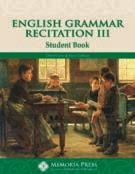
Starting late? No problem! Complete Fable and Narrative in one year and get a reduced package price of $138.98 for both sets of Student and Teacher Guides and videos.
CLASSICAL COMPOSITION STAGES:

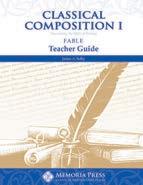
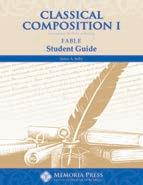
I: Fable (pictured)
II: Narrative
III: Chreia & Maxim
IV: Refutation & Con rmation
V: Common Topic
VI: Encomium, Invective, & Comparison

VII: Characterization (1 semester)
VIII: Description (1 semester)
IX: esis & Law
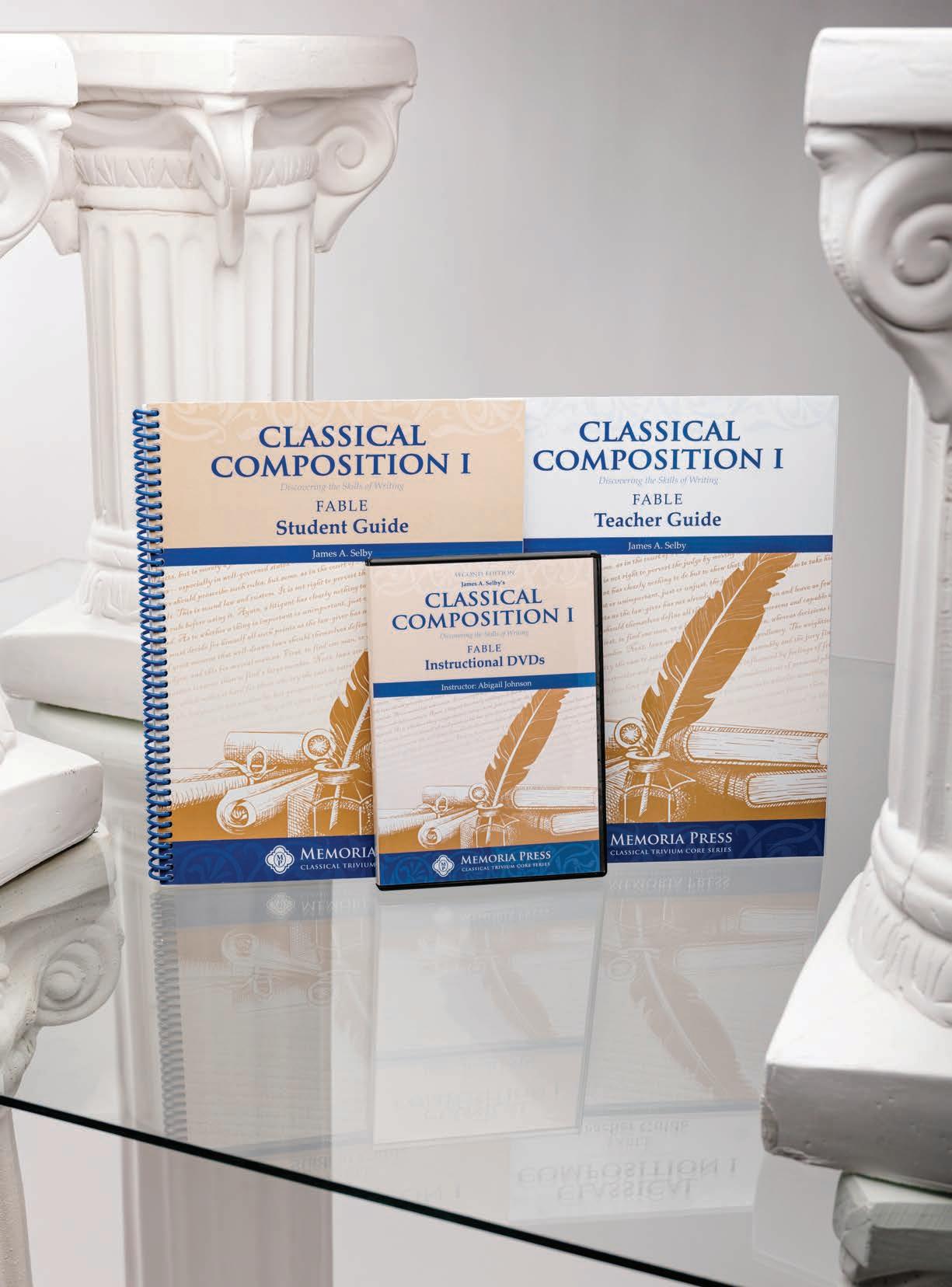
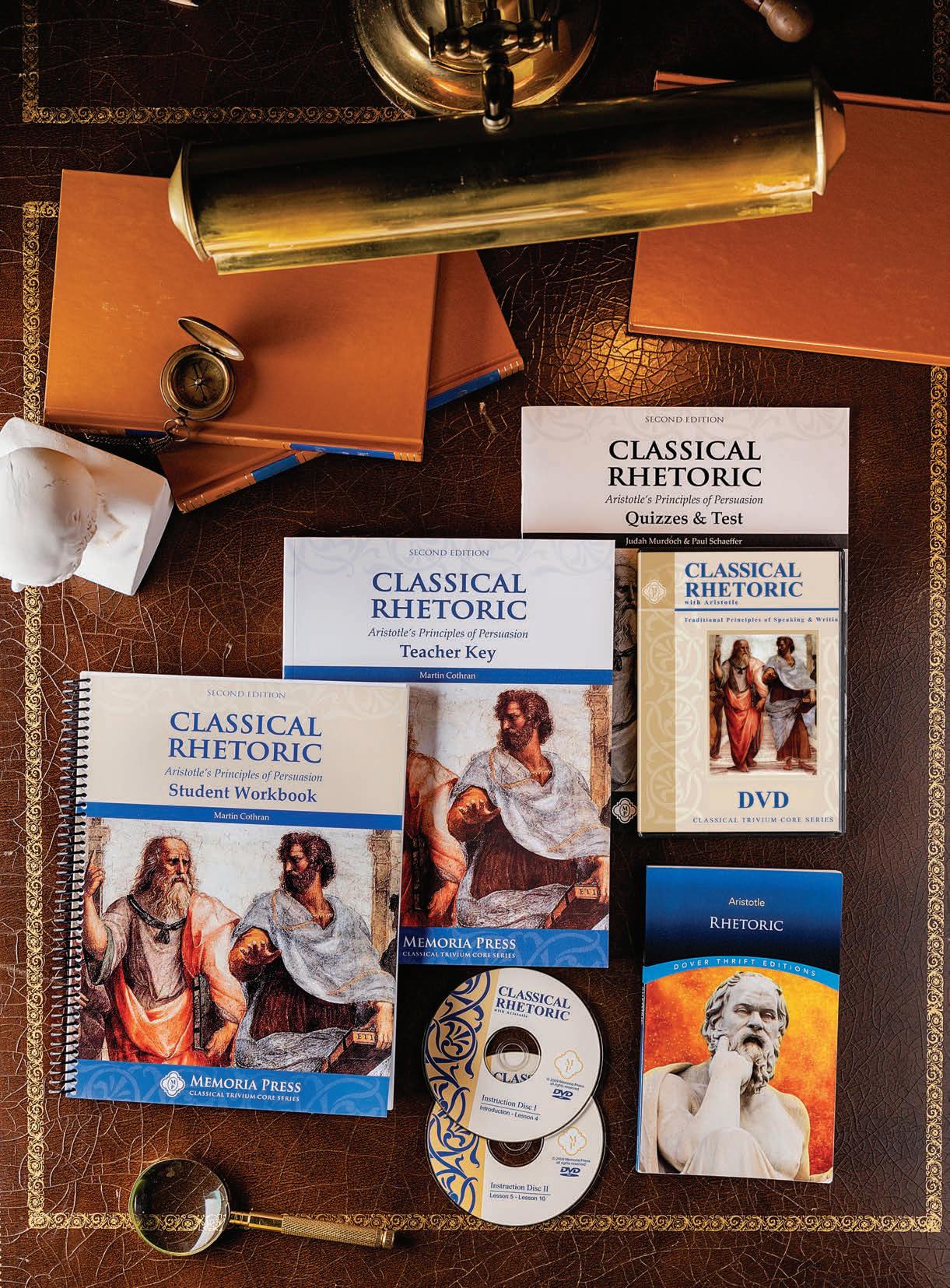



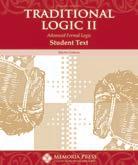 by Martin Cothran | Grades 7+
by Martin Cothran | Grades 7+
$79.99 complete set ea. (text, workbook, key, quizzes, videos)

$43.74 basic set ea. (text, workbook, key, quizzes)
Text $15.75 ea. | Workbook $18.40 ea. | Key $11.50 ea.
Videos $55.00 ea. | Quizzes $6.00 ea.
$95.99 complete set
(text, workbook, key, quizzes, videos)
$46.49 basic set (text, workbook, key, quizzes)
Text $15.75 | Workbook $18.40
Key $11.50 | Quizzes & Test $6.00
Videos $55.00
Material Logic is a course in how to think. It covers the branch of logic called "informal logic" that deals with the content of argumentation. It can be used as a follow-up to Traditional Logic or simply as an introduction to the rudiments of classical philosophy for high school students. e program covers the ten ways something can exist, the ves ways of saying something about something else, de nition, and division.
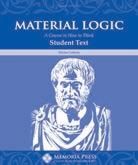
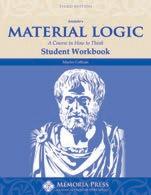
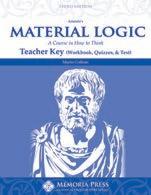
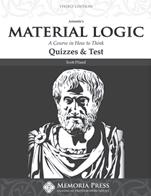
 by Peter Kreeft & Ronald K. Tacelli
by Peter Kreeft & Ronald K. Tacelli
$30.00 (optional supplement)
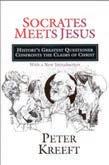 by Peter Kreeft
by Peter Kreeft
$22.00
supplement)
Traditional Logic I and II cover the branch of logic called "formal logic," which is concerned with the form and structure of reasoning. It focuses on the procedural aspect of reasoning, its mechanics, how we properly get from two premises or assumptions to a conclusion. e program is designed to teach students a practical mastery of the art of argument.
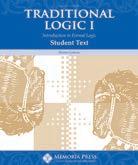
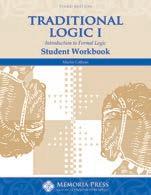
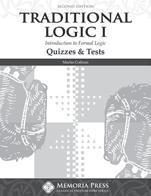
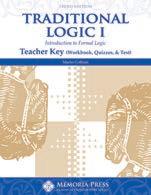
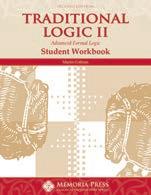
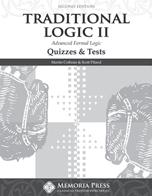
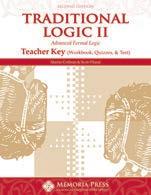
Traditional Logic I presents the four kinds of logical statements, the four ways propositions can be opposed, the three ways which they can be equivalent, and the seven rules for the validity of syllogisms. In Traditional Logic II students will master the use of the nineteen valid categorical argument forms through the memorization of a medieval mnemonic device, and learn the three kinds of hypothetical arguments. Students will study examples of arguments from history and literature.
e Texts explain challenging concepts in clear, concise language. e accompanying Student Workbooks include enough exercises to ensure that the student masters the material before moving on. e Teacher Keys include answers to the workbooks, quizzes, and tests. Instructional Videos are also available if you would like a little help from the author teaching the material.
Classical Rhetoric: Aristotle's Principles of Persuasion
by Martin Cothran | Grades 9+$148.95 complete set
(basic set + How to Read a Book & Figures of Speech)
$97.25 basic set
(student, teacher, videos, Aristotle's Rhetoric)
Student $29.95 | Teacher $11.50
Quizzes & Tests $6.00
Videos $55.00 | Aristotle's Rhetoric $5.00

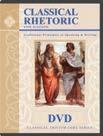
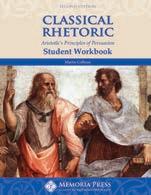
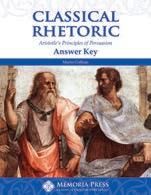
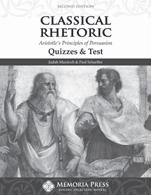

How to Read a Book $19.99

Figures of Speech $44.95

Classical Rhetoric is a guided tour through the rst part of the single greatest book on communication ever written: Aristotle's Rhetoric. is course involves a study of the fundamental principles of political philosophy, ethics, and traditional psychology. Your student will not only learn the basics of political speech, but also the elements of good character, the seven reasons people act, and what elicits speci c emotions under particular circumstances and why.
(REQUIRED supplement)
by Mortimer J. Adler & Charles Van Doren$19.99
(optional supplement)
by Arthur Quinn$44.95
(optional supplement)
Education, it has been said, should knock windows into the world for us. We are born into a closed and darkened room: As the windows are opened, we see, here, man, with all his character and capacities, experiments, endless achievements, and possibilities, there, the material world itself, the elements that compose, and unexpected laws that govern it. The windows are unmade, or in the making, when we are fourteen. We have no notion of the landscapes and moving figures outside our prison house, and an essential aspect of education is to make openings in its walls, and take us to them, and give us time to view the scene beyond.
An open and alert mind, which understands human nature and its possibilities, which can judge and sympathize, which because of its wide survey and outlook on the world creates new opportunities and developments, prospers in commerce or in any work—but it is the child of a varied education, not of narrow technical training.
The great gap in science is that it tells us hardly anything about man. This sounds paradoxical, yet consider: Suppose that we have studied physics, chemistry, physiology, zoology, and the rest—how much do we thereby know of man? Perhaps we have mastered the history of his tissues, his nervous system,
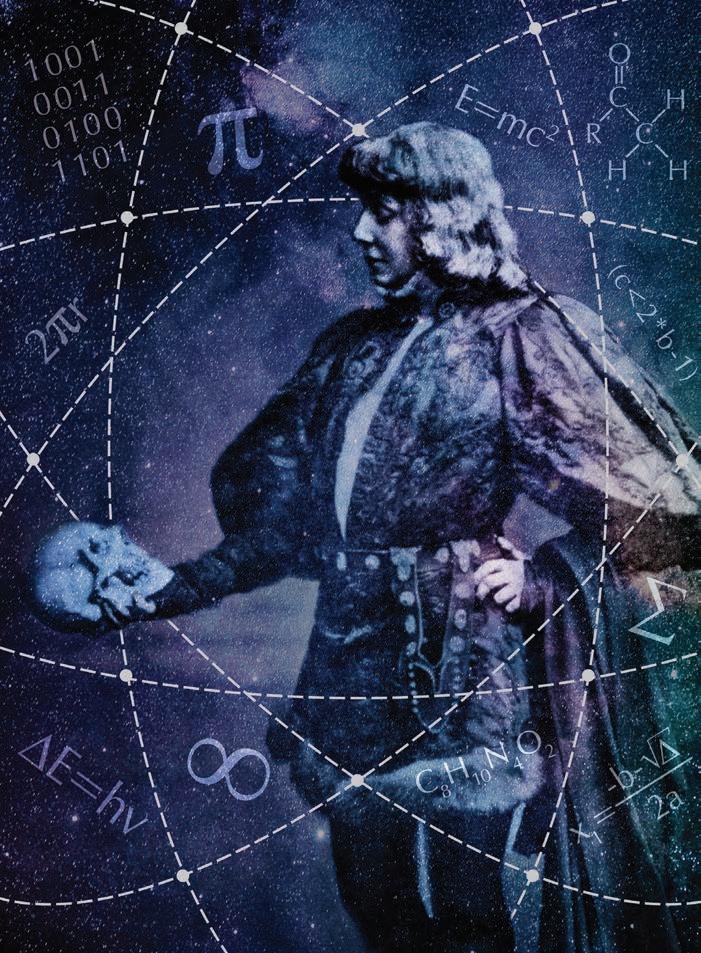
his bones and sinews; perhaps we understand his structure and constitution, the laws which regulate his production, growth, and decay. Still, we know nothing of him as he moves in actual life. The man who is our friend, enemy, kinsman, partner, colleague, with whom we live and do business, who governs or is governed by us, has never once come within our view.
As science reveals to us the physical constitution of ourselves and of the world round us, so the humanities reveal to us man. There is no science of man. Anatomy and biology, while they have much to say about his body, throw little light upon his behavior, nor explain why he makes a French Revolution or a European war, why he is a miser or a spendthrift, a Machiavelli or a Frederick the Great. Physical science does not deal with this kind of thing. Yet the "science" which everyone needs, and statesmen above all, is such a knowledge of man.
Now there is, if not a science, yet a record and account of man. We call it, according to its various
aspects, by the various names of literature, history, philosophy. And this is the justification of the literaryphilosophic-historical education which prevails in our secondary schools and universities.
Generally speaking, the subject of that education is man—man viewed in himself and his proper nature, viewed as literature views him, as a being with feelings and prejudices, virtues and vices, ruled by intellect, or perverted by passion, inspired by ideals, torn by desires, acting on plan and calculation, or carried away by unreflecting emotion, sacrificing his life, now for gold, now for an ideal—an adulterer, a patriot, a glutton, a dreamer; Aegisthus, edipus, Hamlet, Macbeth, Faust.
Before the student of literature, philosophy, and history are displayed all the forces and ideas that have governed man, personal, religious, or political—to see why he has rejected this and espoused that, why this failed and that was successful, what are liberty and religion, family affection and personal greed, and in a word, to study Man. As he reviews them, and compares them with the present, he can see, as far as a man can see, what ideas have come down to his own day, and what new elements are combining with them, can forecast in some degree the future, and by virtue of his knowledge guide the streaming forces, and shape the molten mass, serve his country, and use to the best advantage his own powers.
The world is far more intelligible to us if we have studied history and literature. We understand Hamlet or Brutus, when we meet them in the flesh, far more readily if we have already met them in Shakespeare. Their actions have a meaning for us because we have the clue to their character. We are like visitors to a foreign town who have already studied its map. The lie of the land, the plan of the whole, is already familiar for us, and we pick up our bearings quickly, instead of wandering vaguely about the streets.
Then a further point. One of the chief objects of education is to train flexibility of mind, to make a man quick to comprehend other points of view than his own. Obviously, no power is more necessary in dealing with men. To be able to discard for the moment his own opinions, and see the world through the eyes of other classes, races, or types, is as indispensable to the merchant as to the statesman.
Imaginative literature in prose or poetry helps us also in our turn to see the world with imagination:
The poet in a golden clime was born, With golden stars above.
But the ordinary man is not born in a golden clime, and though his happiness, and in the best
sense, his success, depends on his reaching it, little in his surroundings helps him to do so. Besides, human nature is sleepy: It suffers from a pervading apathy. The world is full of an incredible wonder, and yet somehow we are not much stirred. verywhere the world suffers from its aeonian disease—there is no open vision, and where there is no open vision the people perish. Everywhere we are weighed under the burden of which Goethe spoke, was uns alle bandigt, das Gemeine : "The universal subjugator, the commonplace." Both in politics and in life we are inevitably immersed in details, and forget to see with the eyes of imagination. We run no risk of overlooking the details, they force themselves on us and prevail.
But we may easily miss the illumination by which we can see the whole sub specie aeternitatis, the light without which the whole body is full of darkness. Here it is that the poets and men of imagination help us. They touch the springs of our hearts, and let the poet in us loose.
That is why literature holds so important a place in education. It is a country where the light of imagination is continual, and all things are illuminated by it. It is the world we know, inhabited by the men and women around us. The Grecian urn of Keats was a black clay vessel, with white and red figures, in a glass case in a museum, his nightingale and Shelley's skylark and Wordsworth's cuckoo are the birds of our fields. The ngland of Wordsworth's sonnets is the same country whose soil is beneath our feet. We have all met Kent and Horatio, Imogen, Cordelia, and Juliet, or we have been very singular. Only, since we are not poets, our eyes have been held, and we have not known the meaning of what we saw. But the poet sees the secret beauty and inner significance of things. We are happier, wiser, better, for being taught thus to see the world.
So we hand our youth over to literature, to the prophets of humanity, in the hope that he may learn to see the world as they saw it, and catch something of their joy, nobility, and inspiration. Without it, a man may be a "flourishing earthworm." He will never be great, he will hardly be a man.
While supporting any attempt to improve the teaching of science where it is deficient, and to bring more science where it is needed in national life, we shall remember that an education based solely on physical science would not only leave the mind unflexible, unsympathetic, unimaginative, and undeveloped, but would ignore what is more important than the Cosmos itself. ur motto was written ,500 years ago on the walls of the temple of Apollo at Delphi, "Know thyself."
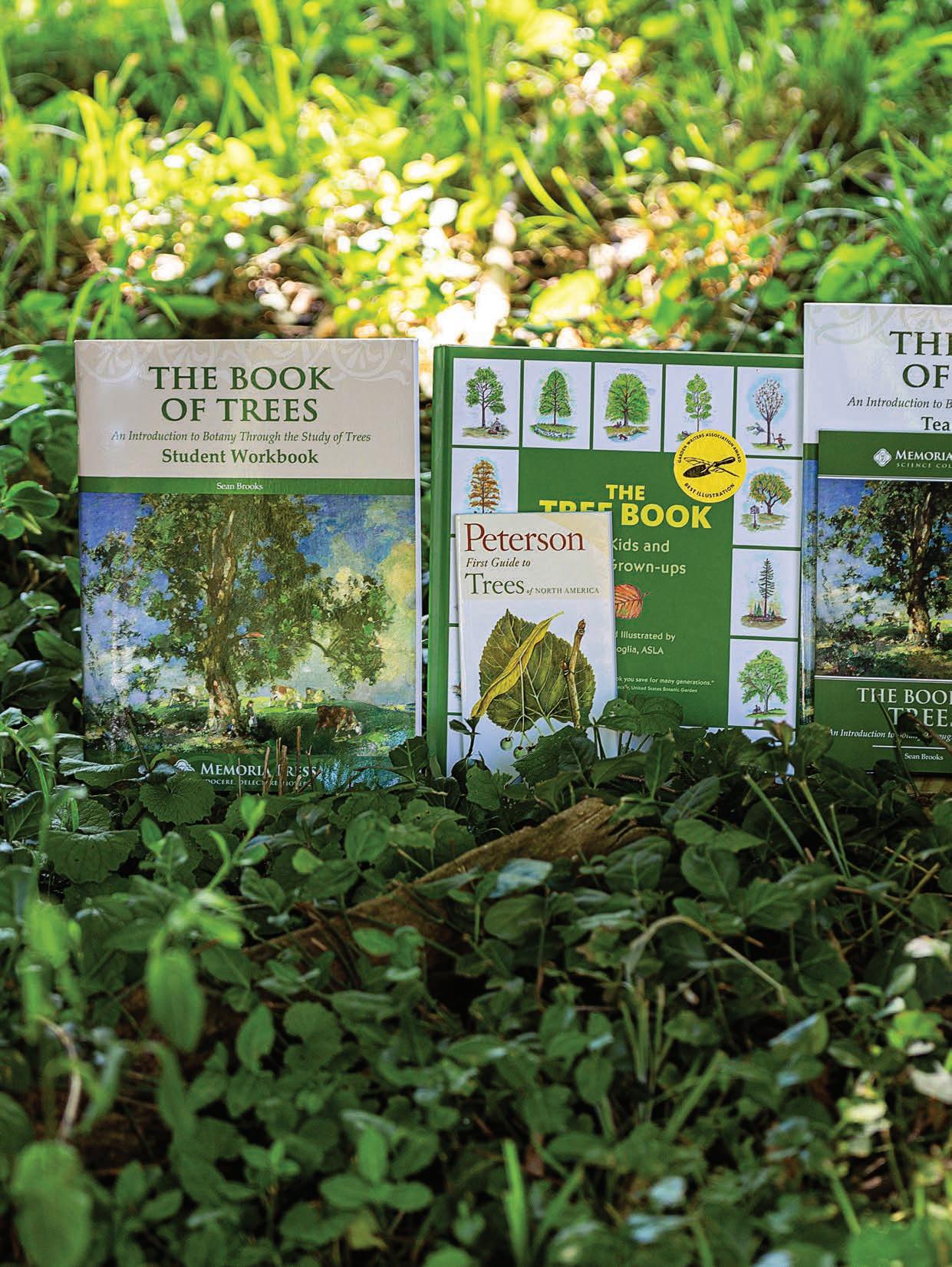
Grades 3+ $72.67 set (student, teacher, The World of Mammals, What Is a Mammal?, What Is the Animal Kingdom?)
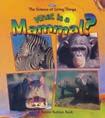
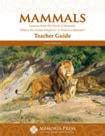
Student $16.75
Teacher $18.85
e World of Mammals $21.00
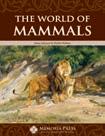
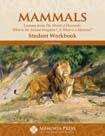
What Is a Mammal? $9.95
What Is the Animal Kingdom? $9.95
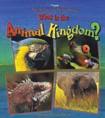
e young student's natural fascination with animals makes this in-depth study of the habitats, behaviors, and classi cation of mammals a wonderful grammar school course. Lessons draw from e World of Mammals, What Is the Animal Kingdom?, and What Is a Mammal? and include comprehension questions, drawing exercises, and observation pages.
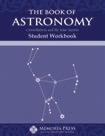
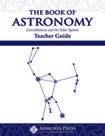
Grades 3+
Student $16.75 | Teacher $19.90
Teach your student the story of the sky! is guide covers stars, constellations, the solar system, and the zodiac.


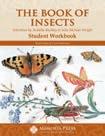
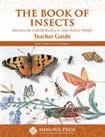

Grades 4+
$69.44 set (text, student, teacher, field guide, flashcards)
Text $17.35 | Student $17.35
Teacher $19.45 | eBook $12.00
Flashcards $14.00 | Peterson Guide $8.99
A narrative approach to the life of insects that takes your student through classi cation, anatomy, and more!
$82.16 set (text, student, teacher, field guide, coloring book, flashcards)
Text $20.50 | Student $17.35 | Teacher $19.45
Peterson Guide $8.99 | Coloring Book $10.99 | Flashcards $14.00

e Book of Birds is a thorough introduction to a fascinating avian world, covering everything from anatomy and the physics of ight to social habits and habitats.

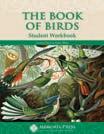
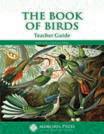

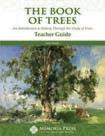
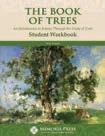
by Sean Brooks | Grades 6+
$67.23 set (text, student, teacher, field guide, Tree Book)

Text $17.35 | Student $17.35 | Teacher $19.45
Peterson Guide $8.99
e Tree Book for Kids and eir Grown-Ups $15.95

Do you know that the very gift of breath is the result of the oxygen that trees and plants produce? Or that trees and plants provide the means of sustenance for all life on Earth? e Book of Trees , along with the Student Workbook and Teacher Guide , will teach your student both plant morphology and taxonomy (the di erent parts and di erent kinds of plants), as well as photosynthesis and respiration. Other chapters cover owers and fruits. e second half of the course is dedicated to tree observation and classi cation.
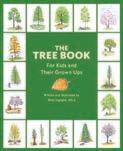
Grades 5-9
Text $14.99 ea.
Supplemental Student Questions $6.00ea.
Teacher Key & Tests $8.95 ea.
J. H. Tiner's illustrated science books for middle school students are written from a biblical perspective and have won numerous awards. Each includes review questions and activities for every chapter, and Memoria Press has written supplemental questions, unit reviews, and tests for each book.
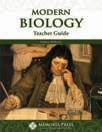
Choose From:
Exploring the History of Medicine
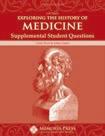
Exploring Planet Earth
Exploring the World of Mathematics

Exploring the World of Chemistry

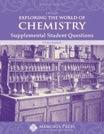
Grades 6+
Text $21.95 | Student $13.60
Teacher $14.65
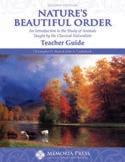
Exploring the World of Physics
Exploring the World of Biology

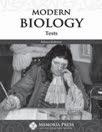
Exploring the World of Astronomy
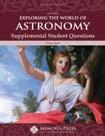


Grades 6+
See full book and price lists on MemoriaPress.com!
Novare is committed to a masterylearning paradigm. Accurate explanations and a thorough treatment of the subject matter characterize these courses from start to nish. e Digital Resources download includes quizzes and exams, a teacher key, weekly review guides, and more.
Choose From:
Physical Science
Earth Science


Introductory Physics

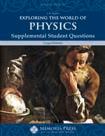
Grades 9+
Student $19.95 | Teacher $22.95
Tests $5.25
Coloring Workbook $24.99
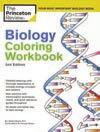
General Chemistry
Accelerated Chemistry

Physics: Modeling Nature

is introduction to natural history instills in the beginning student of biology a love for the beauty and order of the animal kingdom through the eyes of the classical naturalists.
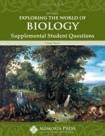

Streaming Instructional Videos $55.00 Spend several weeks each on biochemistry, cell structure, genetics, microbiology, the structure and function of plants, and a study of vertebrate and invertebrate animals.
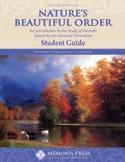
*NOTE: Modern Biology has gone out of print. If you are using our guides for this program you will need to purchase a used textbook elsewhere.


